Dental Implants Brisbane
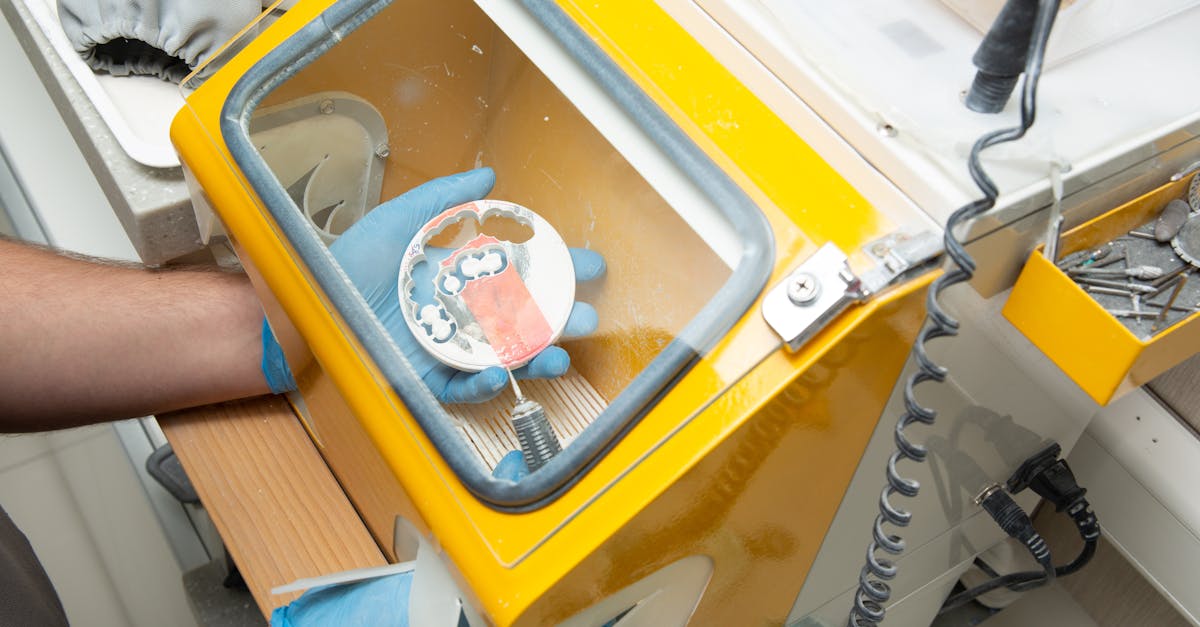
Portion Control and Eating Techniques Post-Implant
Balanced meals play a crucial role in recovery, especially following an implant procedure. They provide the essential nutrients needed for healing and overall well-being. A meal comprised of proteins, carbohydrates, and healthy fats helps support the...
Read more →
Smoothies and Nutritional Shakes for Post-Implant Healing
Leafy greens serve as essential components in a healing diet due to their rich nutritional profiles. Varieties such as spinach, kale, and Swiss chard are packed with vitamins A, C, and K, which contribute significantly to the body's healing processes...
Read more →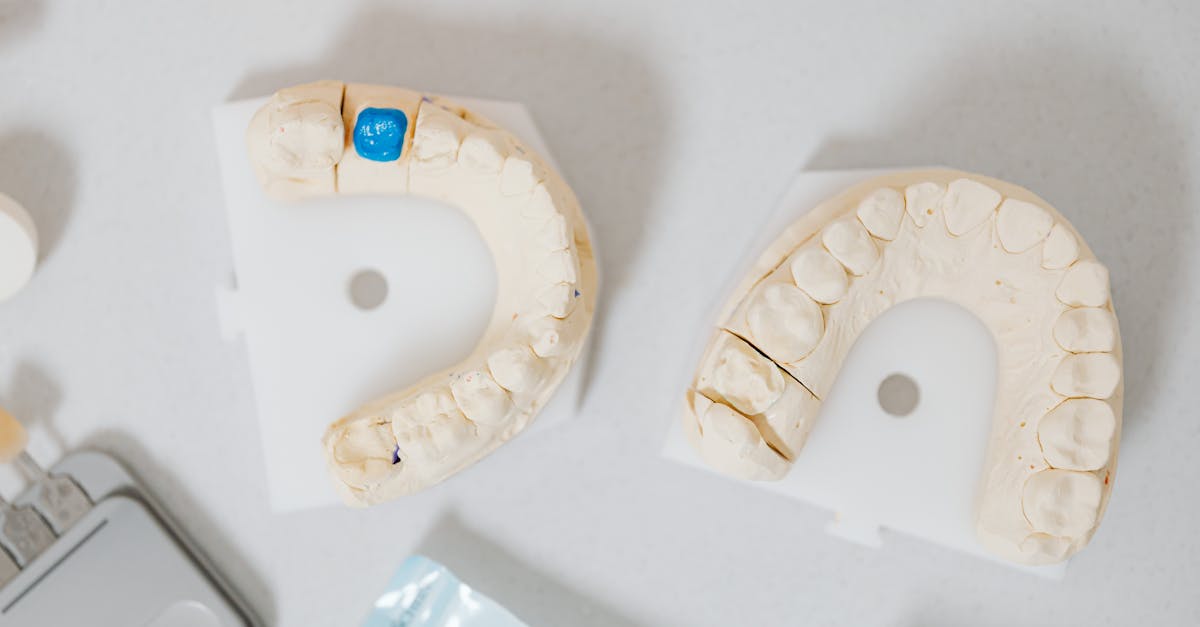
How to Adjust Your Eating Habits After Dental Implants
Proper hydration plays a pivotal role in the recovery process following dental implant surgery. Water aids in soft tissue healing by keeping the mouth moist and promoting the circulation of nutrients that are vital for recovery. Staying well-hydrated...
Read more →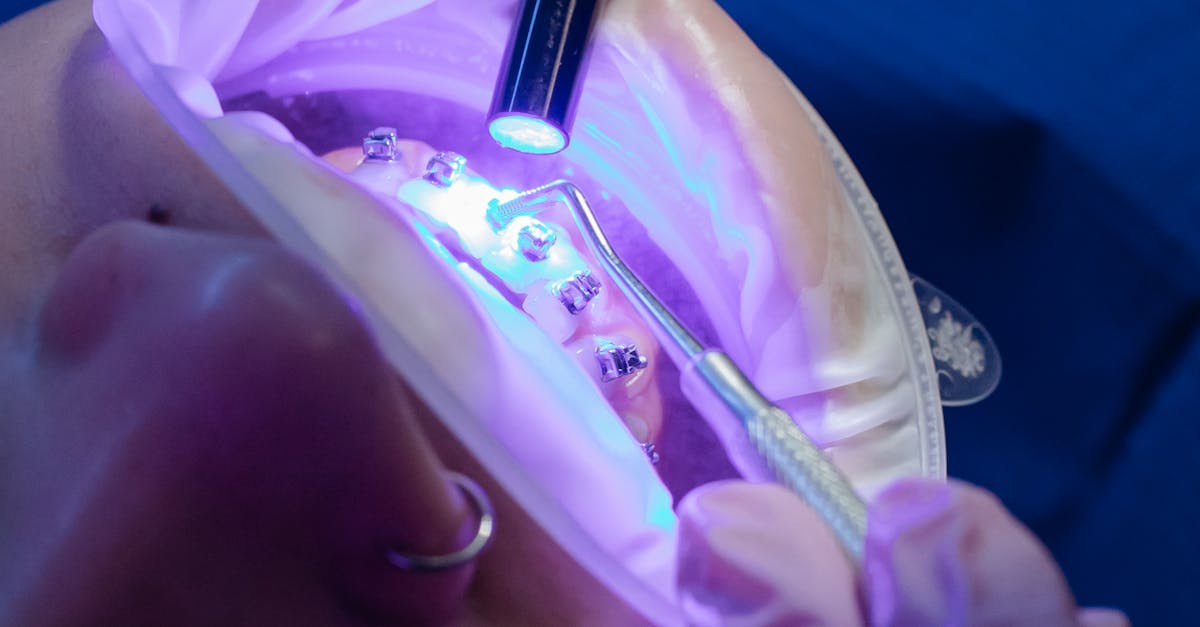
Maintaining a Balanced Diet After Dental Implant Surgery
After dental implant surgery, focusing on soft, nutritious foods is essential for a smooth recovery. Meal planning should prioritise items that are easy to chew and digest, while also being rich in vitamins and minerals. Incorporating smoothies and s...
Read more →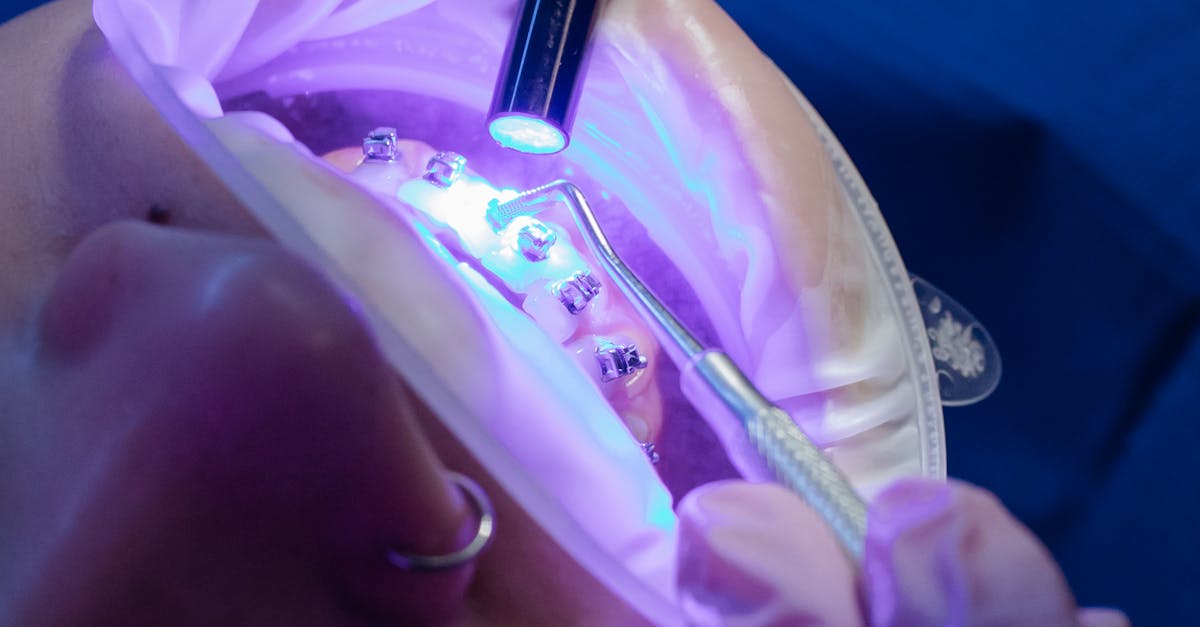
The Role of Vitamins and Minerals in Healing After Implants
A well-functioning immune system and effective recovery processes heavily depend on adequate nutrient intake. Vitamins and minerals play crucial roles in cellular repair, immune function, and overall health. Deficiencies can significantly slow healin...
Read more →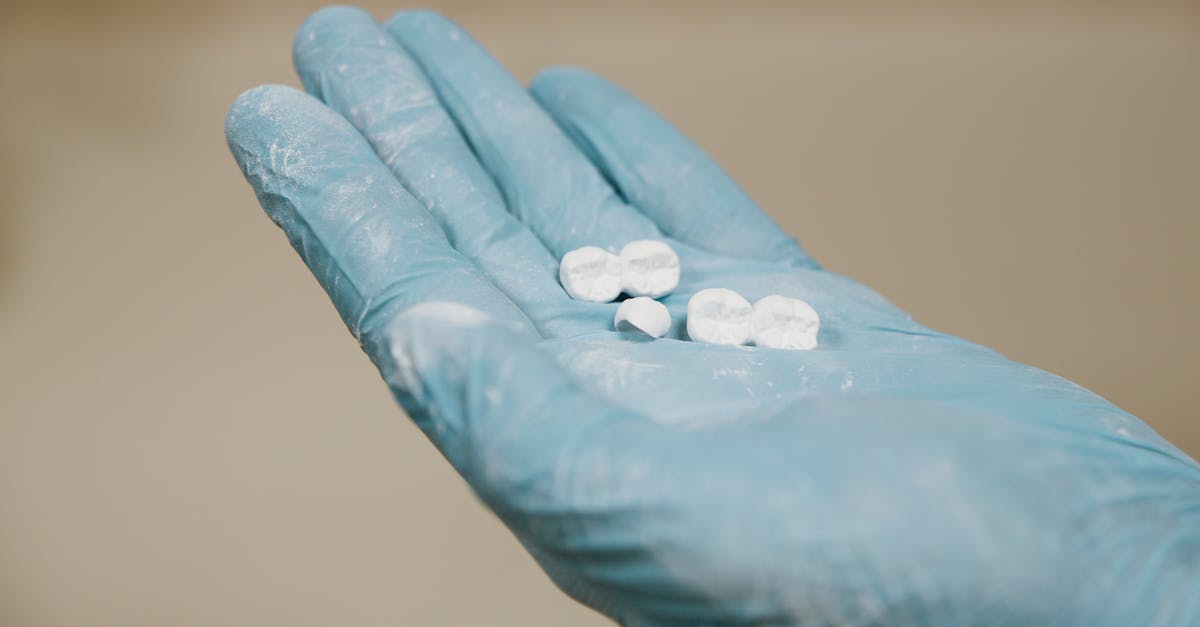
Hydration Importance Following Dental Implant Placement
Caffeine and alcohol can have detrimental effects on the healing process following dental implant placement. Both substances are diuretics, which can lead to increased dehydration and hinder the body's ability to recover efficiently. This may result ...
Read more →
Incorporating Soft Foods into Your Diet After Implants
After dental implant surgery, it is essential to ease into a diet of soft foods. This practice helps to minimise discomfort while promoting healing. Begin with options like mashed potatoes, yogurt, and smoothies, which are easy to consume and nutrien...
Read more →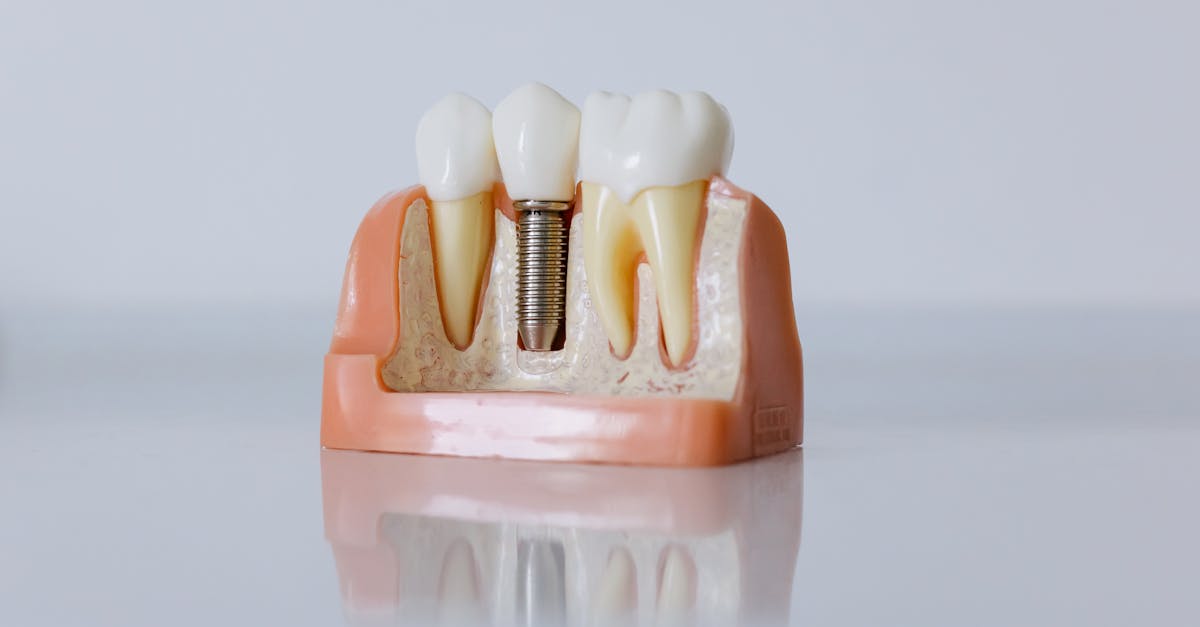
Nutritional Tips for Post-Implant Recovery in Brisbane
Certain foods can hinder the healing process following dental implant surgery. Avoid consuming hard, crunchy items that can put unnecessary pressure on the implant site. Foods like nuts, popcorn, and chips can irritate the area and potentially harm t...
Read more →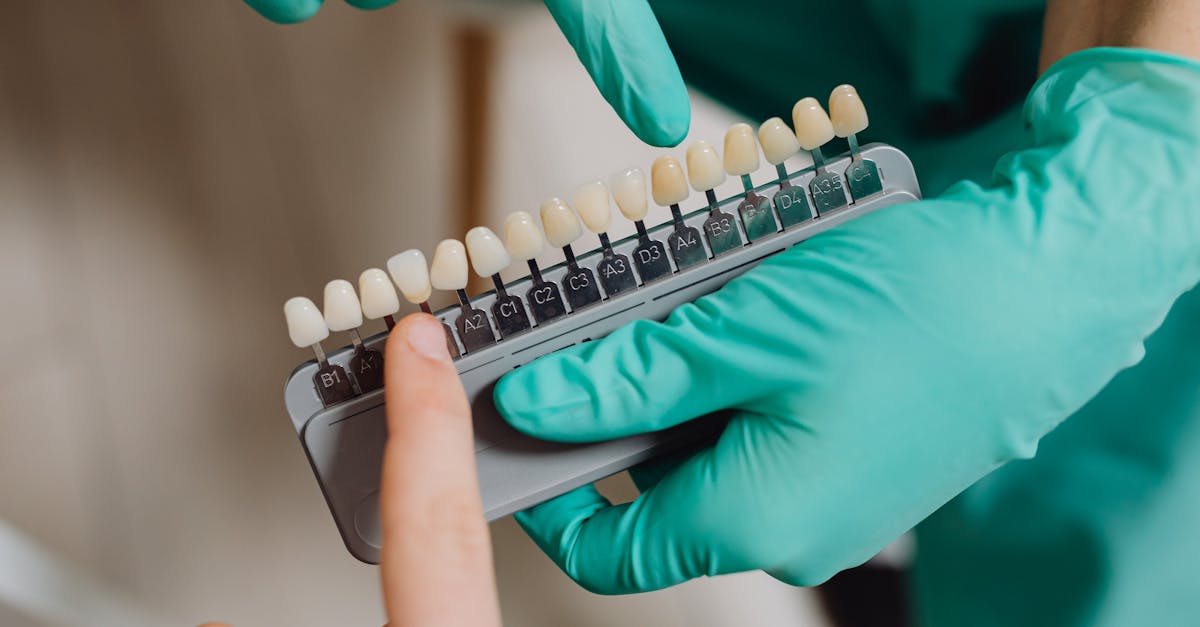
Foods to Avoid After Receiving Dental Implants
After receiving dental implants, it becomes essential to consider the impact of certain foods on the healing process. Acidic foods and beverages, such as citrus fruits, tomatoes, and soft drinks, can increase discomfort and irritation at the surgical...
Read more →
Effective Pain Management Techniques for Recovery
Nutrition plays an essential role in managing pain and supporting recovery. Consuming a well-balanced diet rich in vitamins and minerals can promote healing and reduce inflammation in the body. Nutritional choices impact not only physical health but ...
Read more →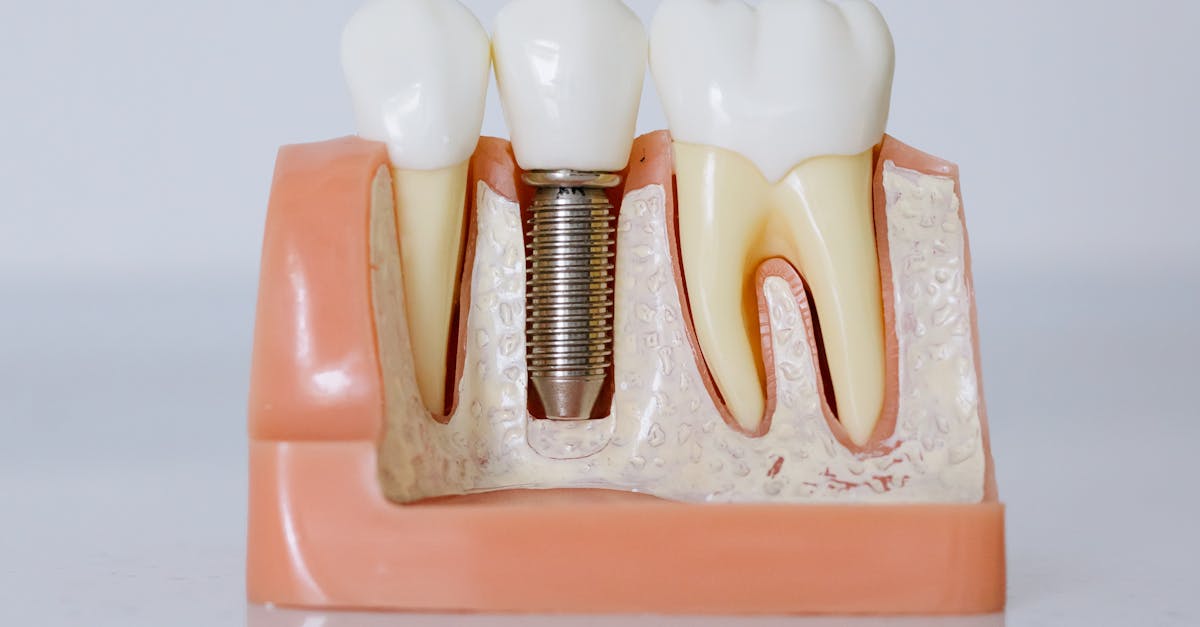
Approaches to Relieve Nerve Discomfort After Placement
Heat and cold therapy can be effective methods for alleviating nerve discomfort after placement. Heat is known to enhance blood circulation, which can help ease tension in the muscles and reduce stiffness around affected areas. Applying a warm compre...
Read more →
Dealing with Sensitivity in the Immediate Aftermath of Surgery
A well-defined recovery routine can significantly enhance the healing process following surgery. This routine serves as a guide, helping individuals navigate their daily activities while accommodating their physical limitations. Incorporating consist...
Read more →
Understanding Bone Graft Discomfort After Implant Placement
Experiencing discomfort after implant placement is a common occurrence. One effective strategy involves the use of pain-relief medications. Over-the-counter options, such as ibuprofen or paracetamol, can help alleviate mild to moderate pain. It's imp...
Read more →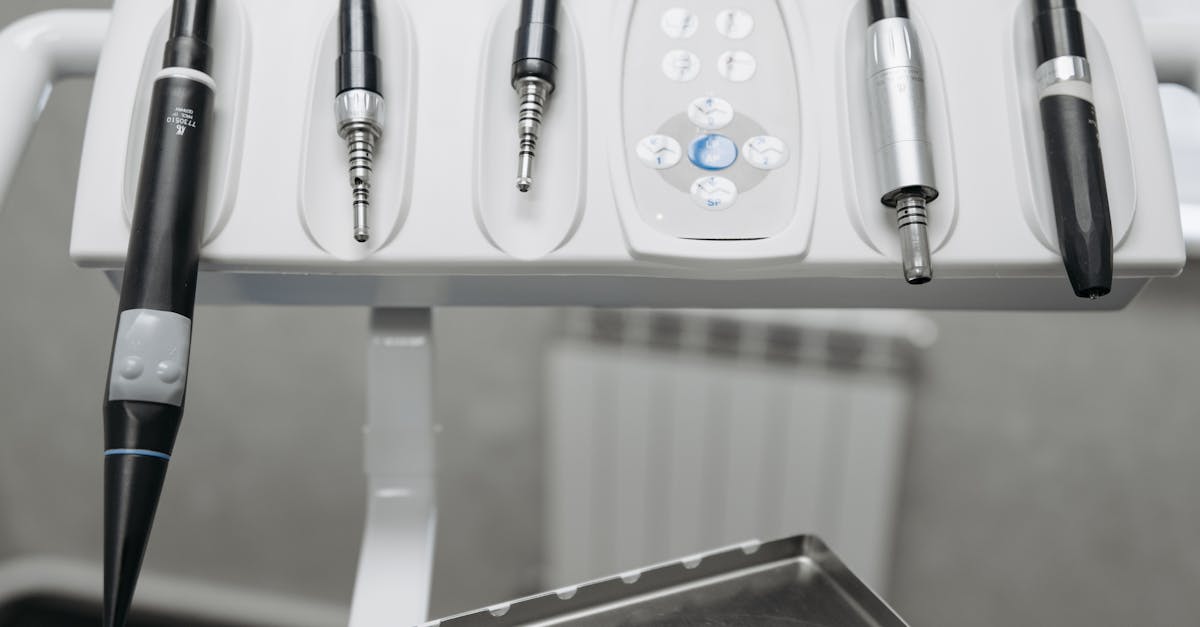
Guidance on Handling Implant Failure Symptoms
Patients experiencing implant failure may need to consider several treatment options tailored to their specific circumstances. The first step typically involves a thorough assessment by a dental professional, who may recommend removing the failed imp...
Read more →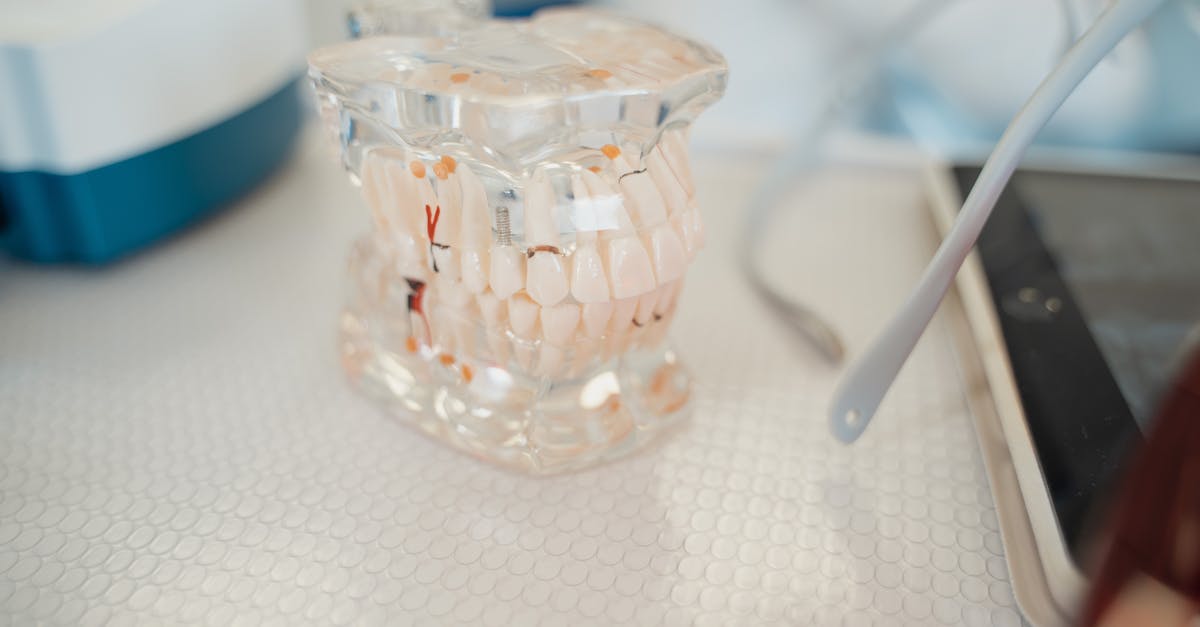
Best Foods to Eat After Dental Implant Surgery in Brisbane
Post-surgery meal preparation requires a focus on softness and nutrition. Soft foods aid in healing while reducing the risk of discomfort. Consider incorporating options like pureed fruits, smoothies, and easily mashable vegetables. Simple recipes, s...
Read more →
Tips for Managing Infection Risks Following Dental Implants
After undergoing dental implant surgery, choosing the right diet plays a critical role in promoting healing. Soft foods are generally recommended as they reduce stress on the implant site. These can include yogurt, mashed potatoes, scrambled eggs, an...
Read more →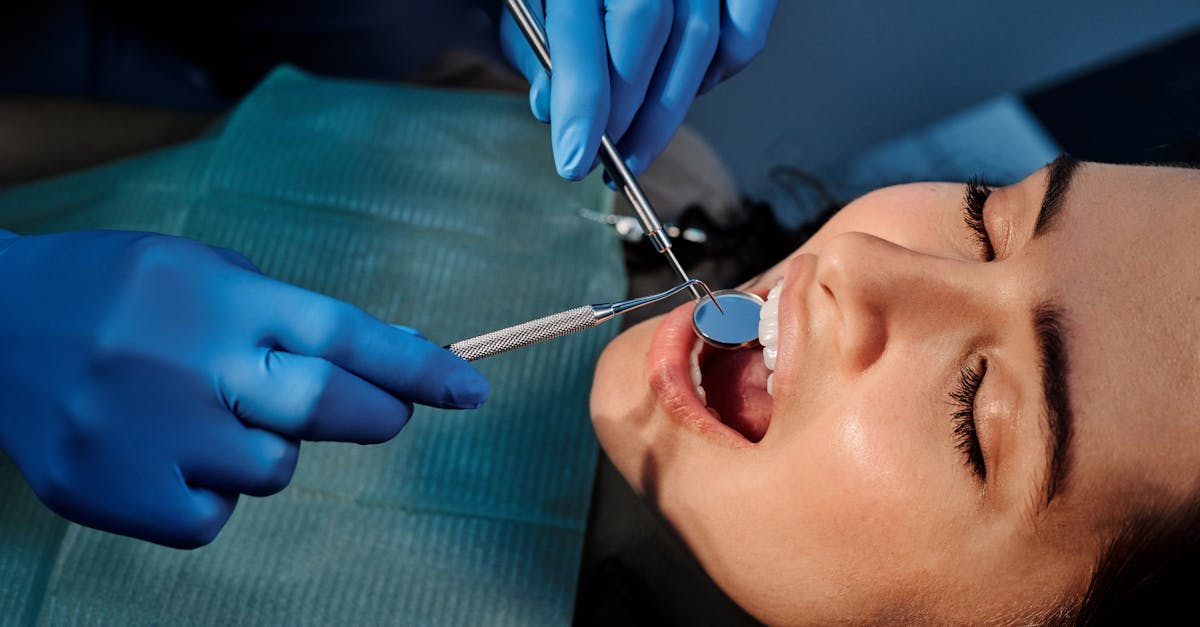
Recognising and Addressing Allergic Reactions to Implant Materials
When a patient exhibits signs of an allergic reaction post-implantation, prompt recognition and management are crucial. Symptoms may range from localised irritation and redness to more severe systemic responses. Immediate assessments should focus on ...
Read more →
Remedies for Swelling and Bruising Post-Implant
The body’s ability to heal efficiently after an implant procedure largely depends on its nutritional intake. Essential vitamins and minerals play a crucial role in reducing inflammation and supporting tissue repair. Nutrients like Vitamin C are vit...
Read more →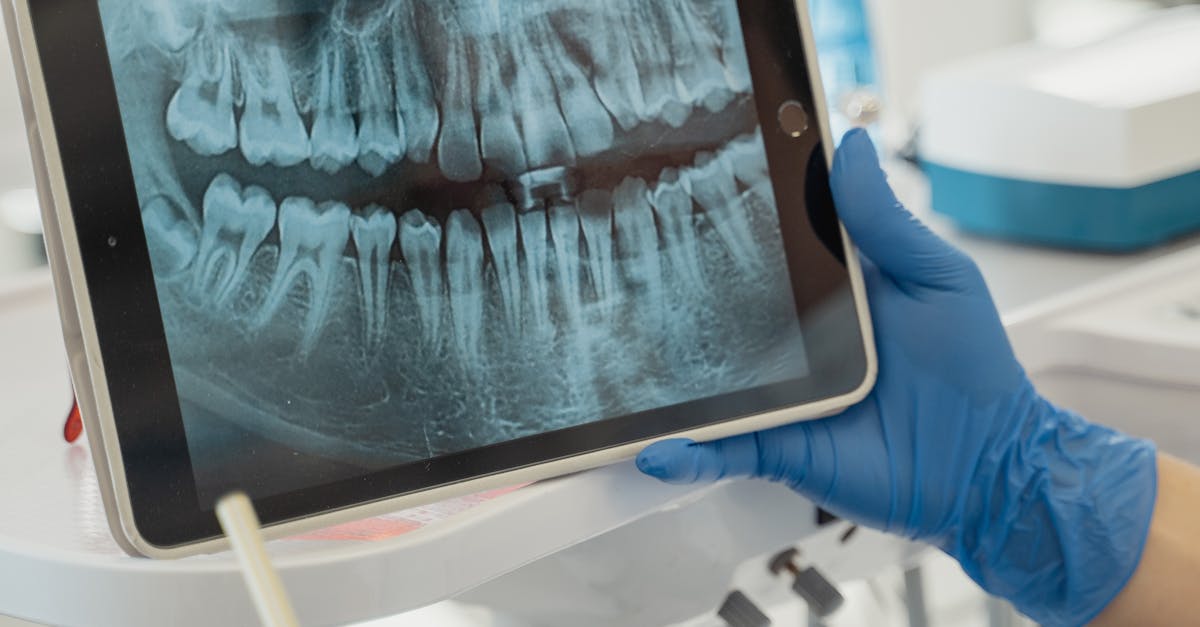
Identifying Common Complications After Implant Procedures
Regular follow-up appointments play a crucial role in ensuring the successful outcome of implant procedures. During these visits, practitioners can assess the healing progress and identify any potential issues early. Patients are encouraged to voice ...
Read more →
Strategies for Alleviating Pain After Dental Implant Surgery
After dental implant surgery, selecting the right foods is crucial to support healing and minimise discomfort. Soft foods are typically recommended during the initial recovery phase. Options such as mashed potatoes, yogurt, smoothies, and soups can p...
Read more →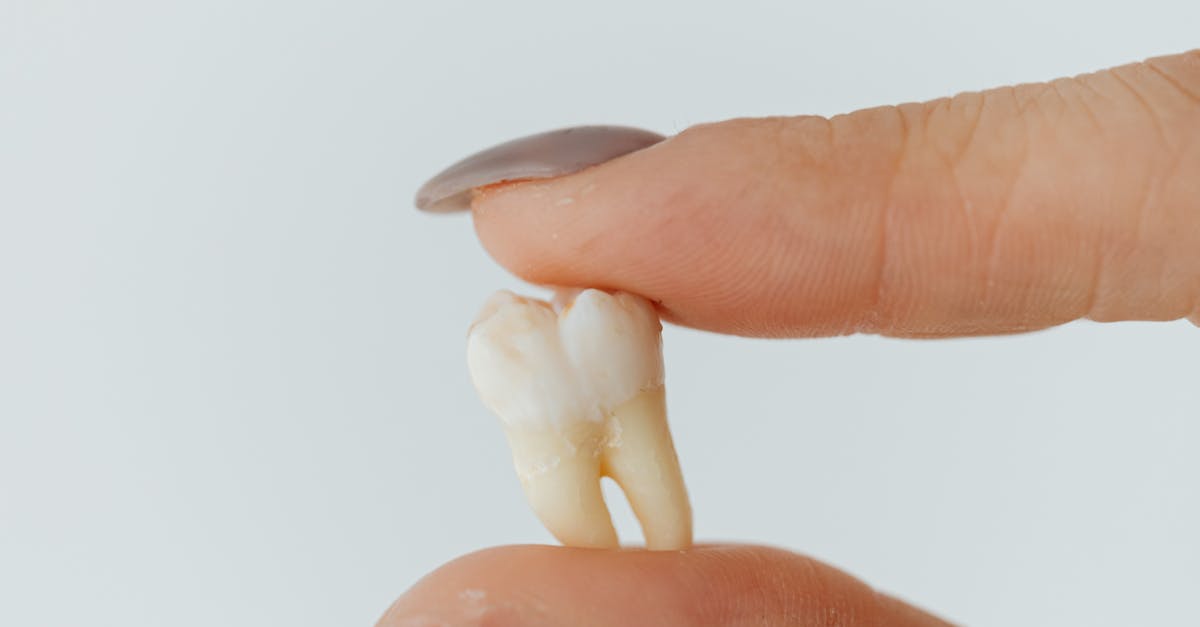
Preparing for Your Post-Implant Dental Examination
Before your dental examination, being mindful of your dietary choices can significantly impact the process and the results. It is often advisable to avoid certain foods that may irritate the gums or interfere with the healing of any implants. Spicy a...
Read more →
What to Expect During Your Implant Check-up Visits
Experiencing discomfort around the implant site can be a clear indication that something may not be right. Unexplained pain or swelling often suggests inflammation or an infection. Changes in the gum colour, such as redness or tenderness, can also si...
Read more →
Understanding the Importance of Dental Hygiene in Implant Maintenance
Selecting the appropriate dental products is crucial for maintaining implant hygiene. Patients should look for toothpaste and mouthwash specifically formulated for implant care. Additionally, fluoride options can help strengthen the remaining natural...
Read more →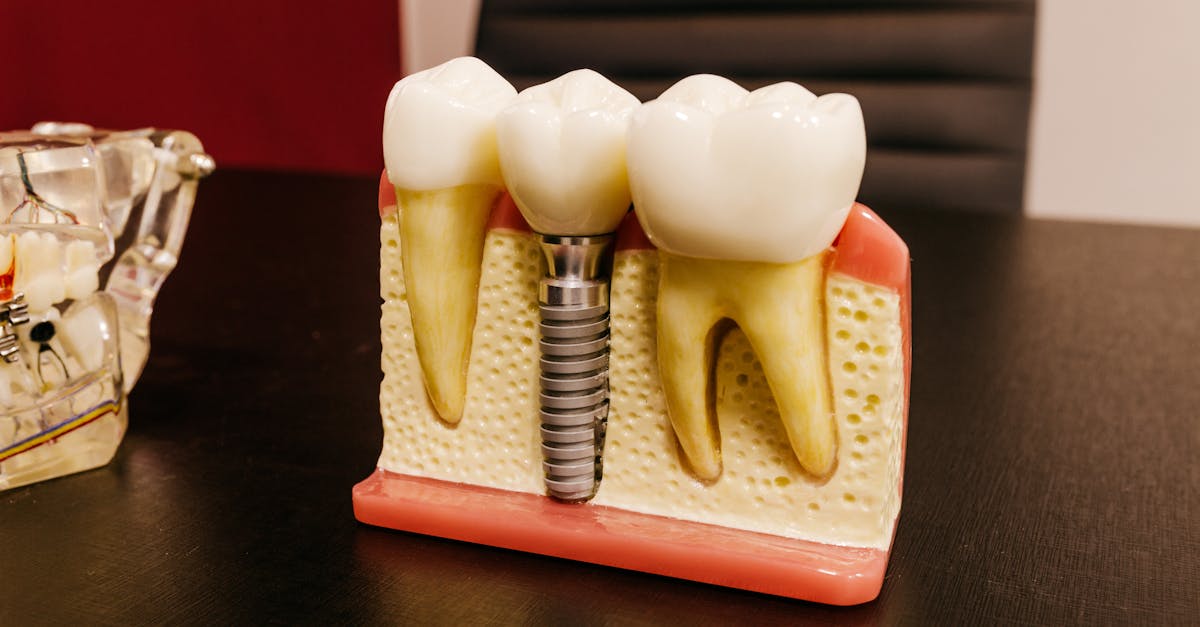
Effects of Skipping Check-ups on Dental Implant Health
Neglecting regular dental check-ups can lead to a cascade of oral health issues over time. Without professional evaluations, potential problems with dental implants may go unnoticed. Bacterial infection around the implant site can cause peri-implanti...
Read more →
Signs You Need a Professional Cleaning After Dental Implant Placement
Experiencing difficulty in eating or chewing after dental implant placement can indicate underlying issues that require attention. This discomfort may arise from improper alignment of the implants or infections at the implant site. Such challenges no...
Read more →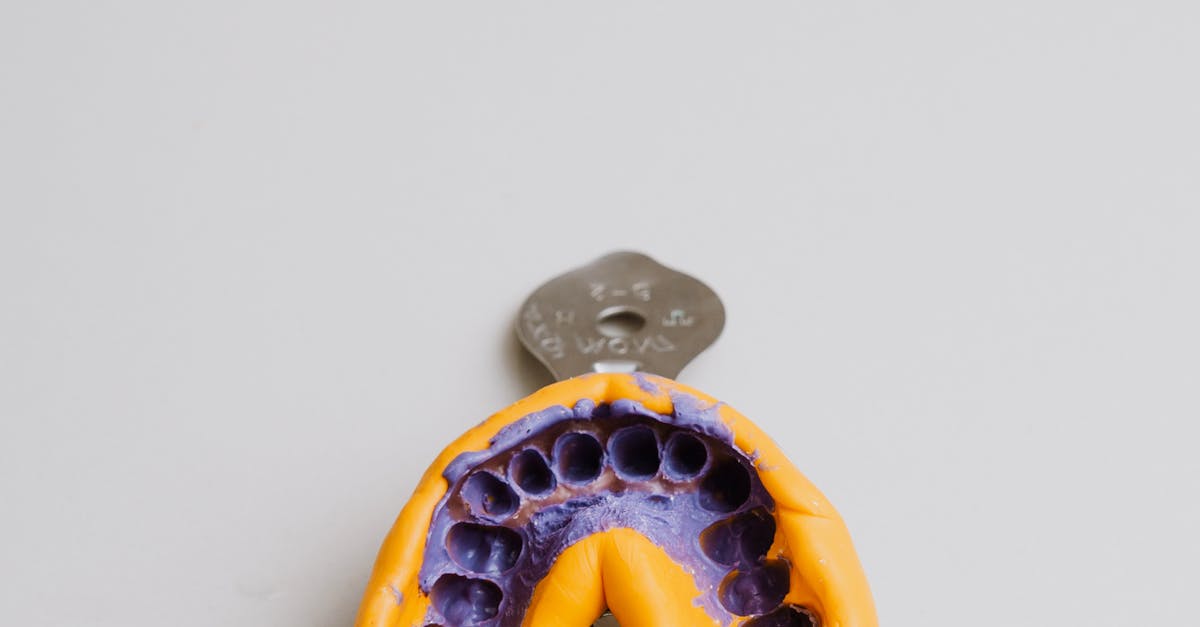
How Often Should You See Your Dentist After Getting Implants
Recognising early signs of complications can help prevent more serious issues with dental implants. If you experience swelling or tenderness around the implant site, it may indicate an infection or implant failure. Pain that doesn't subside with over...
Read more →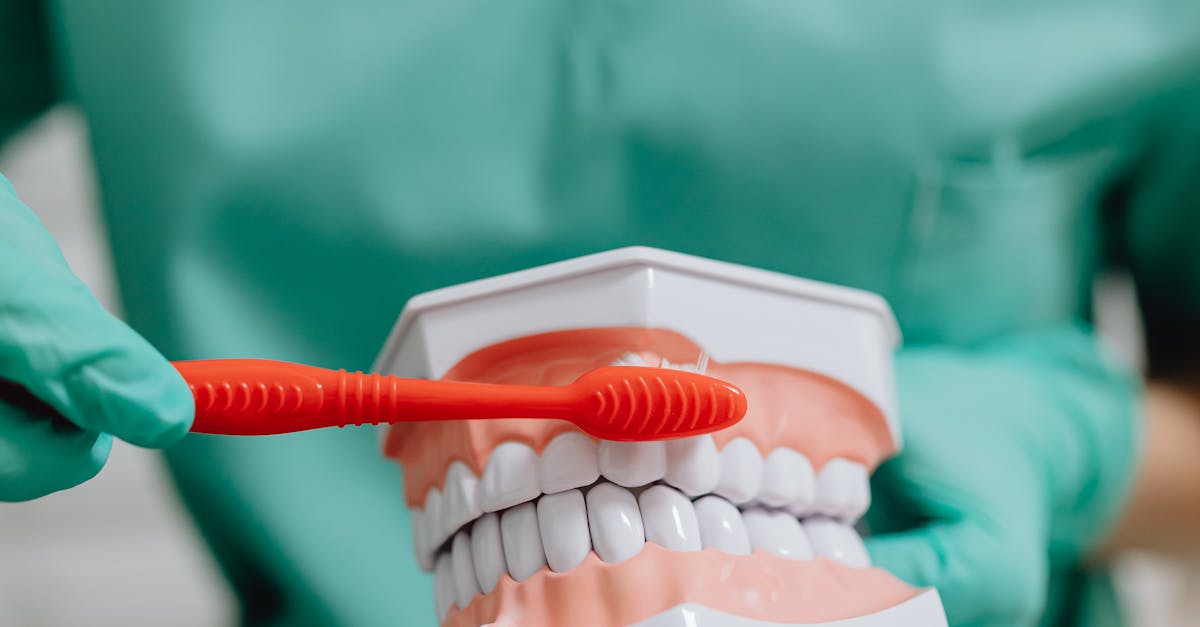
Best Practices for Maintaining Dental Implants Through Regular Appointments
Regular professional cleaning is crucial for individuals with dental implants. Unlike natural teeth, implants require specific techniques and tools for effective cleaning to eliminate plaque and tartar buildup. Dental professionals use advanced equip...
Read more →
Professional Cleanings: Essential for Long-lasting Dental Implants
A professional dental cleaning involves a thorough examination and meticulous removal of plaque and tartar from the teeth and gums. The process generally begins with a visual assessment performed by a dental hygienist. This allows them to identify an...
Read more →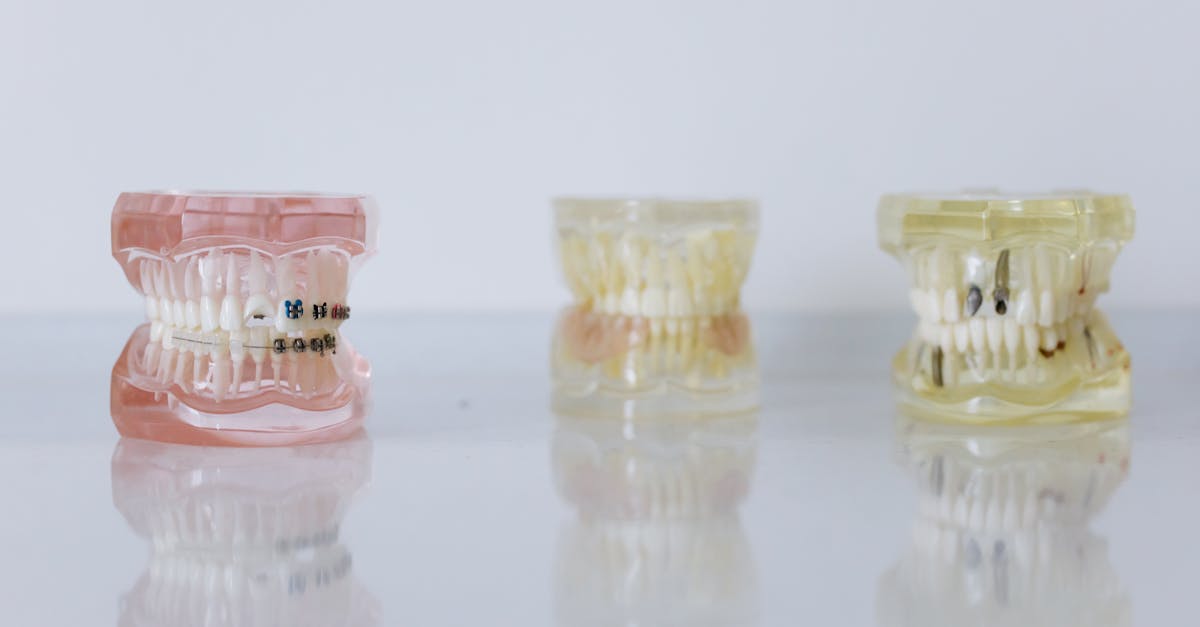
Frequency Guidelines for Check-ups After Dental Implant Surgery
X-rays play a crucial role in the assessment and monitoring of dental implants. They provide vital insights into the integration of the implant with the surrounding bone, allowing practitioners to identify any potential complications early. Regular i...
Read more →
The Role of Regular Dental Check-ups in Implant Success
Recognising symptoms early can significantly influence the success of dental implants. Swelling around the implant site, persistent pain, or discomfort when chewing may indicate complications that require immediate attention. Changes in colour of the...
Read more →
Timing Your Oral Hygiene Routine After Implant Placement
Using mouth rinses can significantly enhance oral hygiene, especially after undergoing implant placement. They help reduce the number of bacteria in the mouth, promoting a healthier environment. This is particularly crucial after dental procedures, a...
Read more →
Maintaining Fresh Breath with Dental Implants
The foods we consume play a significant role in determining the freshness of our breath. Certain ingredients can either contribute to odour or help in combating it. Foods that are high in sugar can promote the growth of bacteria in the mouth, leading...
Read more →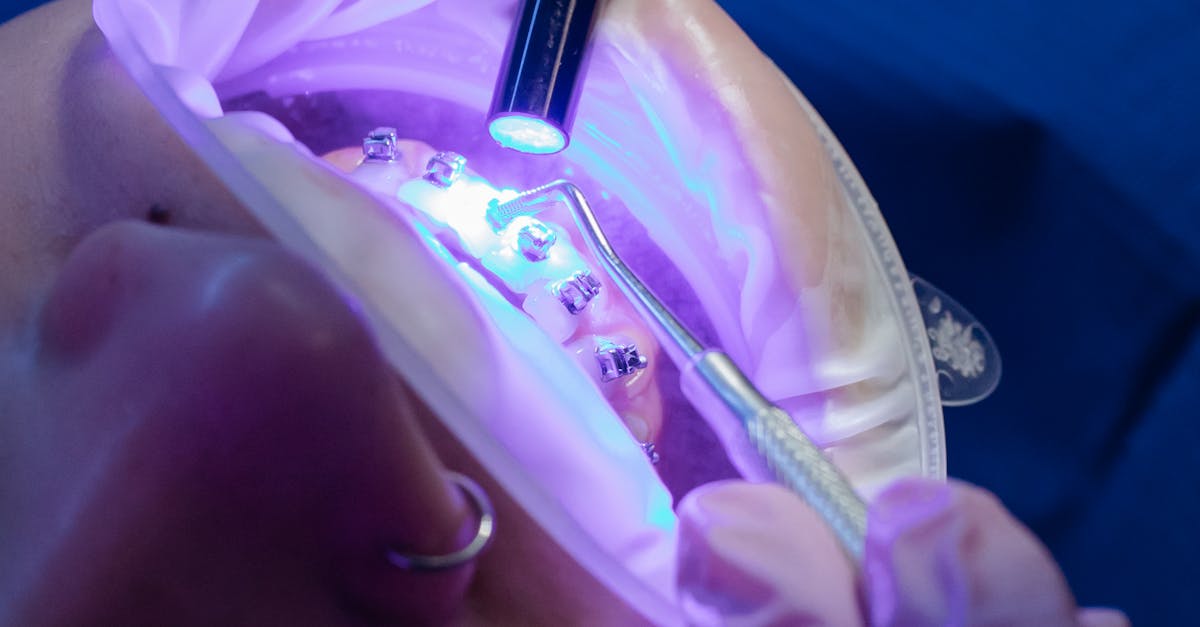
How to Choose the Right Toothpaste for Dental Implants
Dental professionals often advise patients with implants to choose a toothpaste that is fluoride-based. Fluoride helps strengthen enamel and offers extra protection against decay, contributing to overall dental health. Many dentists also highlight th...
Read more →
Using Water Flossers to Enhance Implant Hygiene
Water flossers can play a crucial role in maintaining the hygiene of dental implants. Using a water flosser regularly helps to effectively remove food particles and plaque that can accumulate around the implant sites. For optimal results, daily use i...
Read more →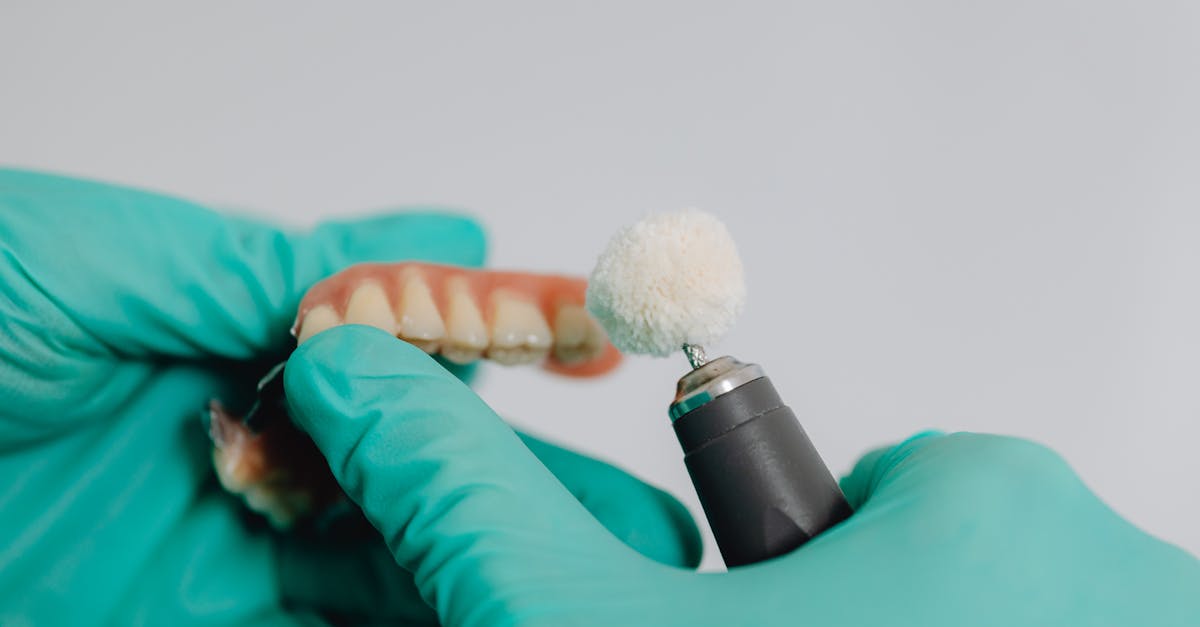
Importance of Tongue Cleaning After Dental Implant Surgery
Many patients underestimate the importance of following a thorough oral hygiene routine after dental implant surgery. Neglecting to clean the tongue can lead to the buildup of bacteria, contributing to potential complications. Some individuals might ...
Read more →
The Role of Interdental Brushes in Implant Maintenance
Using interdental brushes effectively requires a careful approach to ensure thorough cleaning without damaging the gums or implants. First, choose an appropriate size of brush that fits comfortably between the teeth and around the implant sites. Gent...
Read more →
Flossing Tips for Patients with Dental Implants
Flossing should be a regular part of your oral hygiene routine, especially for individuals with dental implants. For optimal results, it is generally recommended to floss at least once a day. This frequency helps reduce the risk of plaque accumulatio...
Read more →
Techniques for Effective Brushing Around Dental Implants
Effective brushing techniques are crucial for maintaining the longevity and health of dental implants. One common mistake is applying excessive force while brushing, which can damage both the implant and the surrounding gum tissue. It's essential to ...
Read more →
Recommended Mouthwashes for Implant-Supported Oral Health
Maintaining optimal oral hygiene is crucial for ensuring the longevity of dental implants. Mouthwashes designed for implant-supported oral health help reduce plaque build-up, which is a significant contributor to peri-implant diseases. Antimicrobial ...
Read more →
Essential Daily Oral Hygiene Practices for Dental Implant Care
Visiting the dentist regularly is crucial for the long-term success of dental implants. These check-ups allow the dentist to monitor the condition of the implants and the surrounding gum tissue. Regular professional cleaning helps remove plaque and t...
Read more →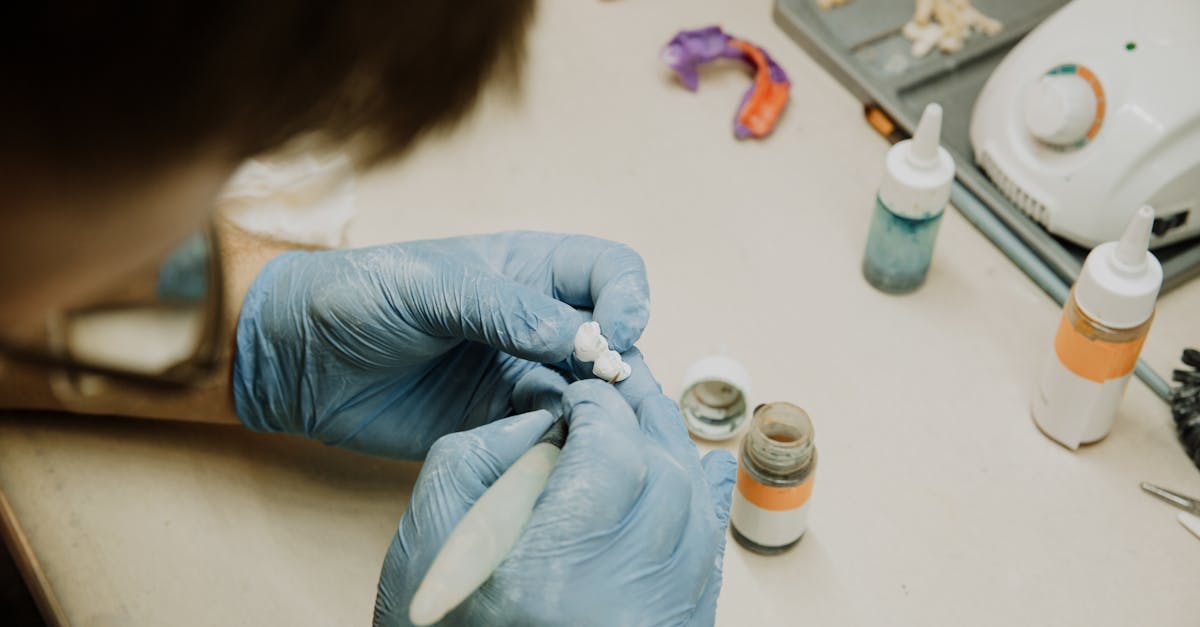
Aftercare Strategies for Different Types of Dental Implants
Maintaining oral hygiene is crucial for the longevity and success of dental implants. Proper cleaning routines help prevent the accumulation of plaque and bacteria around the implant site. Regular brushing, flossing, and the use of antibacterial mout...
Read more →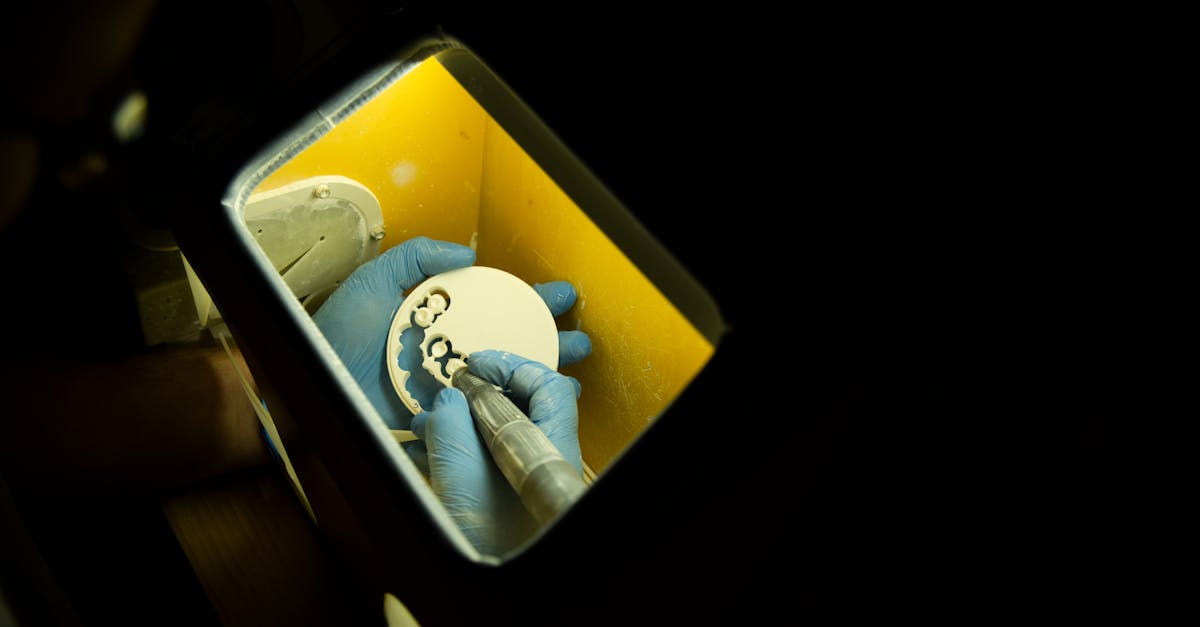
Monitoring Your Implants: When Aftercare Becomes Critical
Building a strong line of communication with your dentist is essential for ensuring the successful integration and maintenance of your dental implants. Regular check-ups allow your dentist to assess the health of both the implants and surrounding tis...
Read more →
Connection Between Aftercare and Overall Oral Health
Proper aftercare plays a crucial role in maintaining gum health. After dental procedures, such as cleanings or surgeries, the gums require specific attention to heal effectively. Patients are often advised to follow specific oral hygiene practices, i...
Read more →
Essential Aftercare Tips for New Dental Implant Recipients
After receiving dental implants, it is crucial to remain vigilant for any signs of complications. Swelling or bruising in the treated area is common and usually subsides over time. Pay attention to any escalating pain that does not improve with presc...
Read more →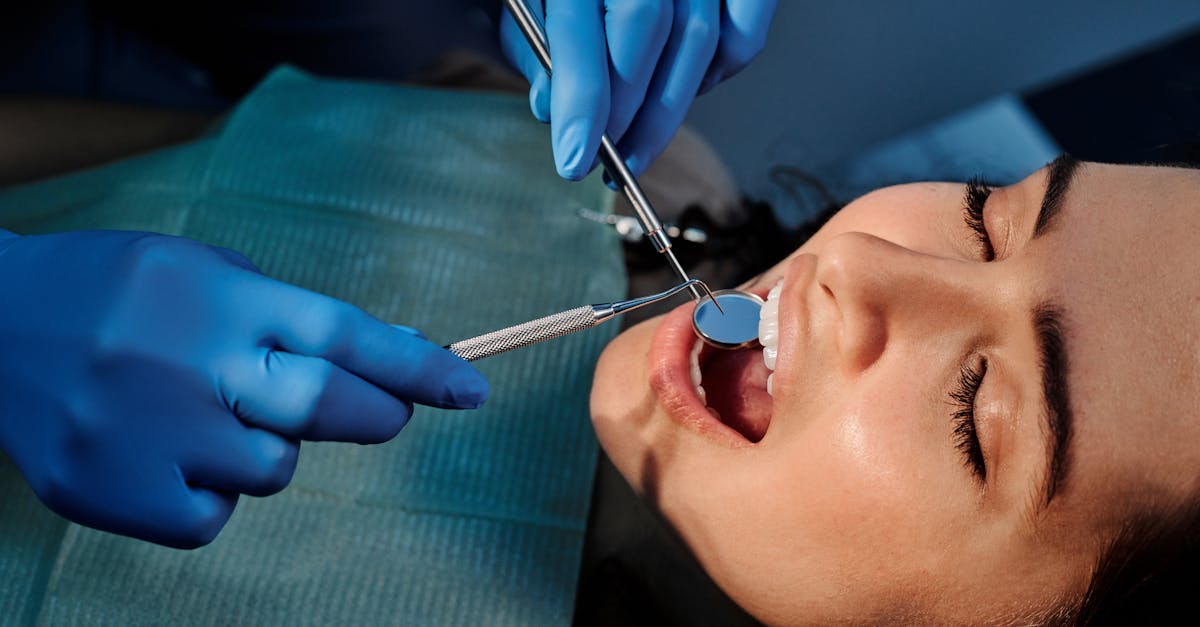
Aftercare Mistakes to Avoid for Dental Implants
Smoking poses a significant risk for individuals with dental implants. The harmful substances in cigarettes can restrict blood flow and impair healing. As a result, the integration of the implant with the jawbone may be compromised, increasing the ch...
Read more →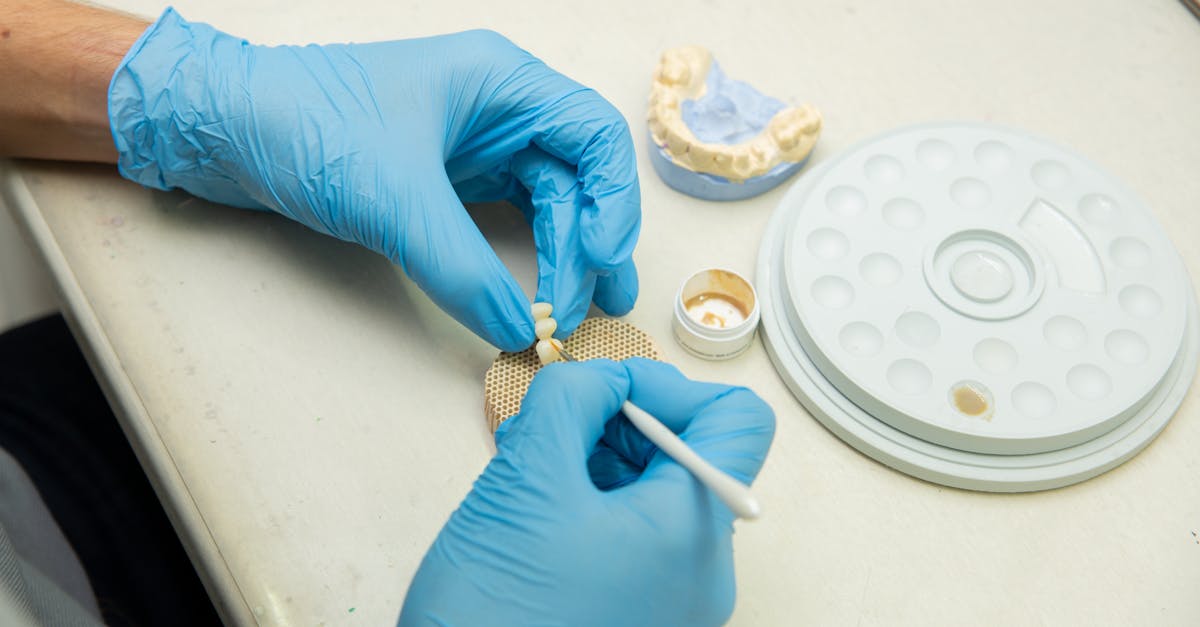
The Long-term Benefits of Following Aftercare Guidelines
Following aftercare guidelines can lead to significant financial savings for patients in the long run. When individuals adhere to recommended follow-up appointments and treatments, the risk of complications decreases notably. This reduction in compli...
Read more →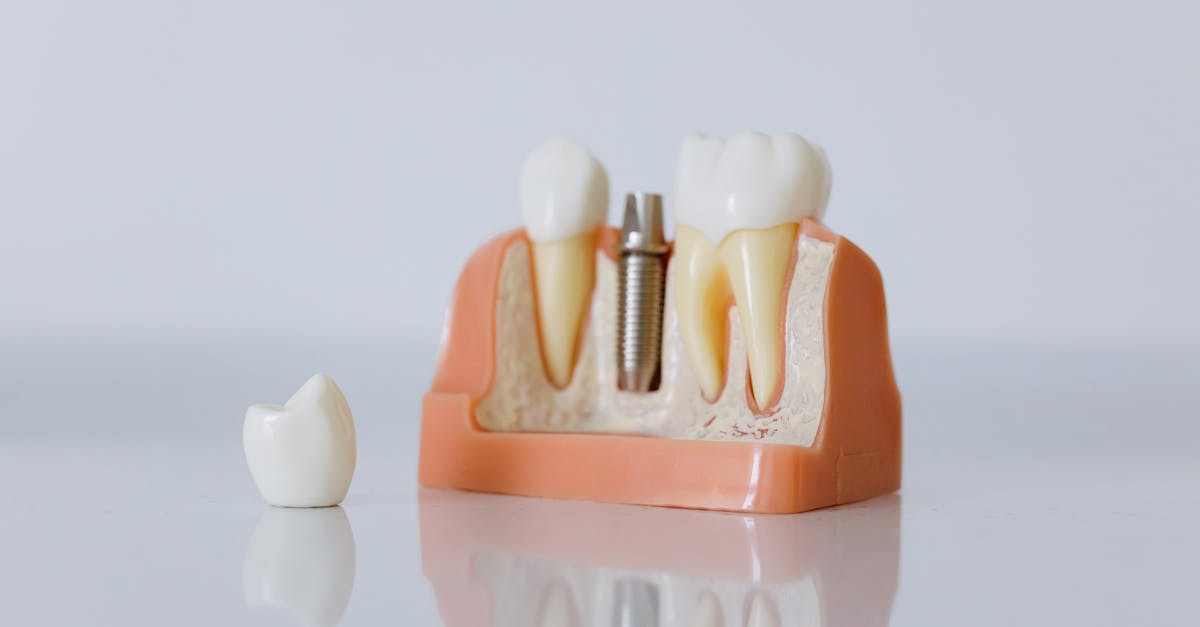
How Proper Aftercare Can Prevent Implant Complications
Routine dental visits play a critical role in the success of dental implants. These appointments allow dental professionals to monitor the health of the implants and the surrounding gum tissue. Regular check-ups help identify any potential issues bef...
Read more →
Understanding the Role of Aftercare in Implant Health
Maintaining oral hygiene is vital for the longevity of dental implants. Implants, like natural teeth, require thorough cleaning to prevent plaque buildup and bacterial infections. Without appropriate care, the area around the implant can become infla...
Read more →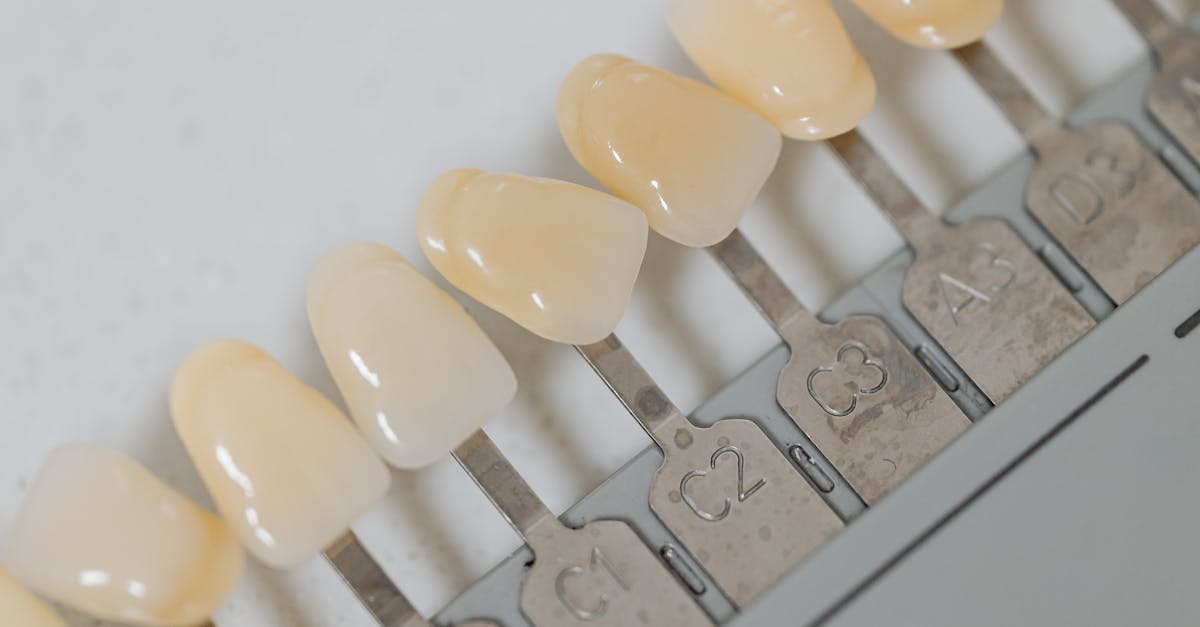
Key Aftercare Practices to Enhance Implant Longevity
Smoking has been identified as a significant risk factor for dental implant failure. Nicotine and other harmful chemicals in tobacco can impair blood flow and reduce oxygen supply to the gums, leading to poor healing and increased susceptibility to i...
Read more →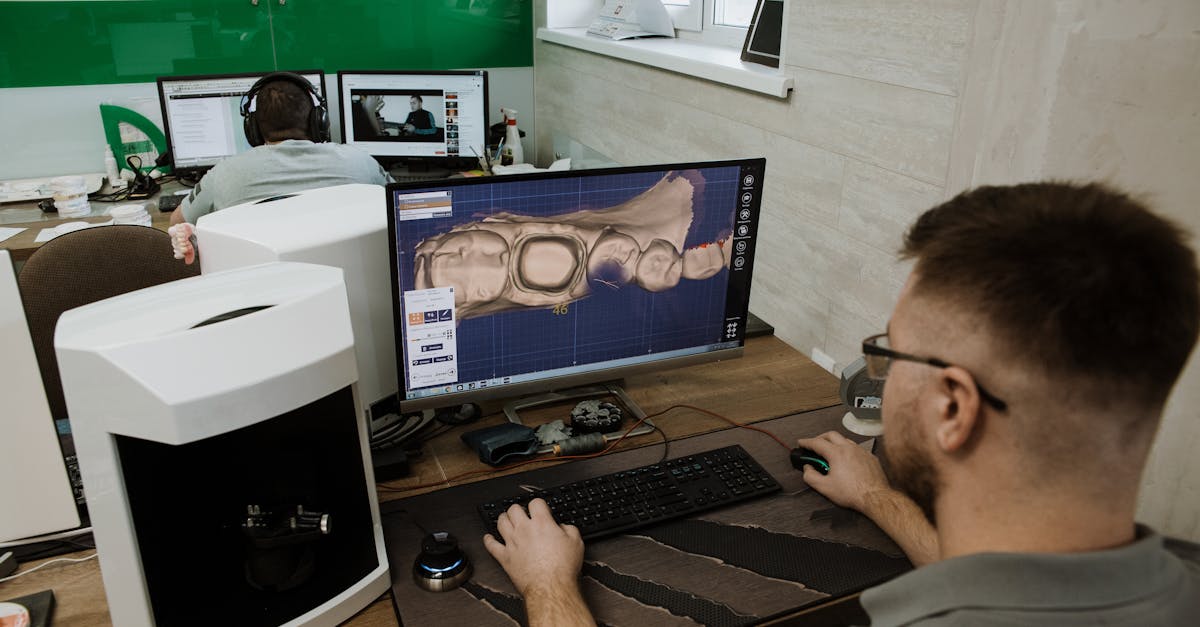
Why Aftercare Is Essential for Successful Dental Implants
Regular dental check-ups play a pivotal role in the longevity of dental implants. These appointments allow dental professionals to monitor the implants' integration with the jawbone and surrounding tissues. Detecting issues early can prevent complica...
Read more →
The Role of Follow-up Appointments in the Recovery Process
Patient education is a crucial element in ensuring effective recovery and ongoing health management. Follow-up appointments provide a structured opportunity for healthcare providers to clarify treatment plans and answer questions that may have arisen...
Read more →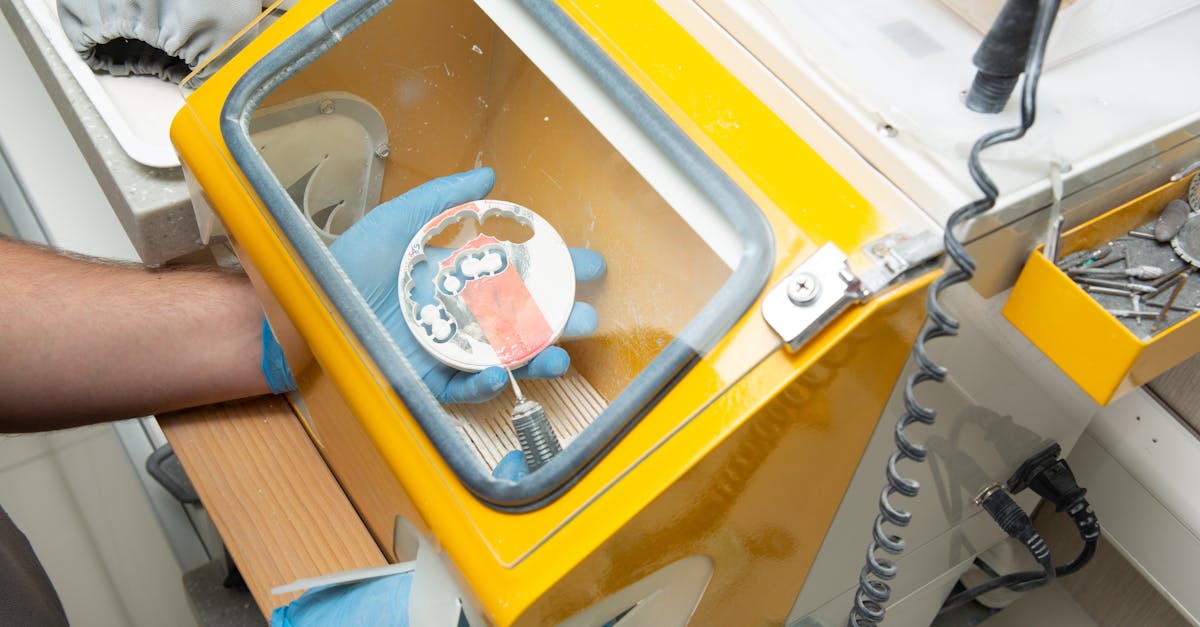
How Your Oral Health Affects the Dental Implant Recovery Timeline
The density of the jawbone plays a crucial role in the success of dental implants. A strong, healthy bone foundation provides the necessary support for the implants, enabling them to fuse effectively through a process known as osseointegration. Insuf...
Read more →
Essential Tips for a Smooth Recovery After Dental Implant Surgery
Following dental implant surgery, adequate rest is crucial for promoting healing. The body requires time to recover from the procedure, and this can significantly influence the overall outcome. Patients should consider taking a few days off work or a...
Read more →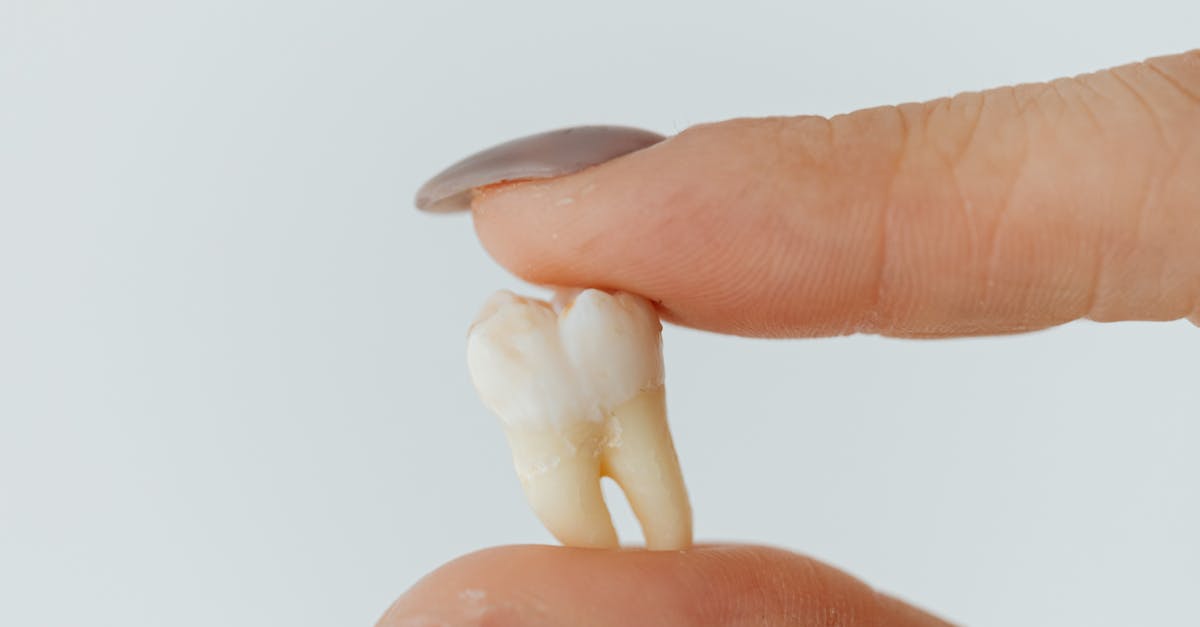
Timeline Expectations for Different Types of Dental Implants Recovery
In recent years, the approach to dental implant placements has evolved, offering options such as immediate and delayed implants. Immediate implant placement typically occurs right after tooth extraction. This method can streamline the overall process...
Read more →
Common Signs of Complications During the Recovery Period for Dental Implants
Experiencing changes in taste or smell can be an uncommon yet concerning side effect following dental implant procedures. Many patients report a metallic taste in their mouth or altered sensations when consuming food. These changes may arise from the...
Read more →
Long-term Recovery: Healing Stages Following Dental Implant Surgery
The second month following dental implant surgery focuses on enhancing oral hygiene, an essential aspect of recovery. By this stage, the initial healing process has advanced significantly, allowing patients to resume a more comprehensive dental care ...
Read more →
What to Expect During the First Week of Dental Implant Recovery
After dental implant surgery, it is crucial to limit physical activities to promote healing. Patients should refrain from strenuous exercise or heavy lifting for at least a week. Activities that could lead to excessive sweating or elevated heart rate...
Read more →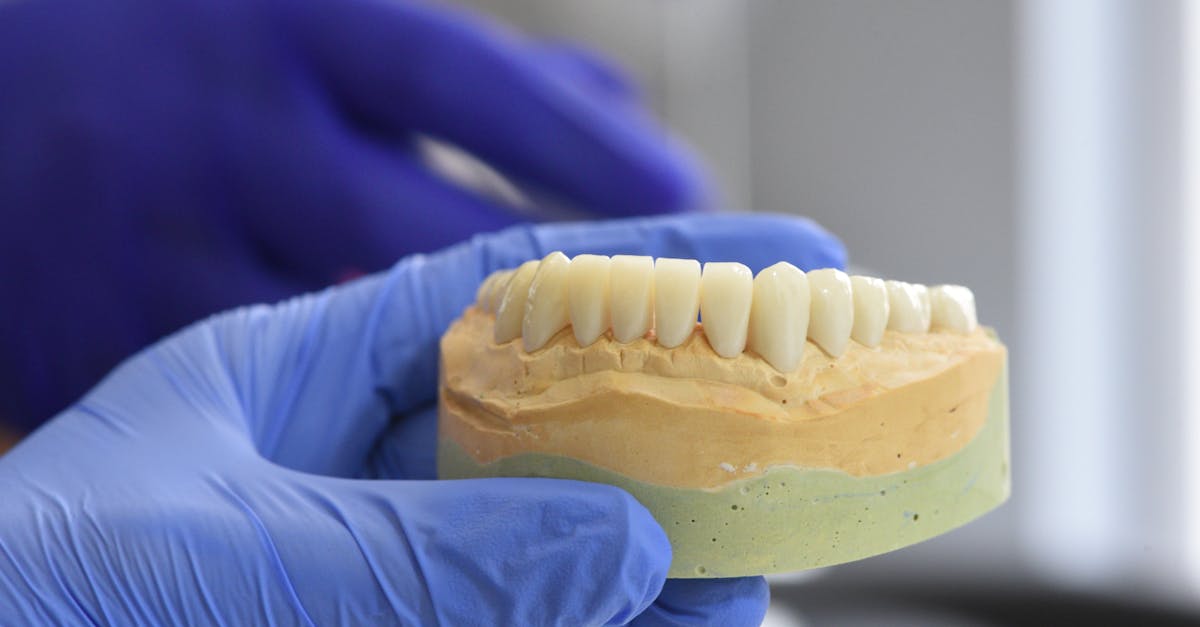
Key Milestones in the Recovery Journey After Dental Implant Surgery
After dental implant surgery, the body begins a complex healing process. Initially, the surgical site may be swollen and tender. This is a natural response as the body works to repair tissues and integrate the implants into the jawbone. Pain manageme...
Read more →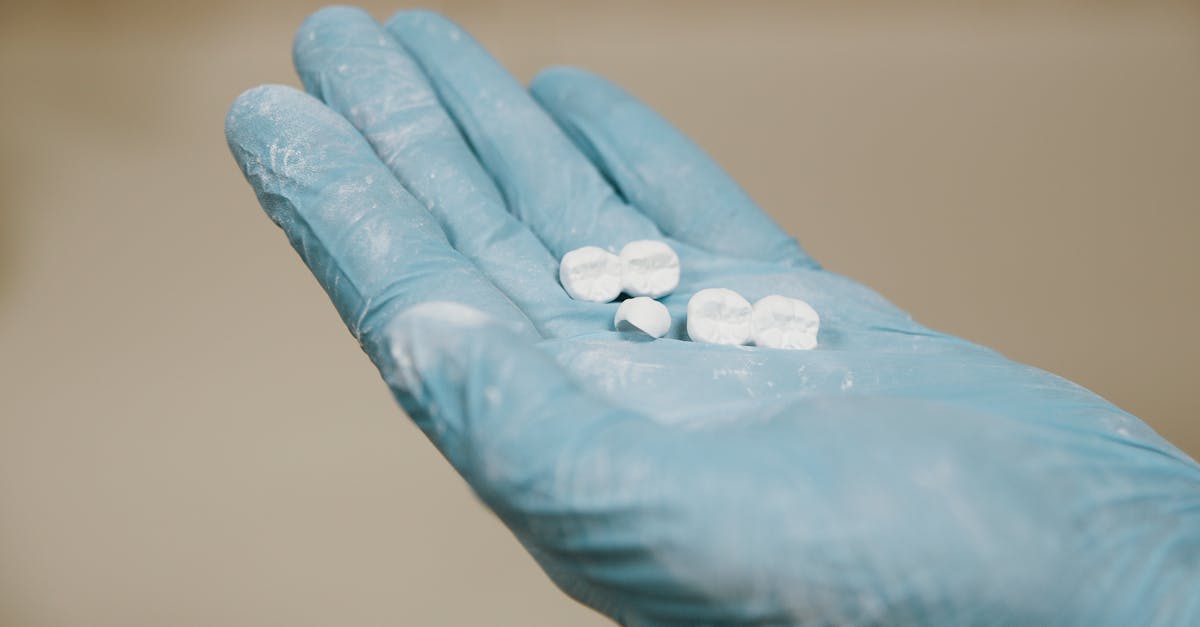
Factors Influencing Recovery Time After Dental Implant Procedures
Age plays a significant role in the recovery process following dental implant procedures. Younger individuals typically experience faster healing times due to their bodies’ increased ability to regenerate tissues and maintain robust immune systems....
Read more →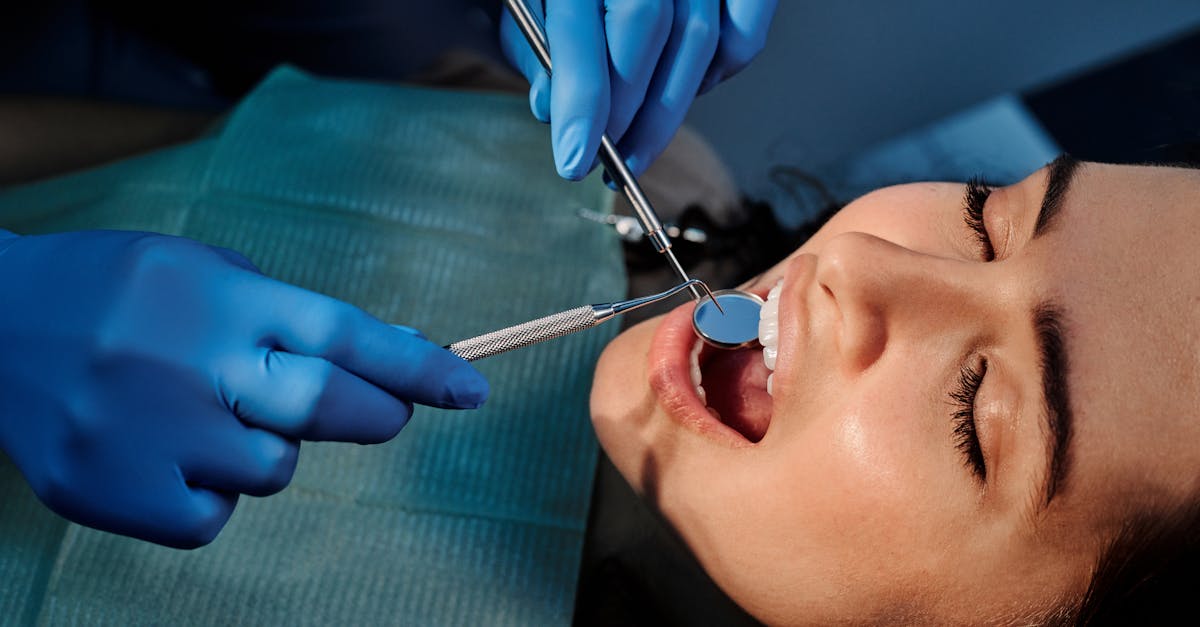
How Anaesthesia Affects Patient Comfort in Dental Implant Procedures
Proper postoperative care is crucial for ensuring a smooth recovery after dental implant procedures. Patients should follow specific instructions provided by their dental professional regarding pain management and oral hygiene. Ensuring the surgical ...
Read more →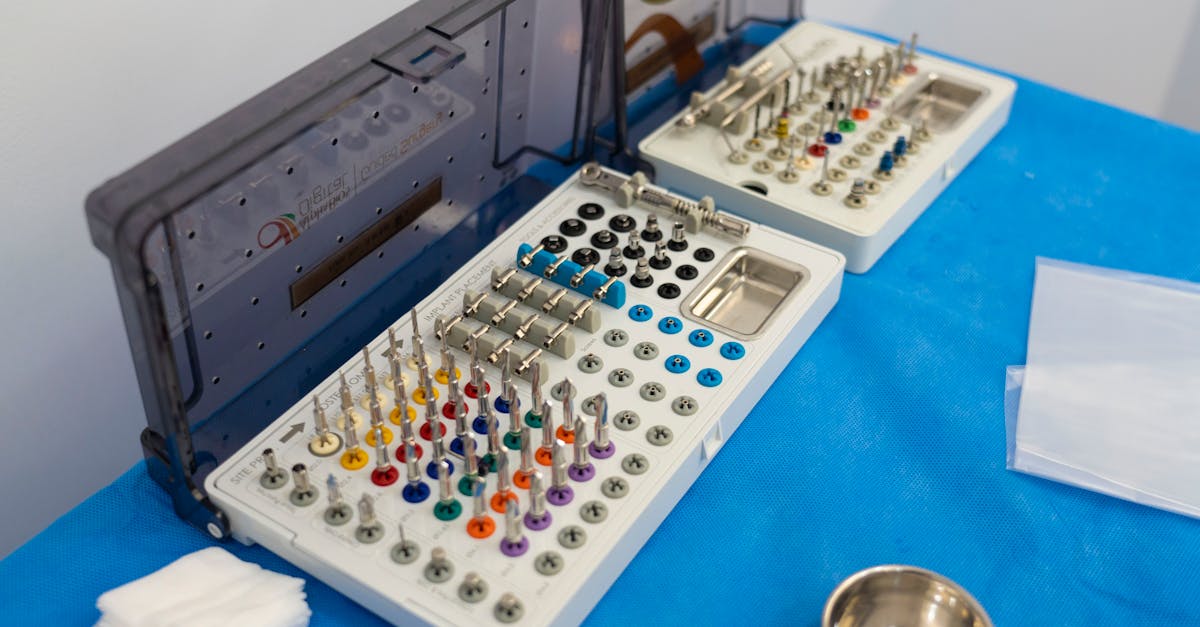
Understanding Your Post-operative Recovery Timeline for Dental Implants in Brisbane
Maintaining oral hygiene after receiving dental implants is essential for promoting healing and ensuring the longevity of the implants. Proper care helps prevent infections and aids in the integration of the implant with the jawbone. Patients are typ...
Read more →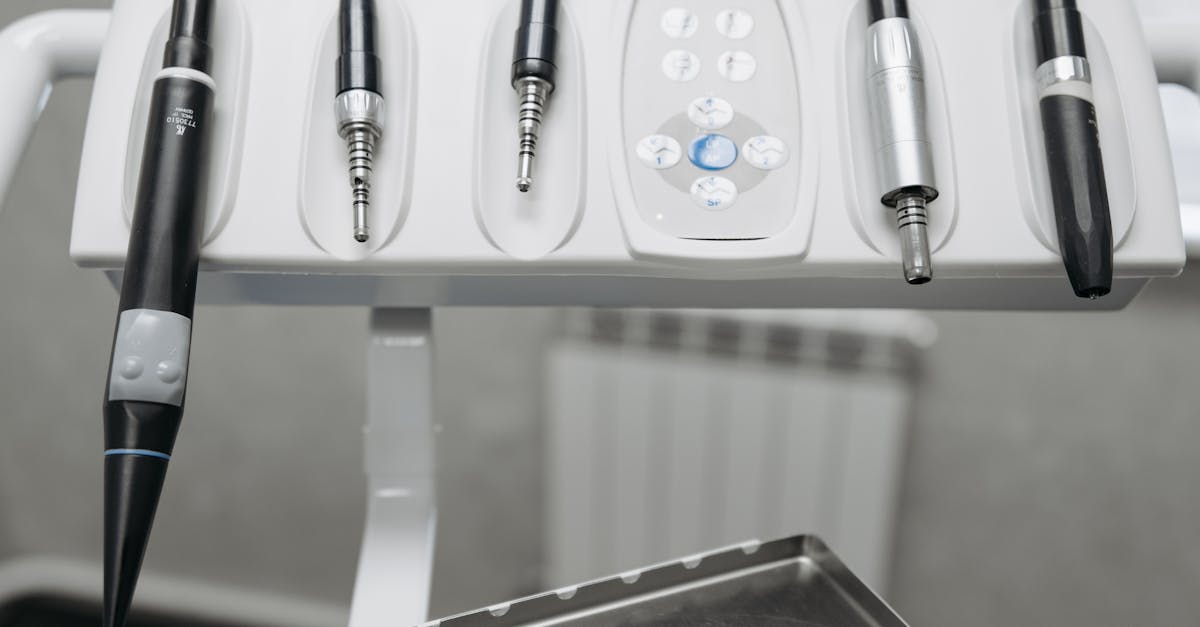
Post-Anaesthesia Recovery After Dental Implant Surgery
Maintaining oral hygiene is crucial after dental implant surgery to ensure proper healing and prevent complications. Gentle rinsing with an antiseptic mouthwash can help reduce bacteria in the mouth. It is advisable to avoid brushing the surgical sit...
Read more →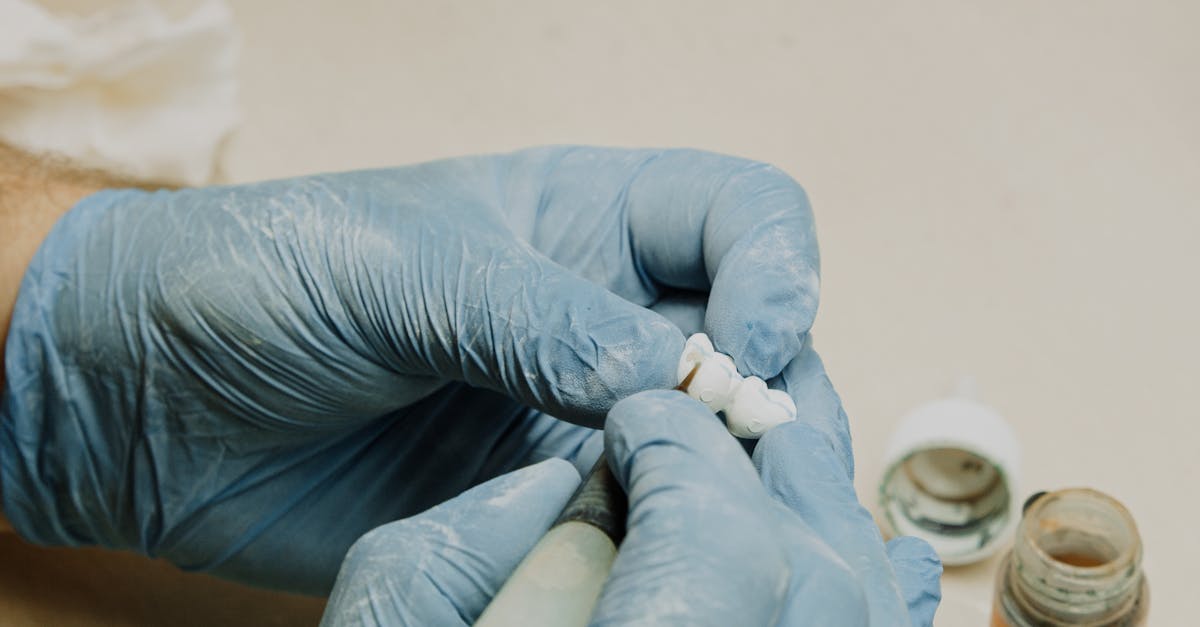
The Benefits of Nitrous Oxide Use in Implant Dentistry
The administration of nitrous oxide in implant dentistry requires careful consideration of dosage to ensure patient comfort and safety. Typically, a concentration of 25-50% nitrous oxide mixed with oxygen is used during procedures. Practitioners shou...
Read more →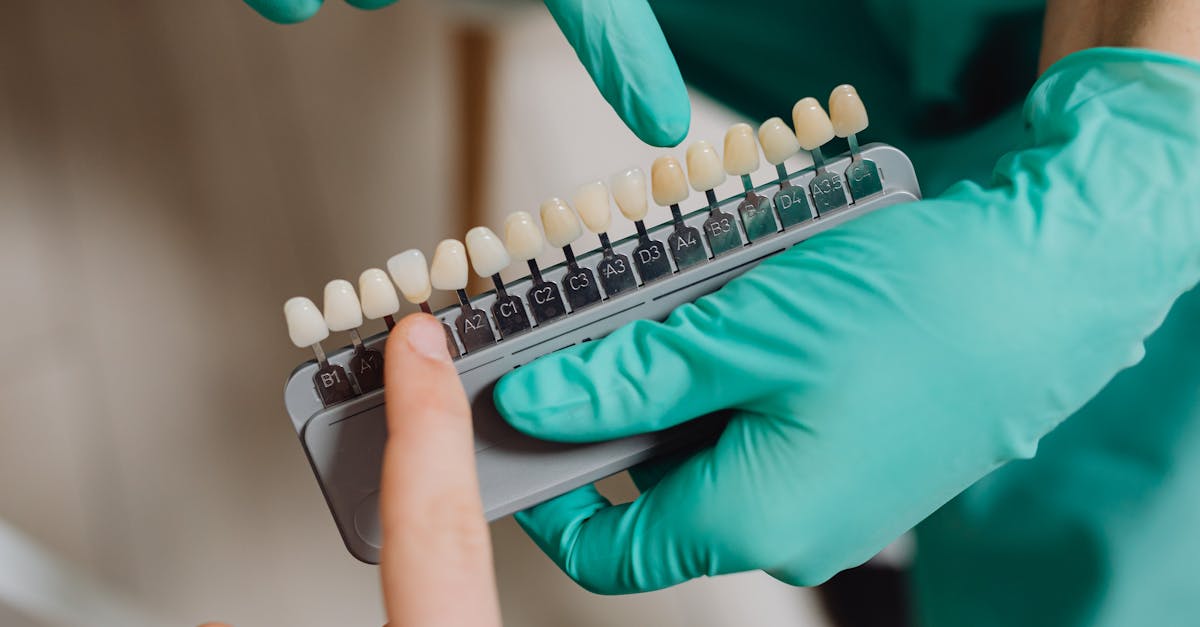
Preparing for Anaesthesia: Patient Guidelines for Dental Implants
Having a support person present during the dental implant procedure can significantly enhance the overall experience for the patient. This individual offers emotional reassurance and practical assistance throughout the visit. From helping with pre-op...
Read more →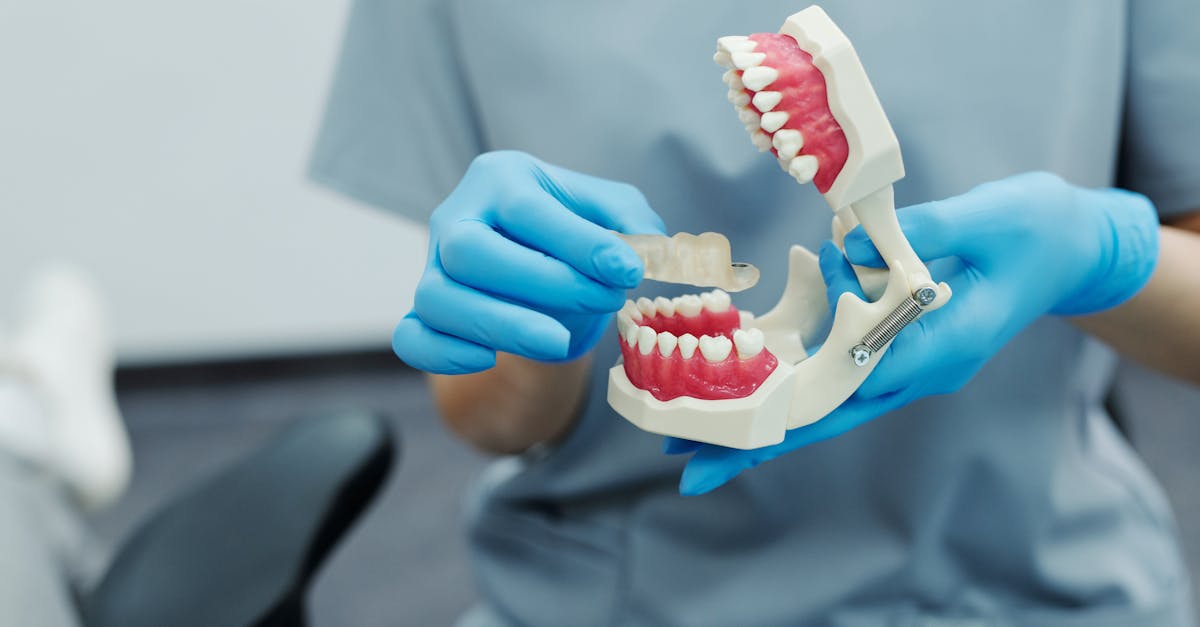
Comparing General Anaesthesia and Local Anaesthesia for Implants
Local anaesthesia offers a targeted approach to pain relief. By numbing only the specific area where the procedure occurs, patients often experience less disruption compared to general anaesthesia. This allows for a quicker recovery time and enables ...
Read more →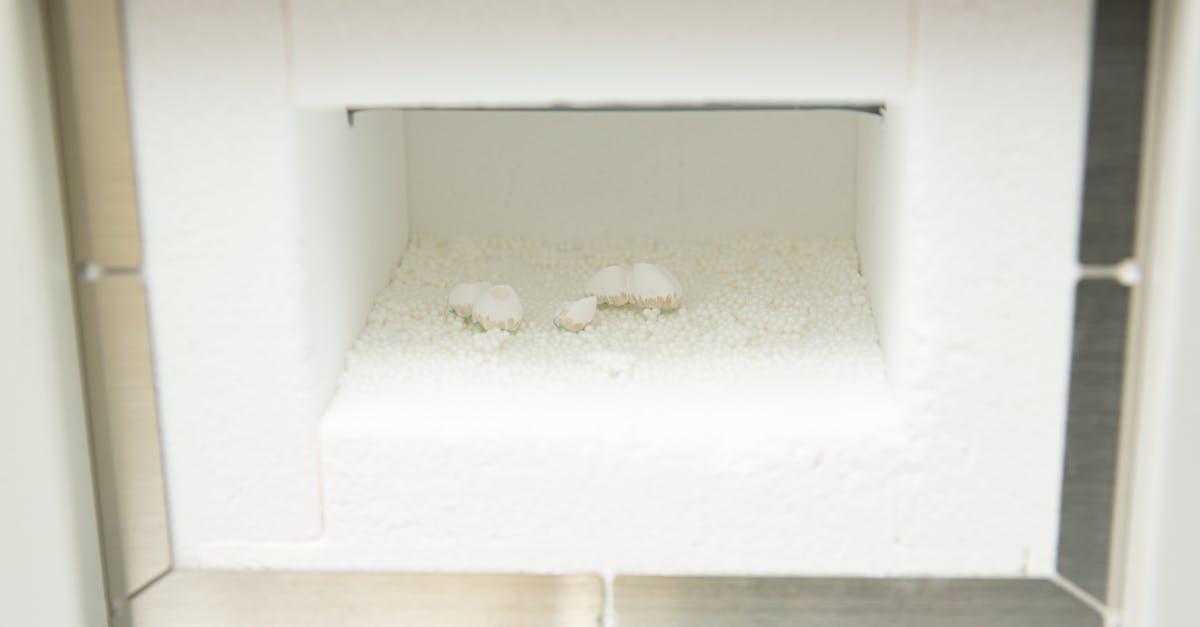
Impact of Anaesthetic Choices on Implant Surgery Success
The choice of anaesthetic can significantly influence the recovery process following implant surgery. Local anaesthesia typically allows for a shorter recovery time compared to general anaesthesia. Patients often experience less grogginess and a fast...
Read more →
Exploring Conscious Sedation for Dental Implant Surgery
Prior to undergoing conscious sedation for dental implant surgery, patients should have a comprehensive discussion with their dental practitioner. This conversation should include details regarding medical history, allergies, and any current medicati...
Read more →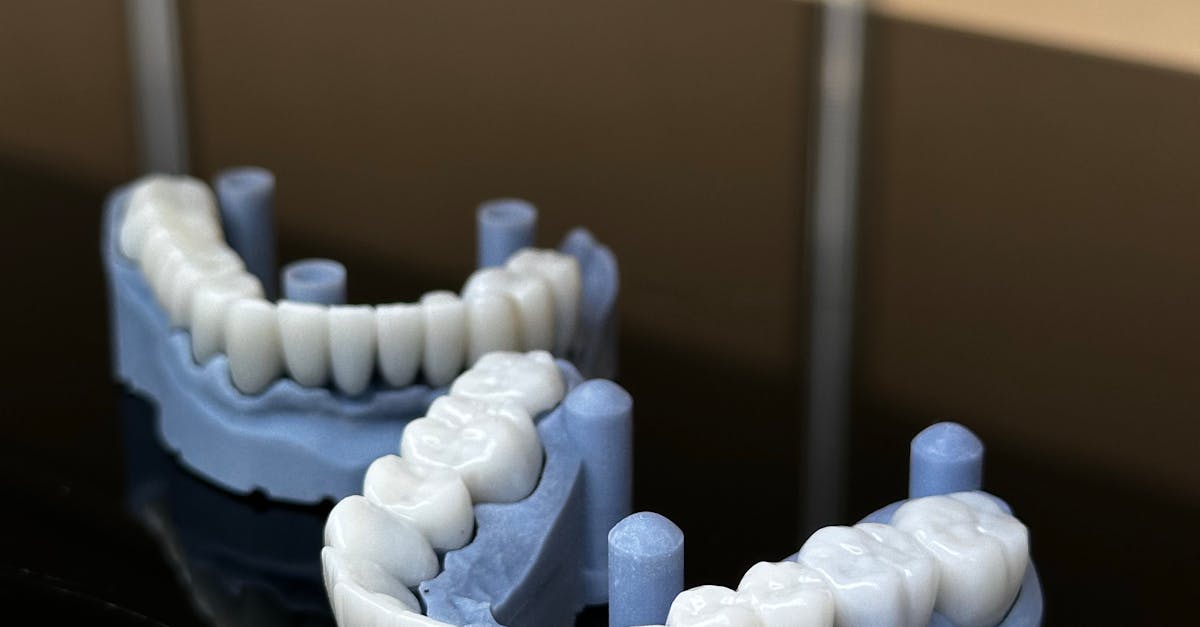
Safety Considerations for Anesthesia During Dental Implant Surgery
Anxiety management is crucial for patients undergoing dental implant surgery. Many individuals experience heightened levels of fear and apprehension in dental settings. To alleviate these feelings, practitioners often incorporate various strategies. ...
Read more →
The Role of Sedation in Dental Implant Procedures
In dental practices, careful planning and preparation are essential to ensure patient safety during sedation. Having a trained anaesthetist or a dental professional with sedation certification present is crucial. They monitor vital signs such as hear...
Read more →
Understanding Local Anaesthesia for Dental Implants
Local anaesthesia is a targeted approach that numbs specific areas of the body to prevent discomfort during procedures like dental implants. It allows patients to remain fully conscious and aware of their surroundings. In contrast, general anaesthesi...
Read more →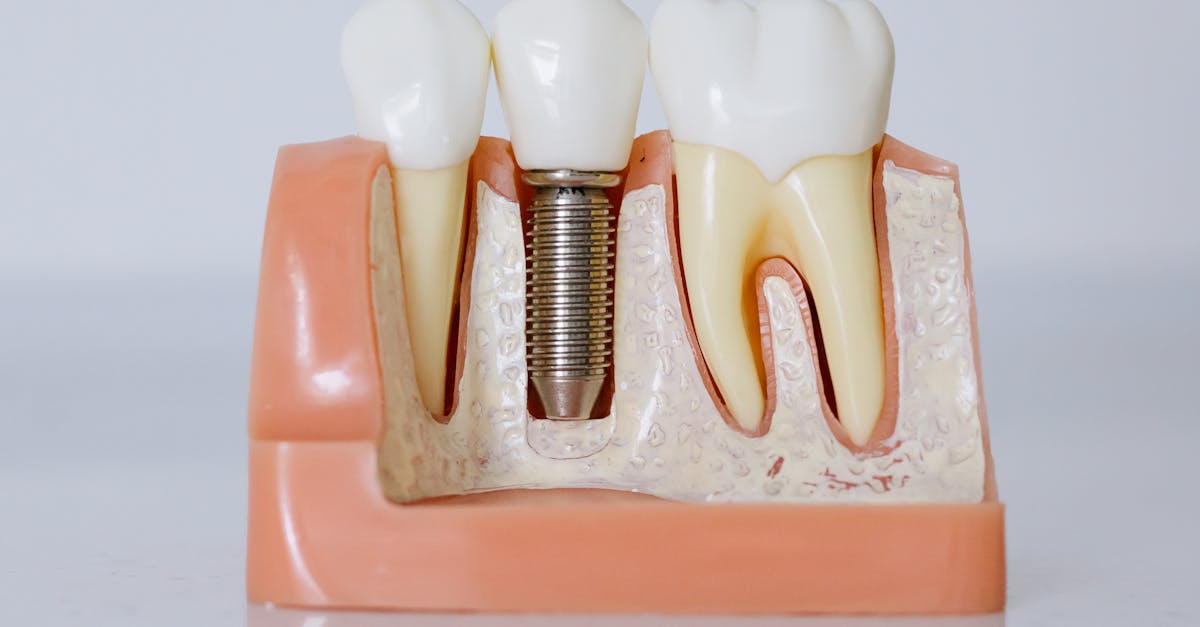
Risks and Complications Associated with Immediate Loading
The timing of loading implants is crucial for achieving successful outcomes in various dental procedures. Immediate loading refers to the placement of a functional prosthetic within a short time post-implant placement. Timing needs to consider factor...
Read more →
Clinical Guidelines for Immediate Loading in Dental Implant Surgery
The biomechanical aspects of immediate loading in dental implant surgery play a crucial role in the success of the procedure. When an implant is subjected to occlusal forces shortly after placement, several factors come into play, such as the quality...
Read more →
Key Differences Between Immediate and Delayed Loading of Implants
Certain patients may experience better outcomes with delayed loading of implants, particularly those with complex medical histories or compromised oral health. Individuals with conditions such as diabetes or immunosuppression might require a cautious...
Read more →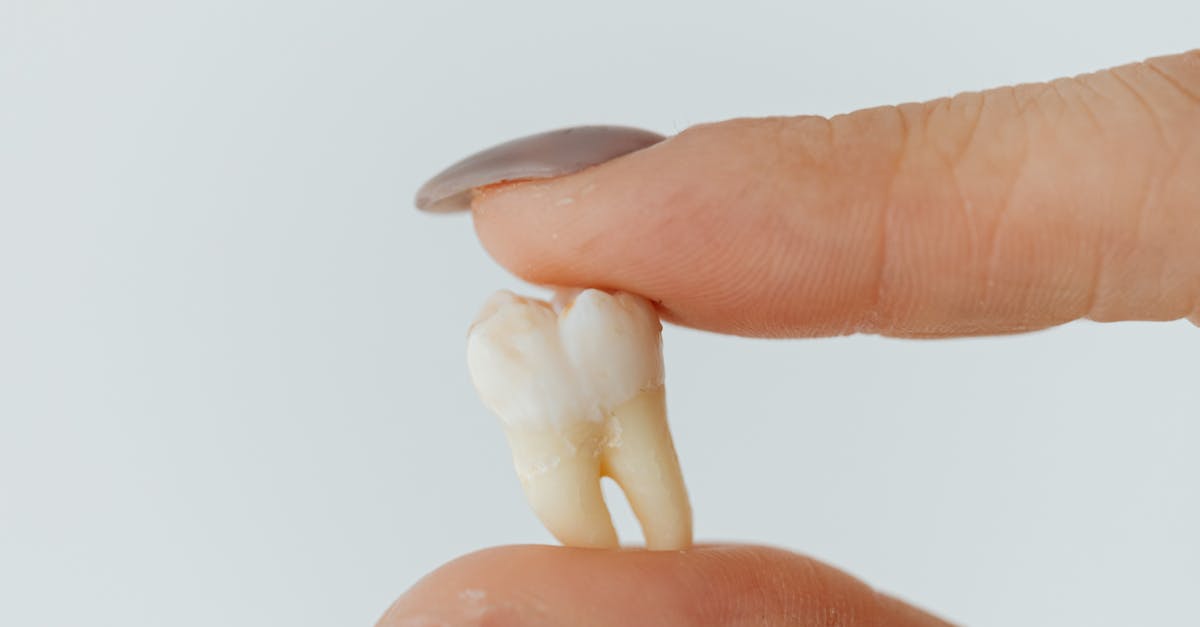
How to Prepare for Immediate Loading of Dental Implants
The choice of implant material plays a significant role in the success and longevity of dental implants. Titanium has been the traditional choice, favoured for its strength, biocompatibility, and ability to integrate with bone effectively. More recen...
Read more →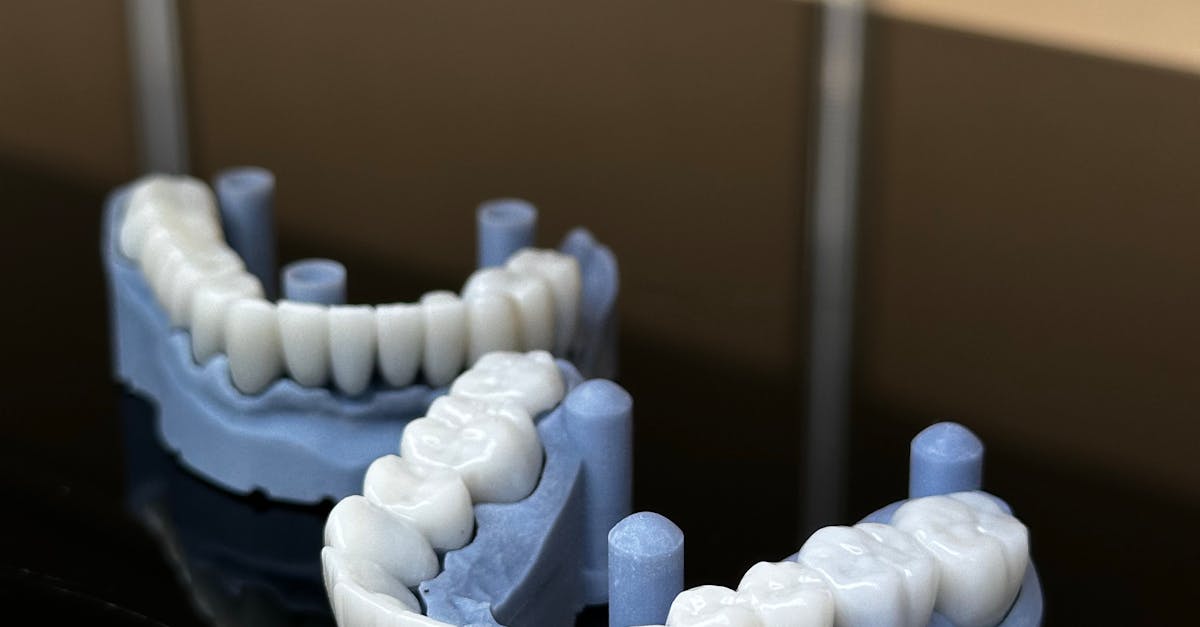
The Healing Process: Delayed Loading Considerations
Determining a patient’s readiness for loading requires comprehensive assessments that take multiple factors into account. Clinicians should consider the physical condition of the patient, the nature of the injury, and any associated comorbidities. ...
Read more →
Delayed Loading: Outcomes and Expectations for Patients
In recent analyses, various case studies illustrate the diverse impacts of delayed loading on patient outcomes. One such study examined a hospital where elective surgeries faced significant delays, leading to increased anxiety among patients. Prolong...
Read more →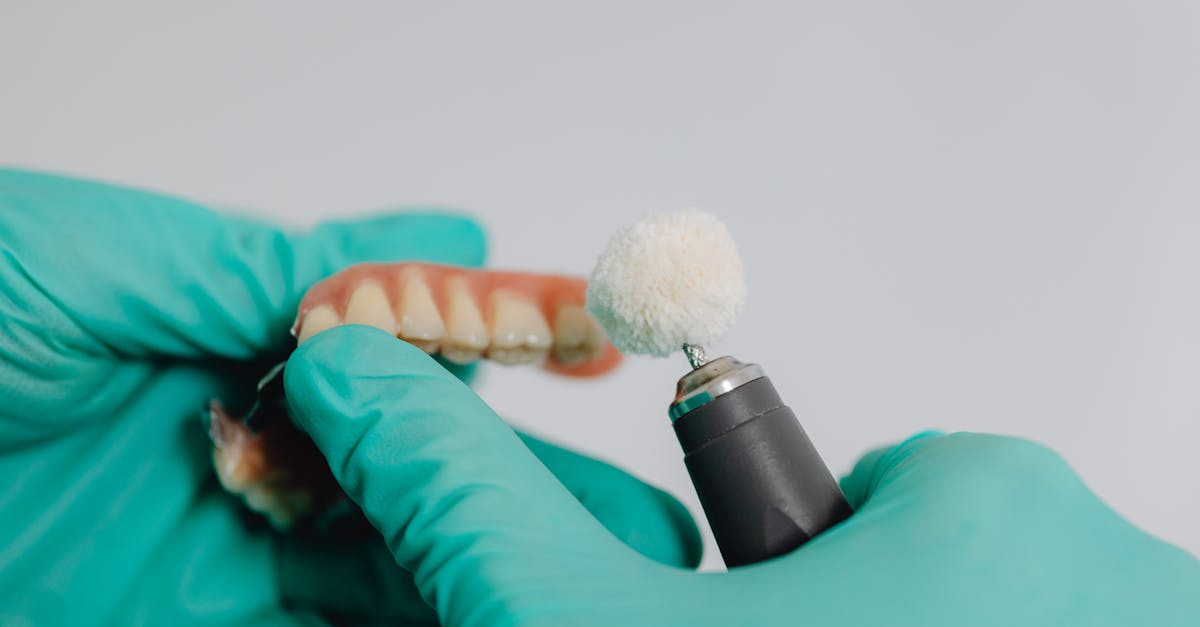
Immediate Loading: Are You a Suitable Candidate?
Lifestyle plays a significant role in determining the suitability for immediate loading dental procedures. Patients with habits such as smoking or excessive alcohol consumption may face complications that could hinder the healing process. Maintaining...
Read more →
Factors Influencing the Choice Between Immediate and Delayed Loading
The duration of treatment plays a critical role in determining whether immediate or delayed loading is preferred. Immediate loading often attracts patients due to the swift results it promises, allowing for quicker restoration of function and aesthet...
Read more →
Understanding Immediate Loading Techniques for Dental Implants in Brisbane
The recovery process following immediate loading of dental implants can vary depending on individual circumstances. Patients typically experience some post-surgical discomfort and swelling, which are common reactions to the procedure. Pain management...
Read more →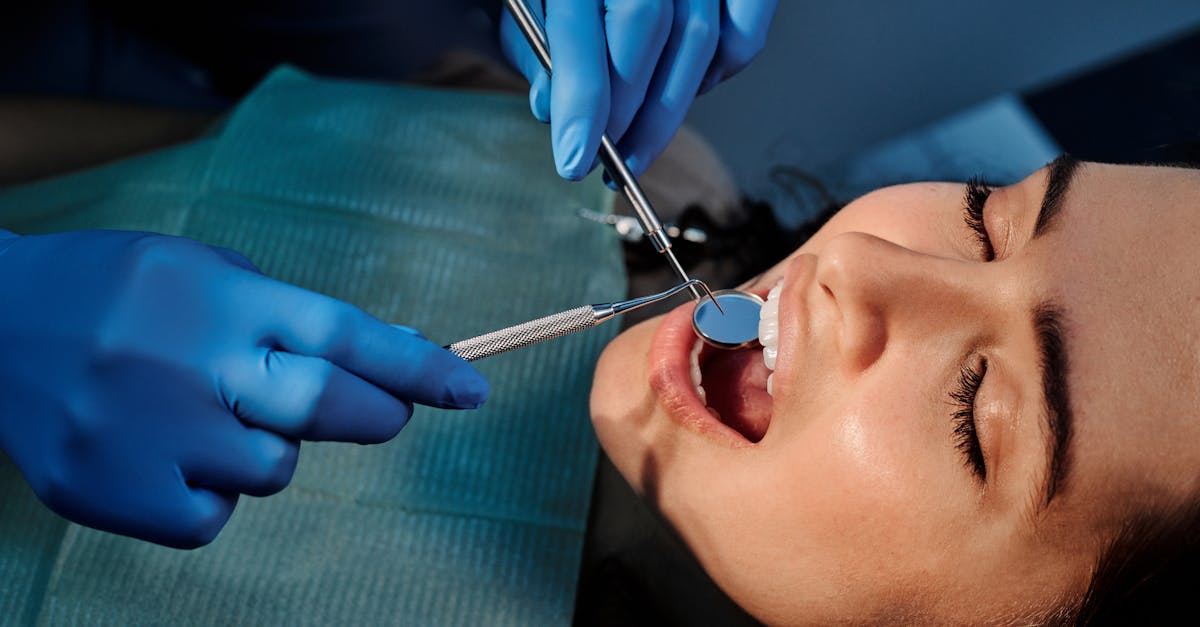
The Benefits of Delayed Loading of Dental Implants
Delayed loading of dental implants can significantly enhance their lifespan. This method allows for optimal healing and integration of the implant with the jawbone, promoting stronger osseointegration. By waiting to place the permanent restoration, t...
Read more →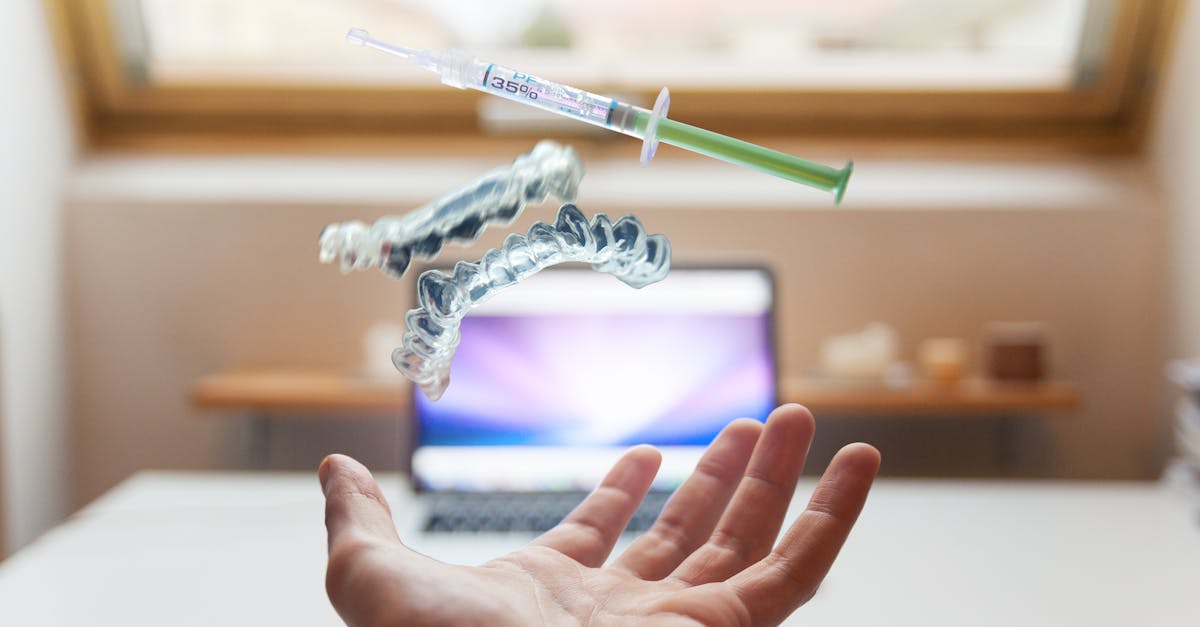
Assessing Injection Techniques for Anesthesia in Implant Surgery
Various complications can arise from improper injection techniques during dental procedures, particularly in the context of implant surgery. Nerve damage is a significant concern, potentially leading to persistent pain or altered sensations. Inadvert...
Read more →
Exploring the Use of PRP in Enhancing Implant Success Rates
When considering the use of platelet-rich plasma (PRP) in enhancing implant success, it is essential to acknowledge potential risks associated with its application. The preparation of PRP itself carries some inherent risks, primarily related to the h...
Read more →
Evaluating the Importance of Soft Tissue Management in Implant Surgery
Effective management of soft tissues is critical for the success of implant surgery. Soft tissue grafting is a common practice aimed at enhancing the foundation for dental implants. This technique not only increases keratinised tissue volume but also...
Read more →
Techniques for Managing Sinus Lift Procedures During Implant Placement
The sinus lift procedure is designed to increase the amount of bone in the upper jaw by elevating the sinus membrane and placing bone graft material in the newly created space. This technique is often necessary when there is insufficient bone height ...
Read more →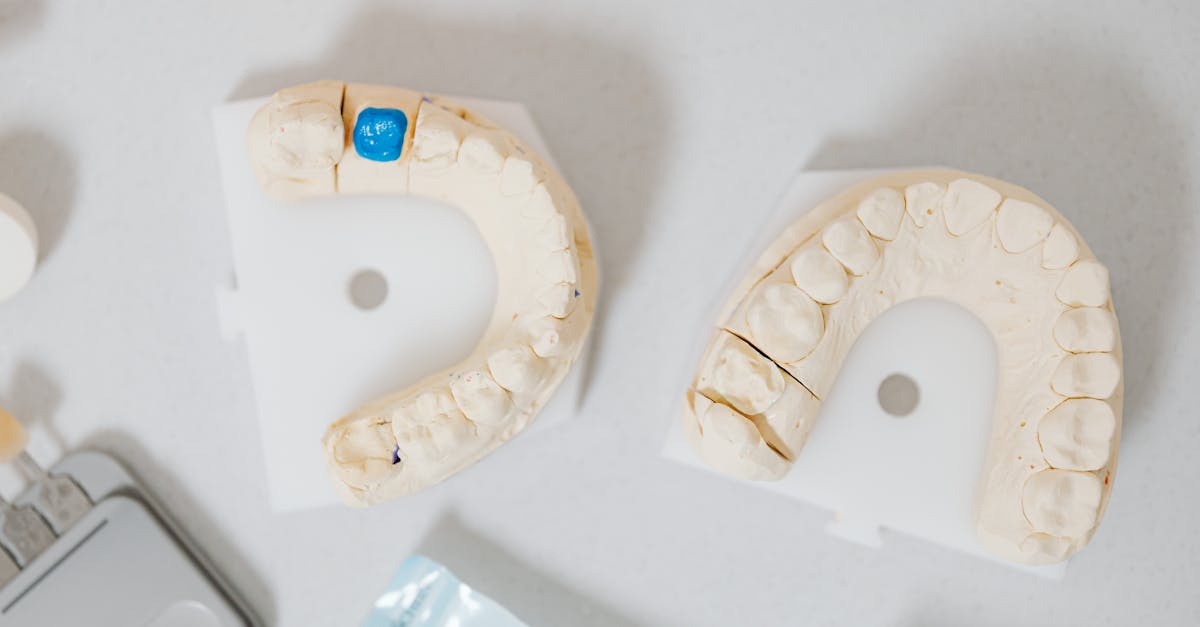
The Benefits of Minimally Invasive Implant Surgery Techniques
Minimally invasive implant surgery techniques have revolutionised the way surgical procedures are performed, particularly in terms of incision size. Smaller incisions lead to significantly reduced scarring, which is often one of the primary concerns ...
Read more →
Advancements in Computer-Guided Implant Surgery
Surgeons are increasingly required to acquire new competencies to effectively utilise computer-guided implant surgery systems. This advanced technology demands a deep understanding of both digital imaging and software applications. Training programs ...
Read more →
The Use of Guided Bone Regeneration in Dental Implant Procedures
The guided bone regeneration (GBR) procedure begins with a thorough assessment of the dental site. The dentist evaluates the extent of bone loss and determines the need for additional support during the implant process. Once the treatment plan is est...
Read more →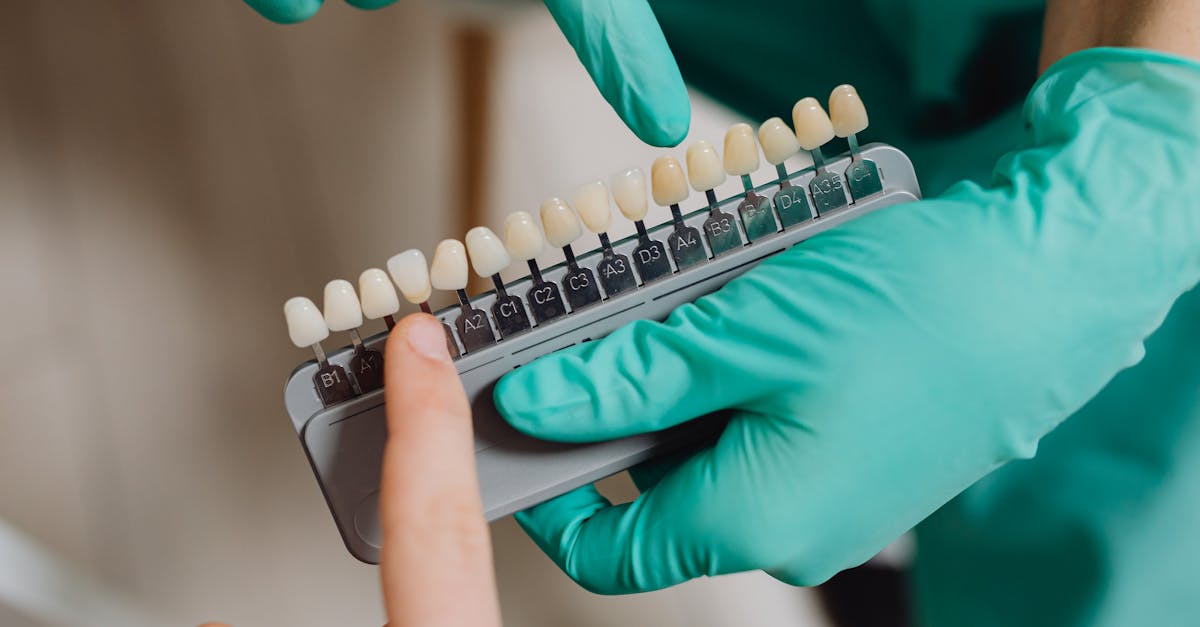
Choosing Between Single-Stage and Two-Stage Dental Implant Surgeries
The financial implications of single-stage and two-stage dental implant surgeries can vary significantly. Single-stage procedures tend to be less expensive due to a reduced number of visits and shorter overall treatment time. Many patients appreciate...
Read more →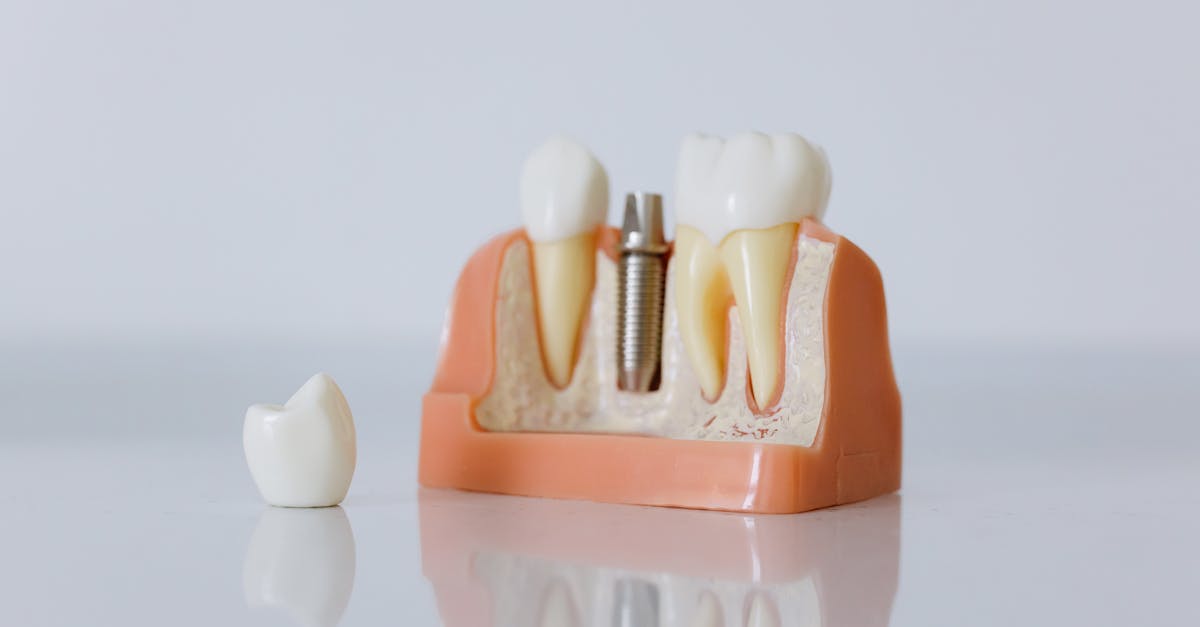
A Comprehensive Guide to Flap Techniques for Implant Placement
The procedure begins with the careful administration of local anaesthesia to ensure the patient’s comfort. The area is then meticulously prepared, with surgical drapes placed to maintain a sterile environment. Using a scalpel, the clinician makes p...
Read more →
Collaborating with Specialists for Optimal Pre-operative Planning
Creating a thorough pre-operative checklist is essential for ensuring all critical aspects of patient care are addressed. This checklist should encompass a range of elements, including patient history assessment, physical examinations, and any necess...
Read more →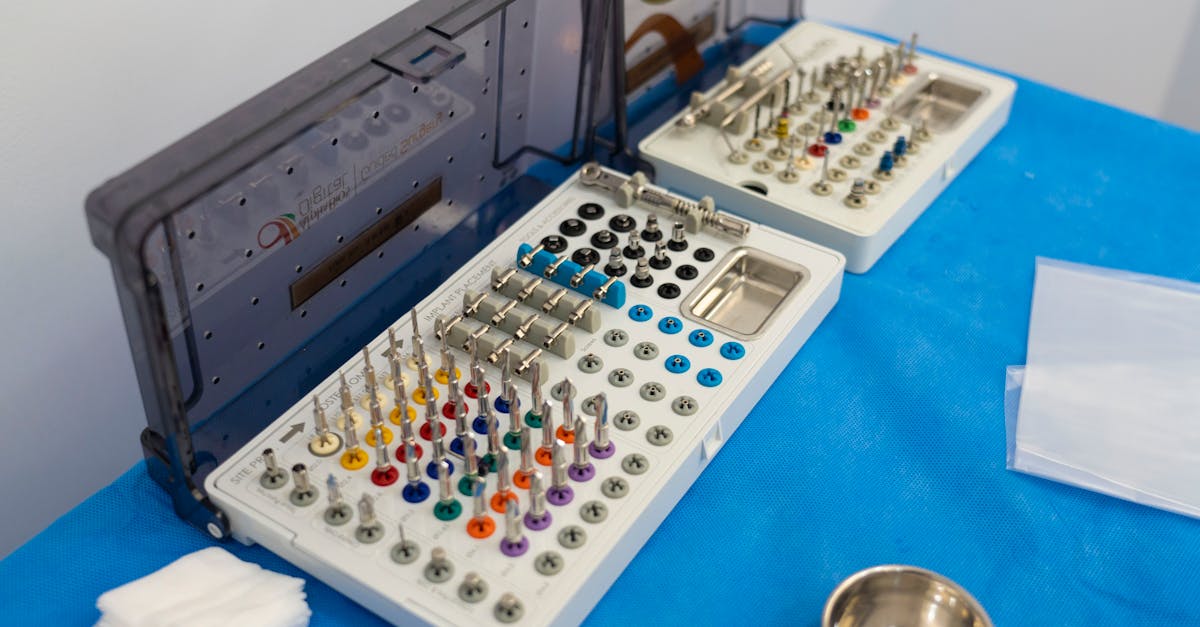
Understanding the Role of Bone Grafting in Dental Implant Surgery
Following bone grafting, patients can expect a recovery period that requires careful attention to care instructions given by their dental professional. Initial swelling and discomfort are common and can be managed with prescribed pain relief. It's im...
Read more →
Managing Patient Expectations During Pre-operative Consultations
Building a strong relationship with patients is essential in a pre-operative consultation. It begins with active listening, which enables practitioners to address concerns thoroughly. Demonstrating empathy can significantly ease patient anxiety. When...
Read more →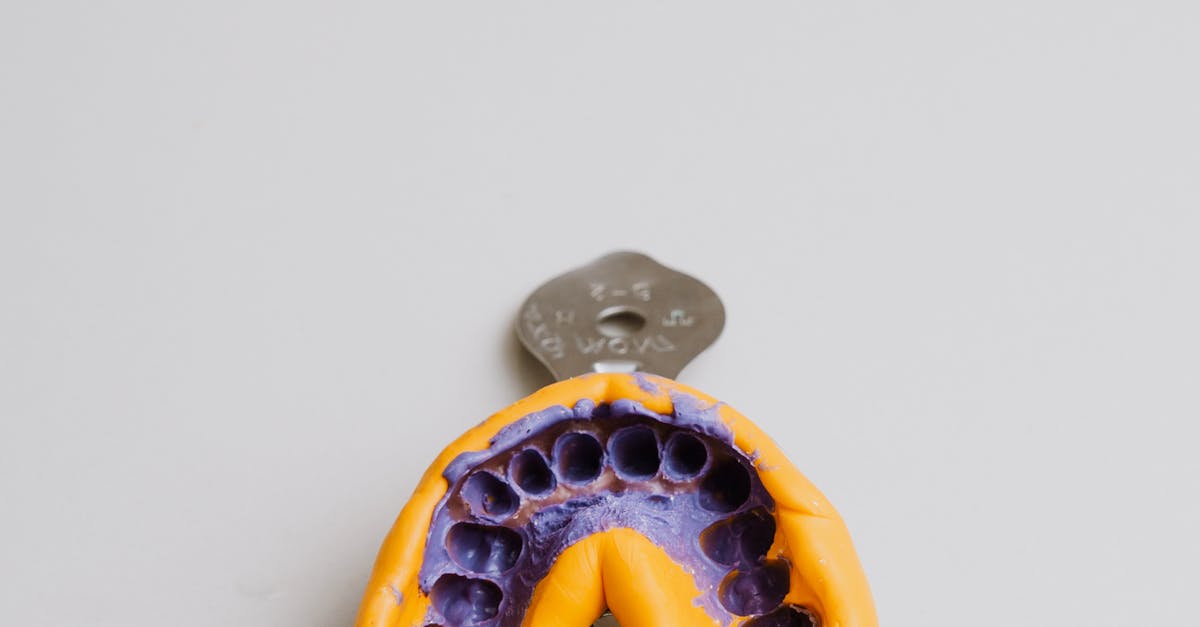
Checklist of Pre-operative Requirements for Dental Implants
Proper management of medications is crucial before undergoing dental implant surgery. Patients should create a comprehensive list of all medications, including prescription and over-the-counter drugs as well as dietary supplements. Certain medication...
Read more →
Importance of Treatment Planning in Complex Implant Cases
Each patient presents unique oral health circumstances, making it essential to develop bespoke treatment plans for complex implant cases. Factors such as bone density, oral hygiene habits, and medical history significantly influence the choice of imp...
Read more →
Evaluating Bone Density and Quality in Pre-implant Assessments
Bone density results are vital for assessing oral health and implant success. Clinicians commonly utilise dual-energy X-ray absorptiometry (DEXA) scans to determine the bone mineral density (BMD) of patients. These results provide quantitative data t...
Read more →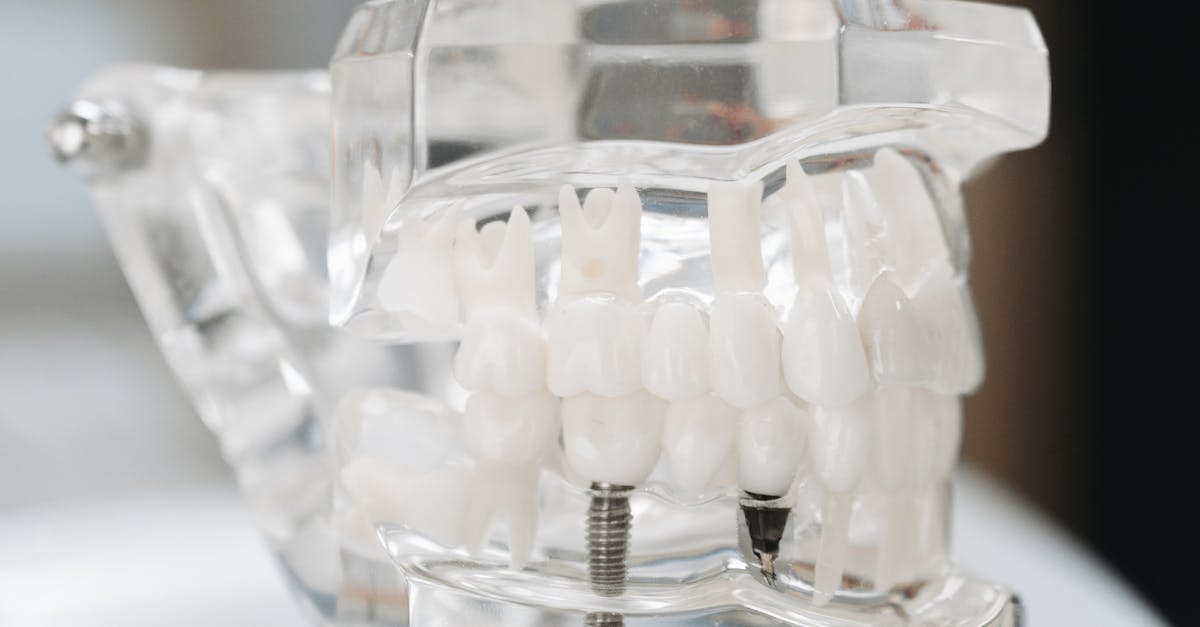
Diagnostic Imaging Techniques for Effective Implant Planning
Three-dimensional imaging techniques have transformed the landscape of implant planning. Techniques such as Cone Beam Computed Tomography (CBCT) provide high-resolution images that detail both hard and soft tissue structures. This level of detail all...
Read more →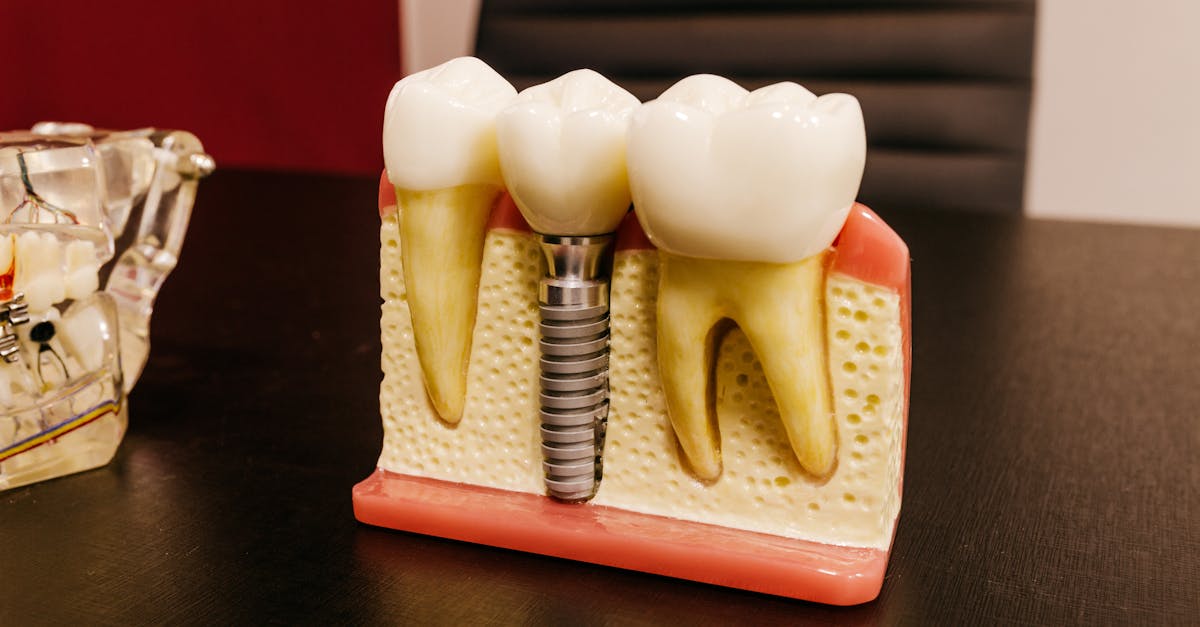
How to Prepare for the Pre-operative Assessment Appointment
Maintaining a healthy lifestyle prior to a pre-operative assessment can significantly influence the outcome of your surgery and recovery. A balanced diet rich in nutrients supports optimal physical health, improves immune function, and facilitates he...
Read more →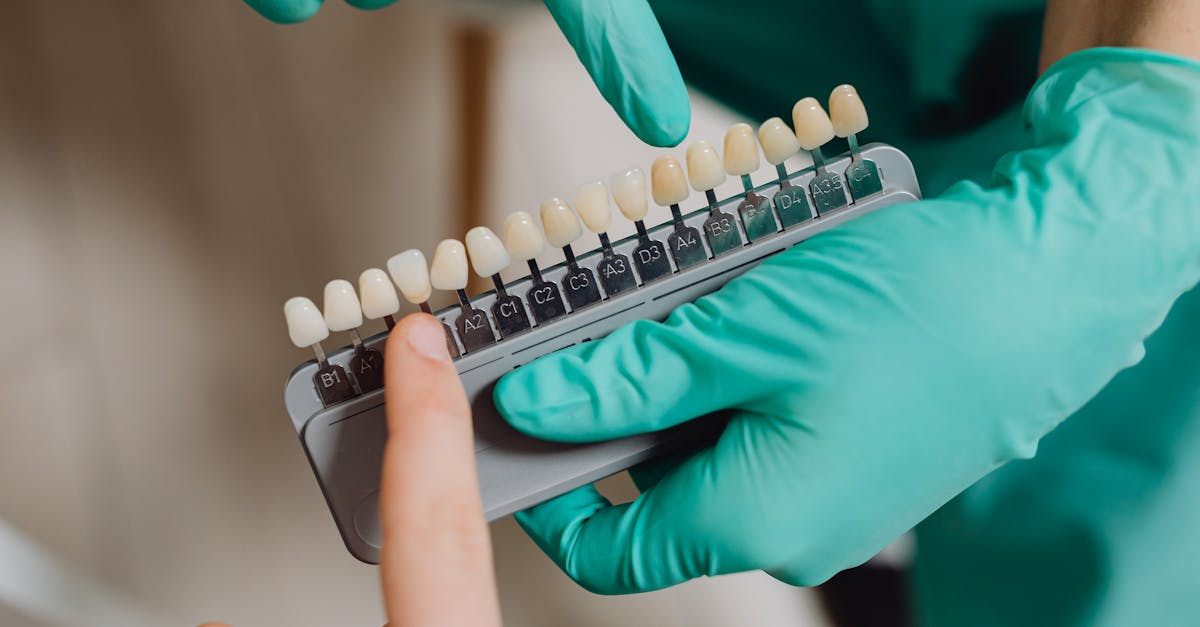
Key Factors in Pre-operative Planning for Dental Implants
The success of dental implants heavily relies on the condition of the underlying bone. Adequate bone quality ensures the implant can integrate properly, while sufficient bone quantity provides the necessary support. Various imaging techniques, such a...
Read more →
The Importance of Medical History Review Before Dental Implant Surgery
A thorough examination of a patient's past surgical experiences can provide valuable insights into their current health status and potential challenges during dental implant surgery. Understanding any previous surgeries helps to identify complication...
Read more →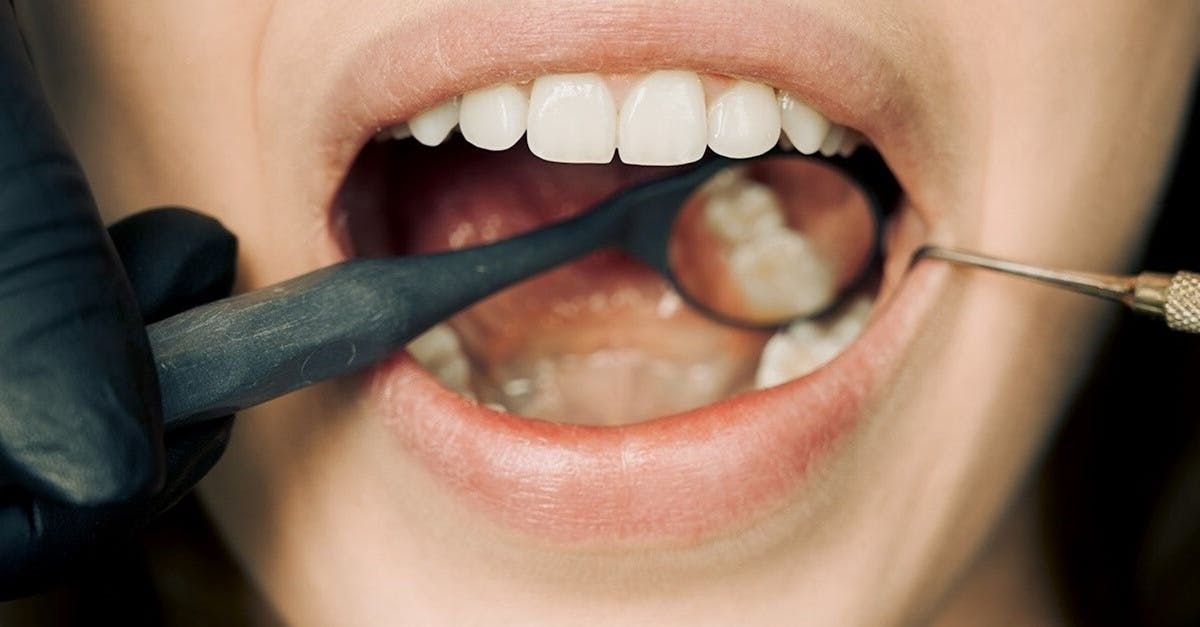
Understanding the Role of Comprehensive Assessments in Dental Implant Success
The quality and quantity of bone tissue play crucial roles in the success of dental implants. Adequate bone density provides the necessary support for the implant, ensuring stability and longevity. Inadequate bone can lead to complications such as im...
Read more →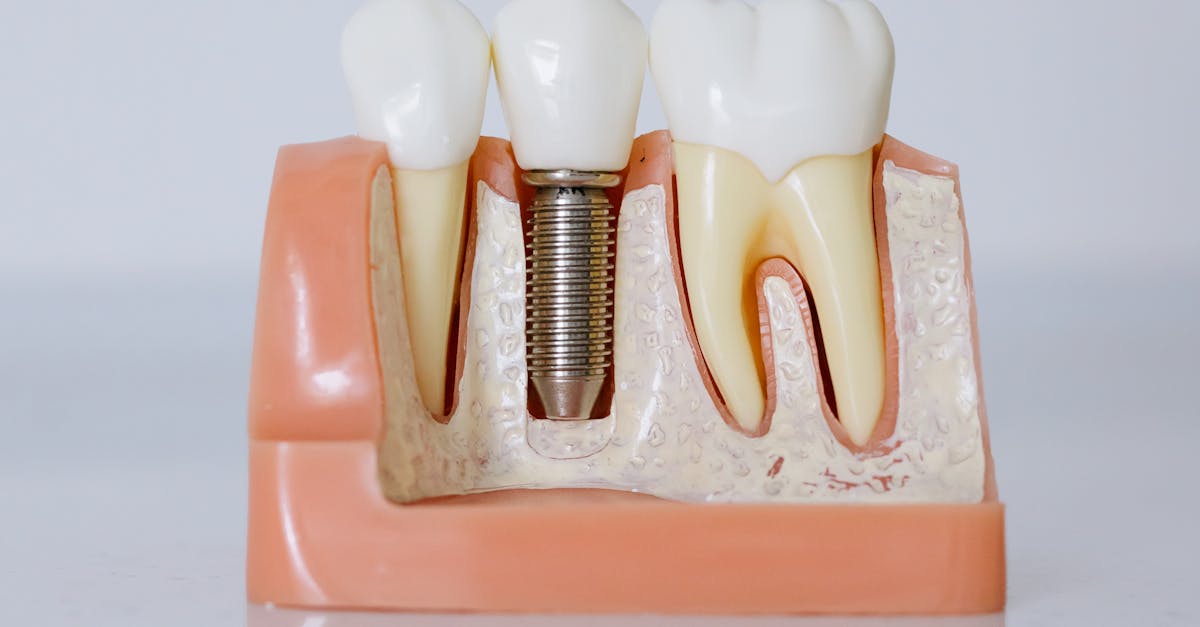
Innovations in Implant-Supported Denture Technology
The fusion of dental implants with traditional denture solutions marks a significant advancement in dental restoration. Implant-supported dentures offer enhanced stability and comfort, addressing many of the limitations associated with conventional r...
Read more →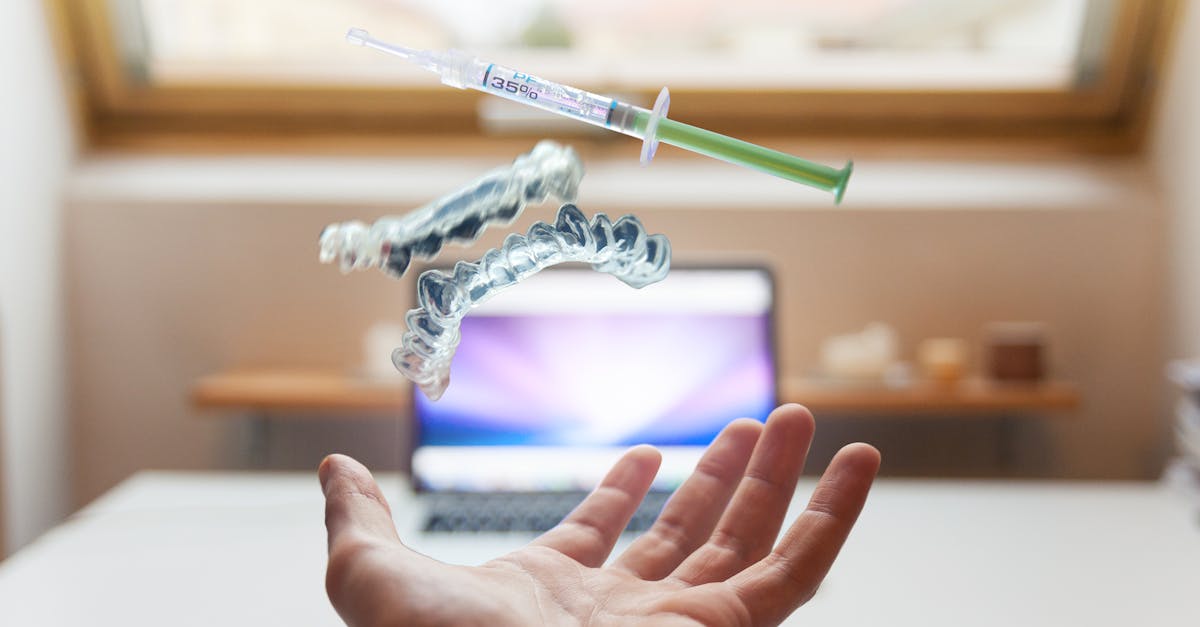
Adjusting to Life with Implant-Supported Dentures
The transition to implant-supported dentures can be both exciting and challenging. Initially, you might experience sensations that are unfamiliar, such as pressure or slight discomfort where the implants are placed. It is important to remember that t...
Read more →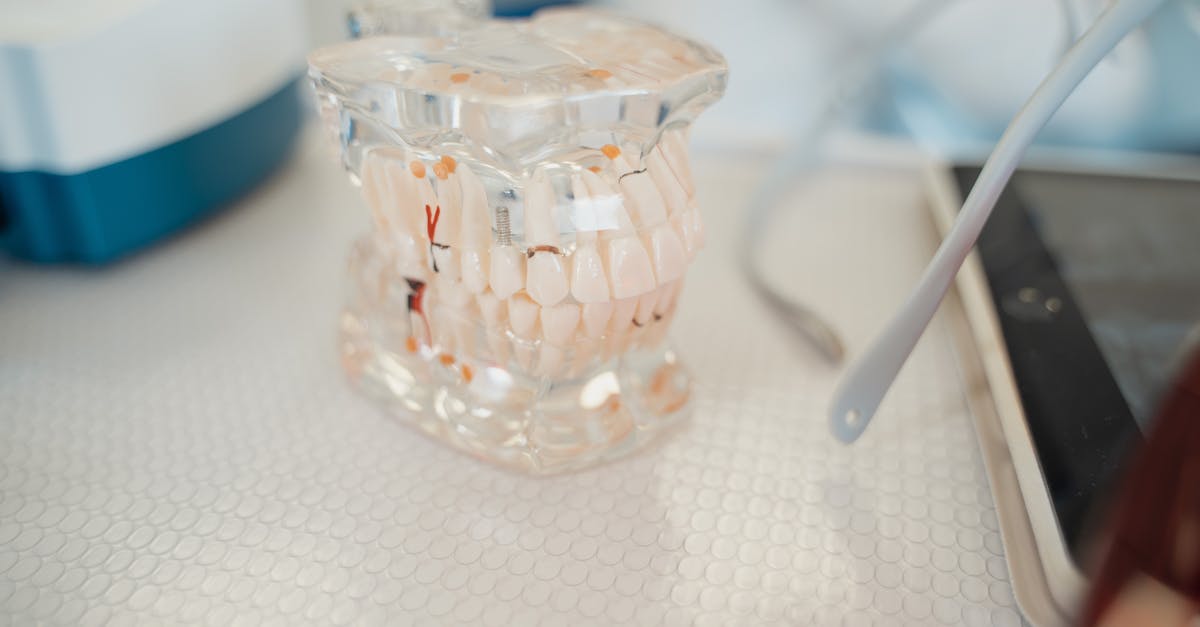
The Role of Bone Quality in Implant-Supported Denture Placement
Ensuring the bone is adequately prepared before implant placement is critical for the success of the procedure. A thorough assessment of the individual’s bone structure through imaging techniques guides the determination of the implant site. This a...
Read more →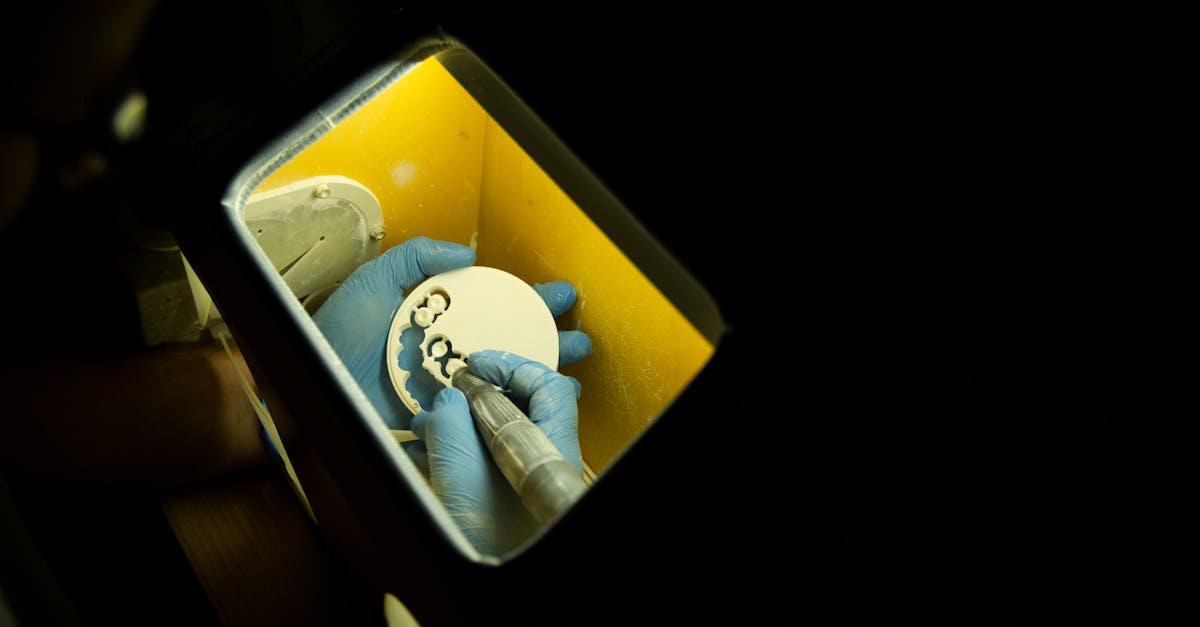
Common Myths About Implant-Supported Dentures Debunked
Many people believe that implant-supported dentures look unnatural, leading to hesitation about opting for this type of dental solution. In reality, modern technology and skilled dental craftsmanship have advanced significantly, ensuring that these d...
Read more →
Costs Involved in Getting Implant-Supported Dentures in Brisbane
For many patients, the process of obtaining implant-supported dentures may involve additional treatments and procedures. Depending on the condition of the jawbone, procedures like bone grafting or sinus lifts could be necessary to provide adequate su...
Read more →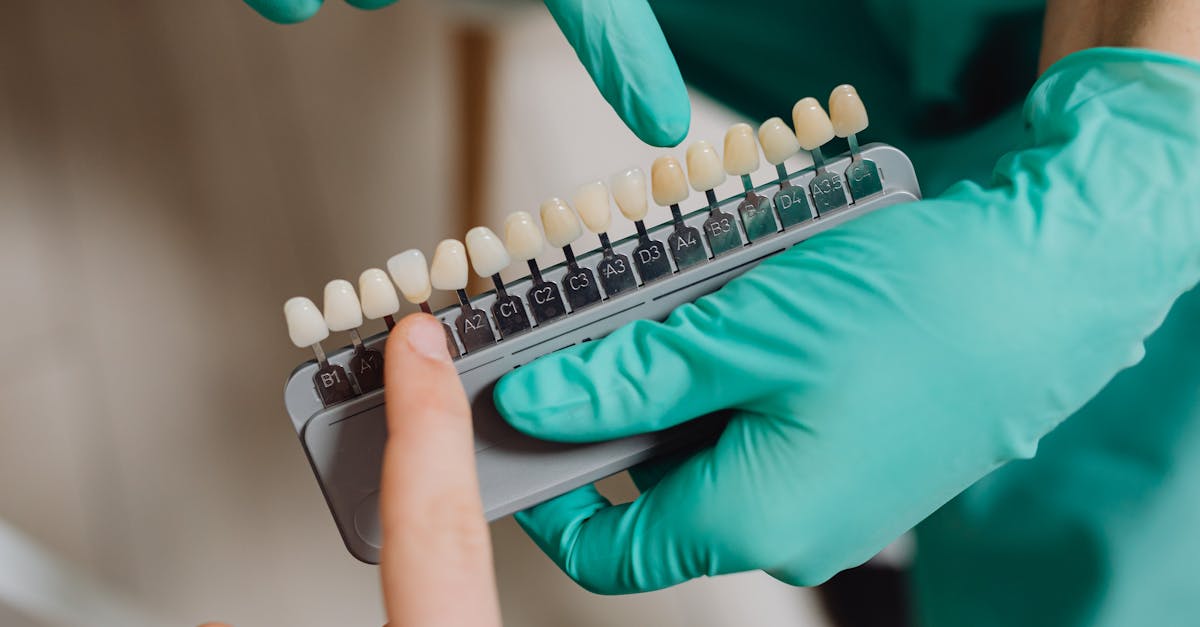
How to Choose the Right Implant-Supported Denture Provider
Personal experiences shared by previous patients can offer invaluable insights into the quality of care provided by a dental practice. Testimonials can reflect various aspects of service, from the professionalism of the staff to the effectiveness of ...
Read more →
The Process of Receiving Implant-Supported Dentures in Brisbane
After undergoing implant surgery, your body will begin the healing process, which is crucial for the success of the implants. The initial healing phase typically lasts around one to two weeks, during which you might experience some swelling, discomfo...
Read more →
Factors Influencing the Success of Implant-Supported Dentures
Implant materials play a crucial role in the overall success of dental implants. Titanium has long been the industry standard, valued for its biocompatibility and strength. This metal promotes osseointegration, allowing the bone to bond effectively. ...
Read more →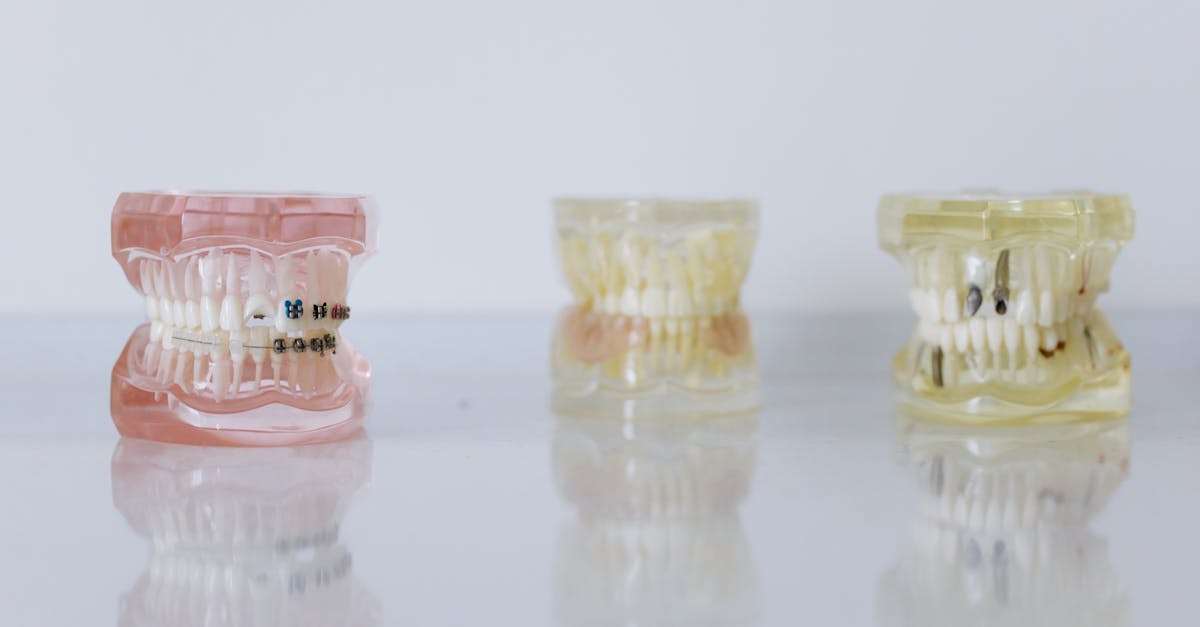
Comparing Implant-Supported Dentures to Traditional Options
Implant-supported dentures generally offer greater longevity compared to traditional dentures. The implants themselves, made from biocompatible materials, can last for over a decade with proper care. Unlike conventional options, which can wear down a...
Read more →
Understanding the Benefits of Implant-Supported Dentures in Brisbane
The journey toward acquiring implant-supported dentures begins with a thorough consultation. During this initial appointment, the dentist evaluates the patient's oral health, discusses treatment options, and creates a tailored plan. X-rays and CT sca...
Read more →
Potential Risks and Complications of Mini Dental Implants
Pre-existing conditions can significantly influence the outcome of mini dental implant procedures. Patients with chronic health issues such as diabetes or cardiovascular diseases may experience complications during both the surgery and recovery proce...
Read more →
How Mini Dental Implants Improve Dental Function
After receiving mini dental implants, patients should prioritise rest and recovery. It is essential to follow the dentist's instructions regarding dietary restrictions during the initial healing phase. Soft foods are recommended to avoid putting pres...
Read more →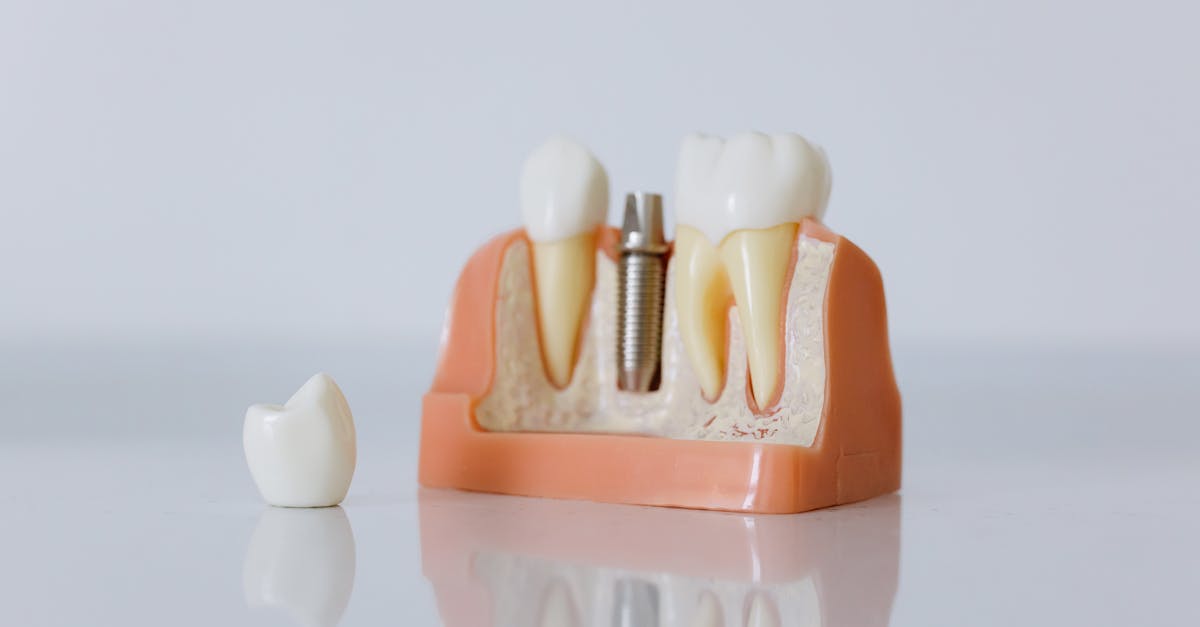
Mini Dental Implants: A Solution for Tooth Gaps
Despite their growing popularity, some individuals hold misconceptions about mini dental implants. One prevalent myth suggests that they are not as durable as traditional implants. In reality, mini implants are designed from high-quality materials th...
Read more →
Post-Placement Care for Mini Dental Implants
Post-placement care requires attention to diet and nutrition to ensure proper healing and integration of the mini dental implants. Soft foods can be beneficial during the initial recovery period. Items like smoothies, yogurt, mashed potatoes, and sou...
Read more →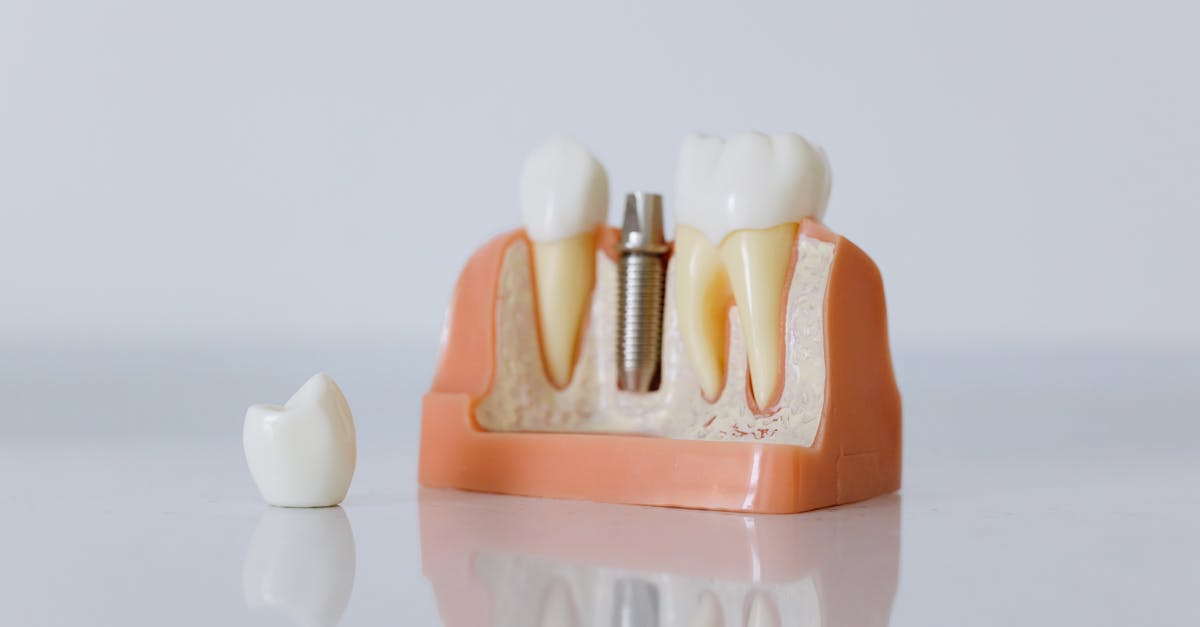
Ideal Candidates for Mini Dental Implants
A person's lifestyle can significantly affect their suitability for mini dental implants. Individuals who lead a healthy lifestyle, characterised by balanced nutrition and regular exercise, generally experience better healing and integration times af...
Read more →
Cost Considerations for Mini Dental Implants in Brisbane
After mini dental implants are placed, patients must engage in proper aftercare to ensure the longevity of the implants. This includes regular dental check-ups and cleanings as well as adhering to personal oral hygiene routines. Although these expens...
Read more →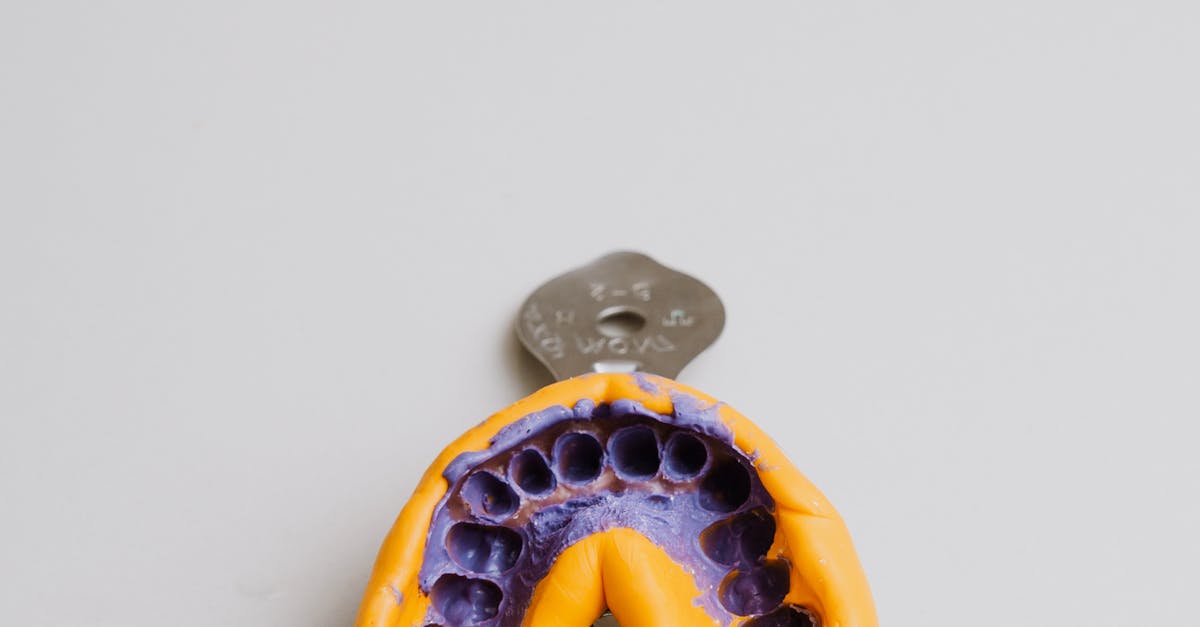
Longevity and Durability of Mini Dental Implants
Dental implant longevity can be significantly influenced by individual patient factors. Key considerations include overall health status, oral hygiene habits, and lifestyle choices. Conditions such as diabetes, osteoporosis, or periodontal disease ca...
Read more →
Comparing Mini Dental Implants to Traditional Implants
The cost of mini dental implants is generally lower than that of traditional implants. This price difference often stems from the less complex surgical procedures associated with mini implants. The materials used in their construction can also affect...
Read more →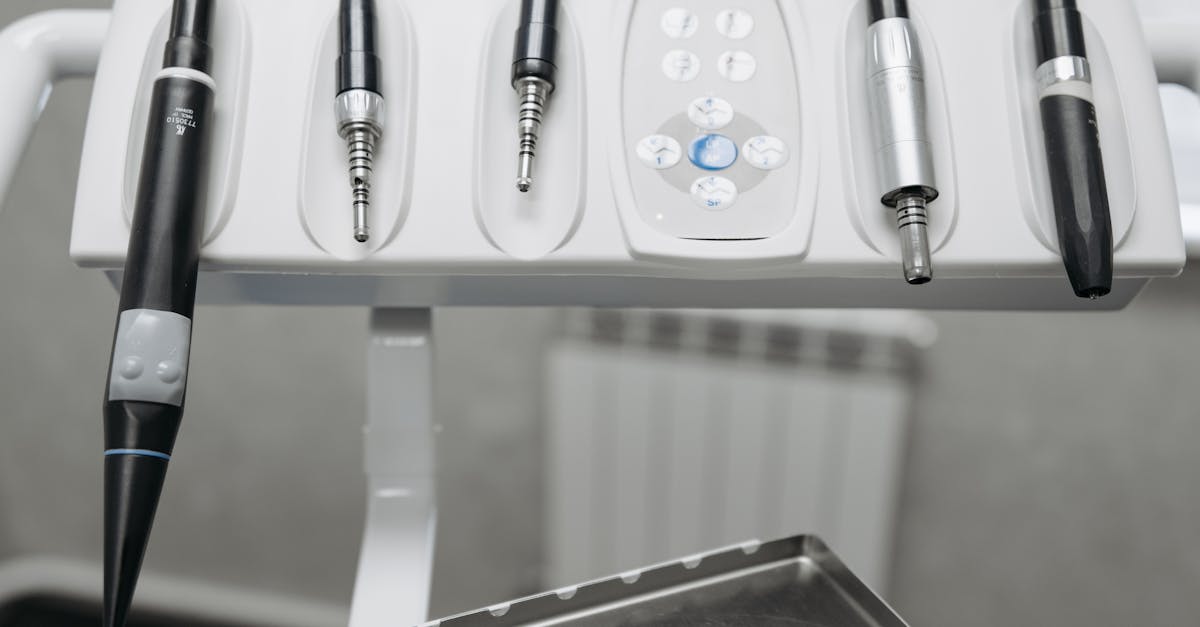
The Procedure for Installing Mini Dental Implants
Post-operative care plays a crucial role in the success of mini dental implants. Patients should follow their dentist's instructions regarding pain management and any prescribed medications. It’s advisable to apply ice packs to the outside of the m...
Read more →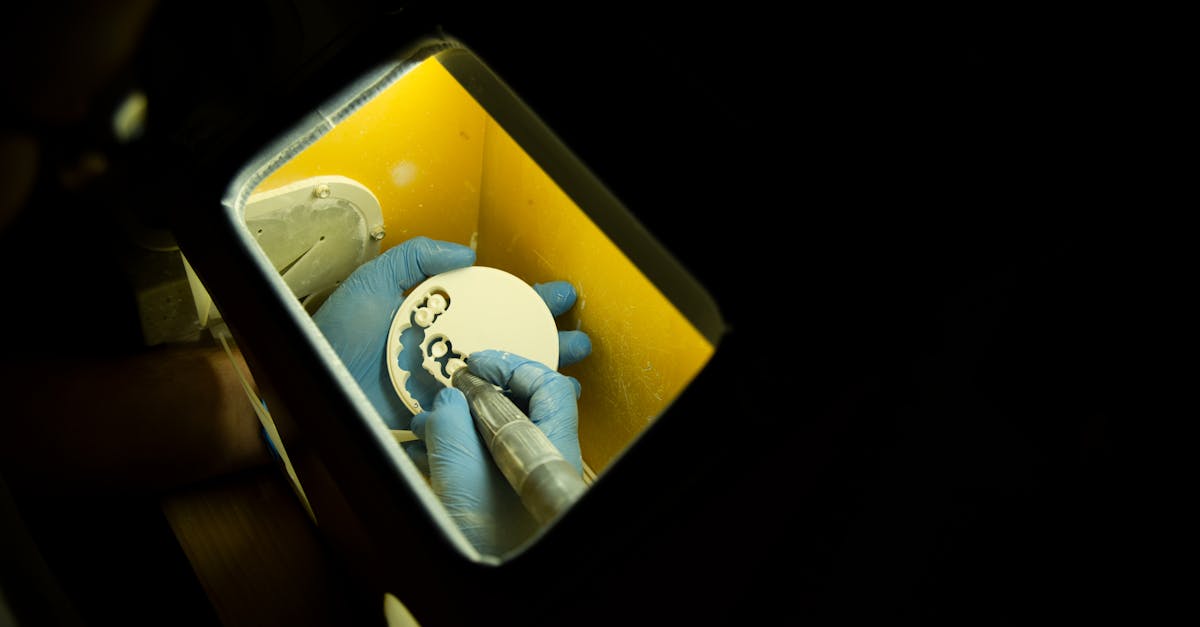
Advantages of Mini Dental Implants for Patients in Brisbane
Patients seeking dental implant solutions often experience concerns about bone loss in their jaw. Traditional dental implants require significant bone volume for stability. Mini dental implants, designed with a narrower diameter, can be placed into a...
Read more →
Step-by-Step Guide to the Zygomatic Implant Surgical Procedure
The zygomatic implant procedure begins with a thorough assessment of the patient’s oral and general health. This initial evaluation includes imaging studies to determine bone density and the precise locations for implant placement. A customised sur...
Read more →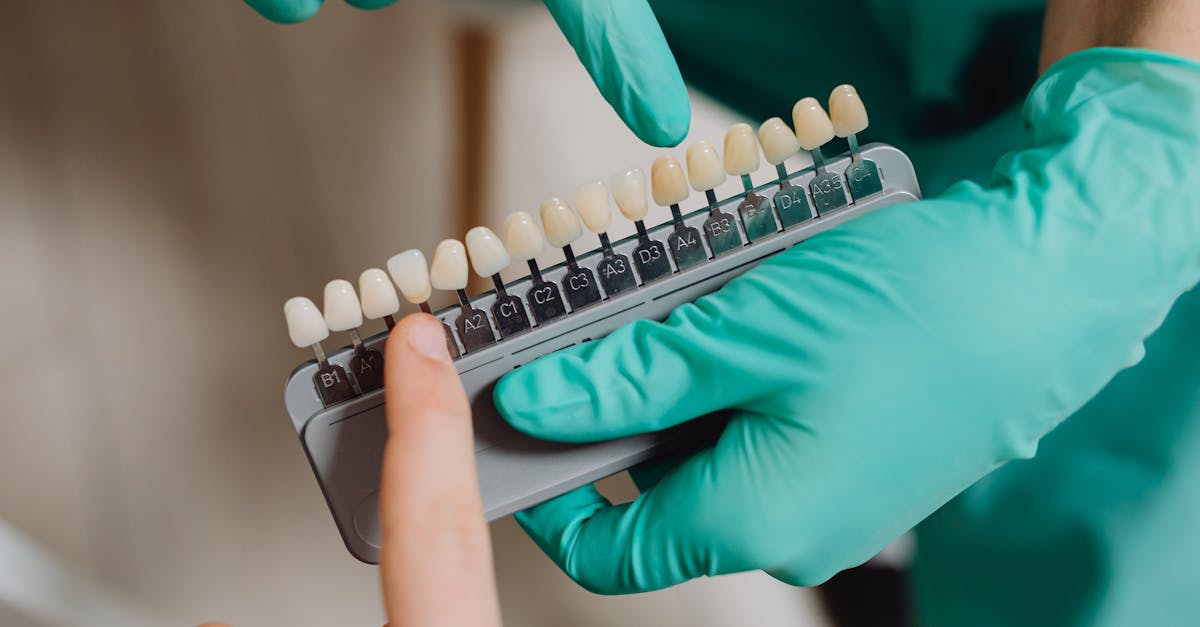
Long-Term Outcomes of Zygomatic Implants Compared to Other Types
Zygomatic implants present certain risks that patients must consider prior to undergoing the procedure. Among these, the potential for infection at the surgical site can lead to complications. Additionally, improper placement of the implants may resu...
Read more →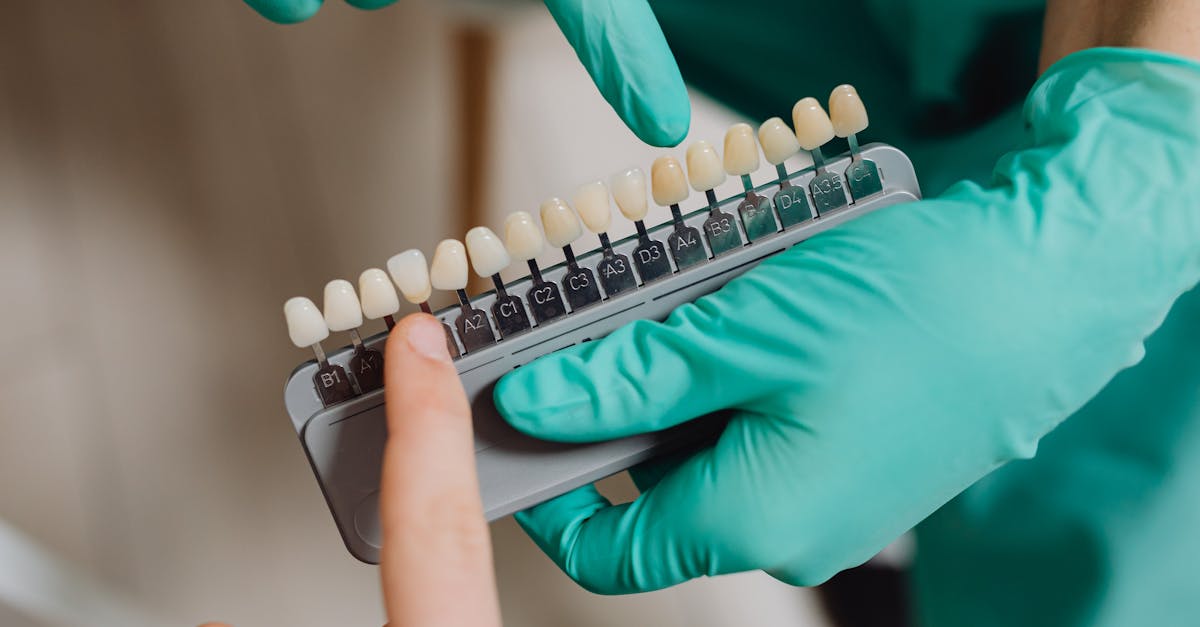
The Role of Zygomatic Implants in Severe Bone Loss Cases
Following the placement of zygomatic implants, patients typically enter a recovery phase that may vary in duration and complexity depending on individual factors such as overall health and the extent of the procedure. Initial healing usually takes se...
Read more →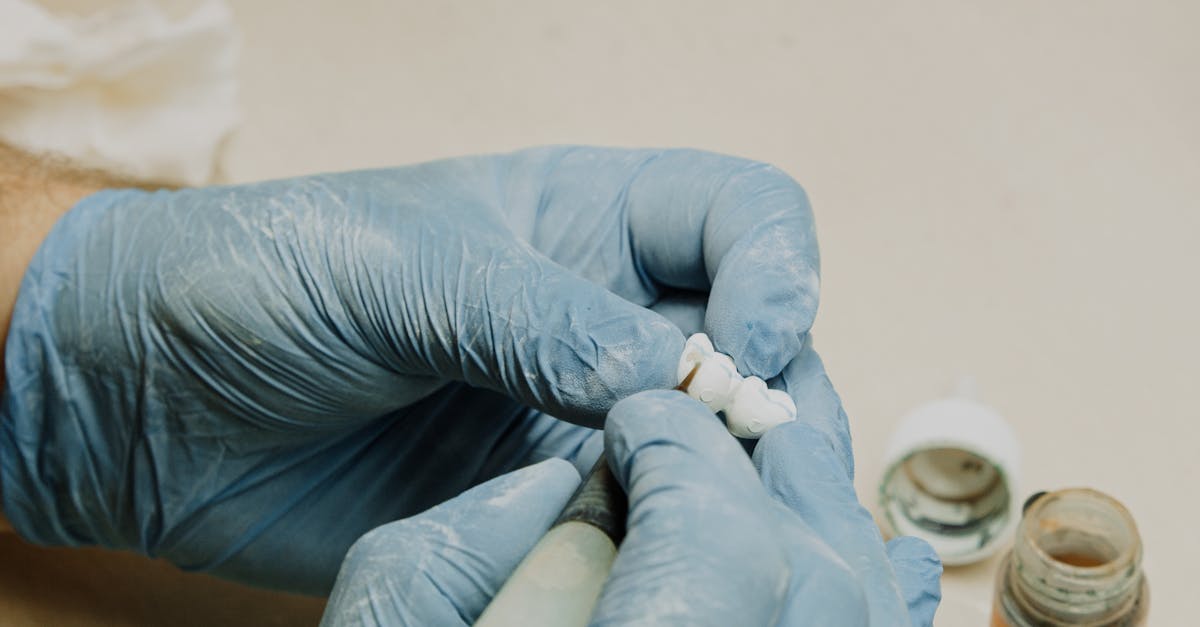
Recovery Expectations After Zygomatic Implant Placement
After zygomatic implant placement, patients should be vigilant for specific complications that may arise. Infection is a primary concern, manifesting as persistent swelling, redness, or increased pain at the surgical site. Excessive bleeding can also...
Read more →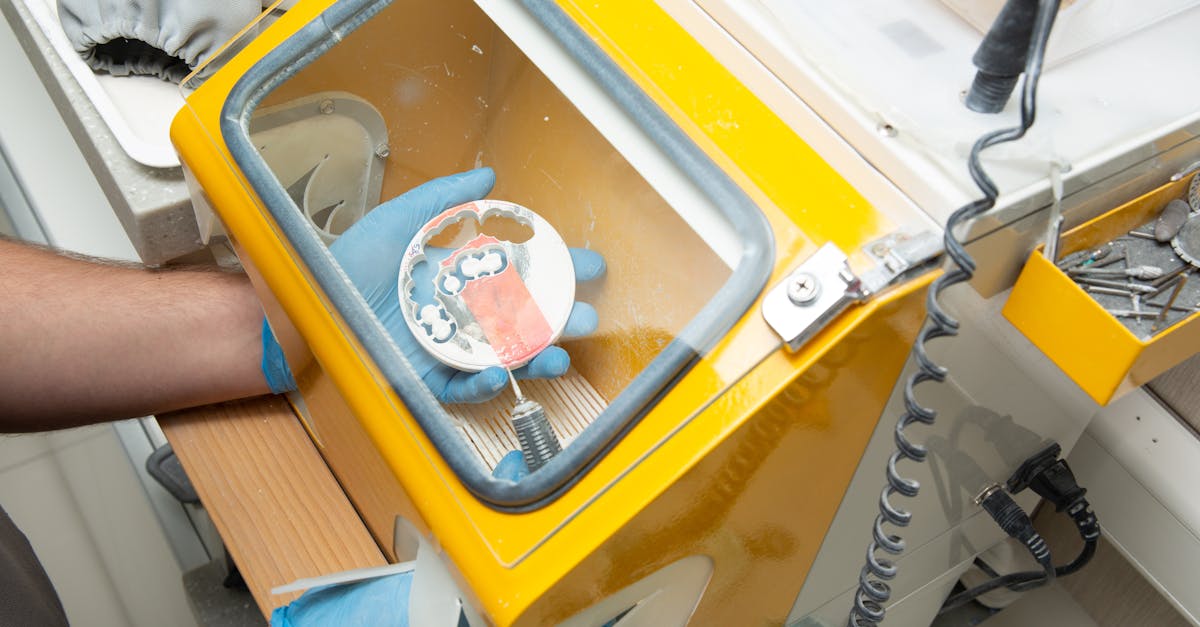
How Zygomatic Implants Improve Dental Function and Aesthetics
Zygomatic implants provide a remarkable solution for individuals who have experienced severe bone loss in the upper jaw. Unlike traditional implants that rely on the availability of adequate bone structure, zygomatic implants anchor directly into the...
Read more →
Ideal Candidates for Zygomatic Implants in Brisbane
When considering zygomatic implants, age plays a significant role in determining suitability. These implants are generally recommended for adults who have completed jaw growth, which typically occurs around the late teenage years. Younger candidates ...
Read more →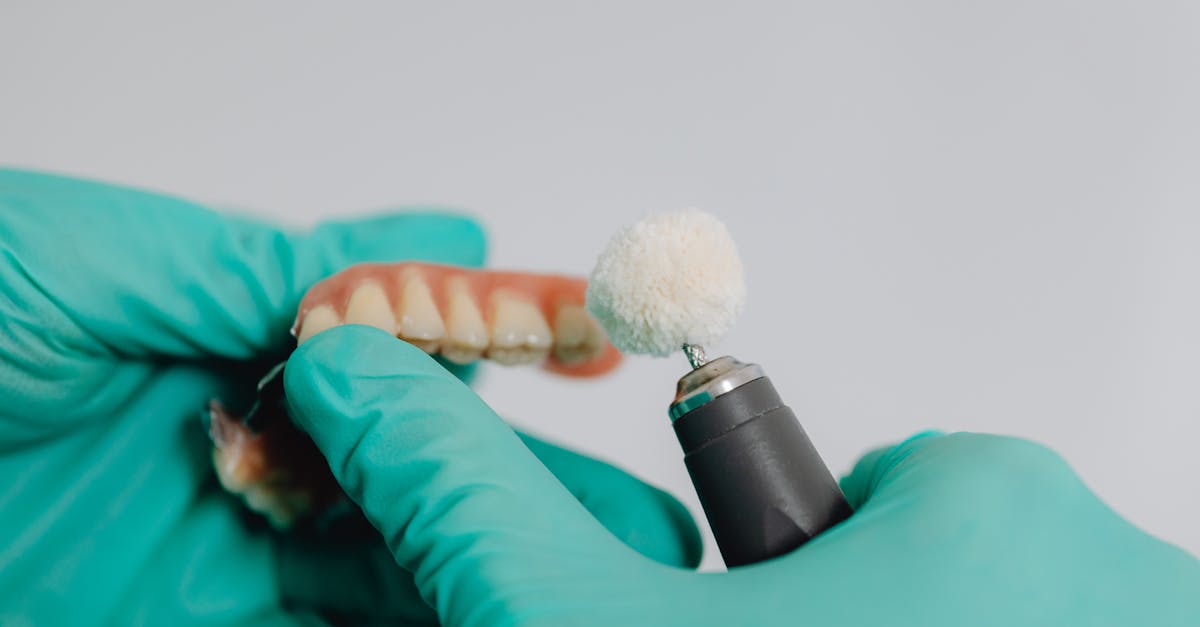
The Cost Factors Involved in Zygomatic Implant Surgery
The qualifications and experience of the surgeon play a significant role in determining the overall cost of zygomatic implant surgery. Highly skilled professionals typically command higher fees due to their extensive training and proven track record ...
Read more →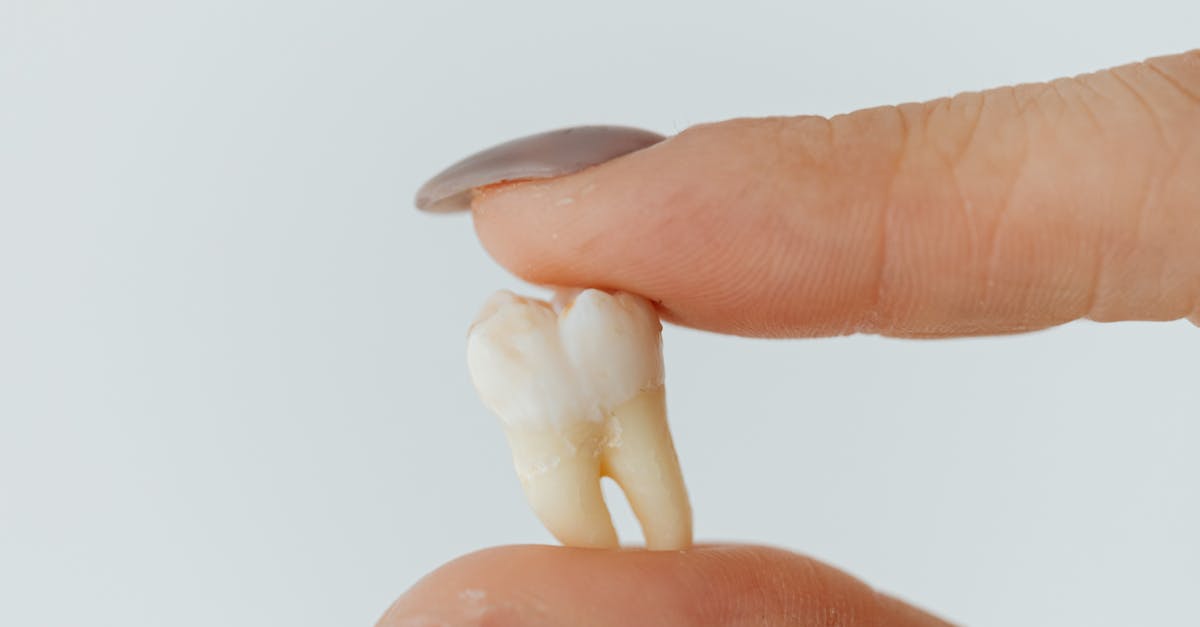
Zygomatic Implants vs Traditional Implants: What You Need to Know
Zygomatic implants involve a distinct placement technique compared to traditional implants. The process begins with precise imaging to determine the optimal angle for placement, typically into the zygomatic bone, which offers increased stability for ...
Read more →
The Anatomy of Zygomatic Implants: A Comprehensive Overview
Zygomatic implants offer a viable solution for individuals who have experienced severe bone loss in the upper jaw. They are anchored in the zygomatic bone, which is denser than the maxillary bone, providing a solid foundation for prosthetic teeth. Th...
Read more →
Understanding the Benefits of Zygomatic Implants for Brisbane Patients
When considering zygomatic implants, Brisbane patients should be aware of the various costs involved. The initial investment can be higher than traditional dental implants due to the complexity of the procedure and the specialised expertise required....
Read more →
Common Myths About Subperiosteal Dental Implants
Healing after the placement of subperiosteal implants typically varies among individuals, depending on factors such as bone quality and overall health. While some may experience a quicker recovery, others might need more time for the surgical site to...
Read more →
A Step-by-Step Guide to Subperiosteal Implant Placement
Subperiosteal implant placement is a sophisticated dental procedure designed for patients lacking sufficient bone density in the jaw. This approach involves positioning the implant beneath the periosteum, the membrane covering the jawbone. The proces...
Read more →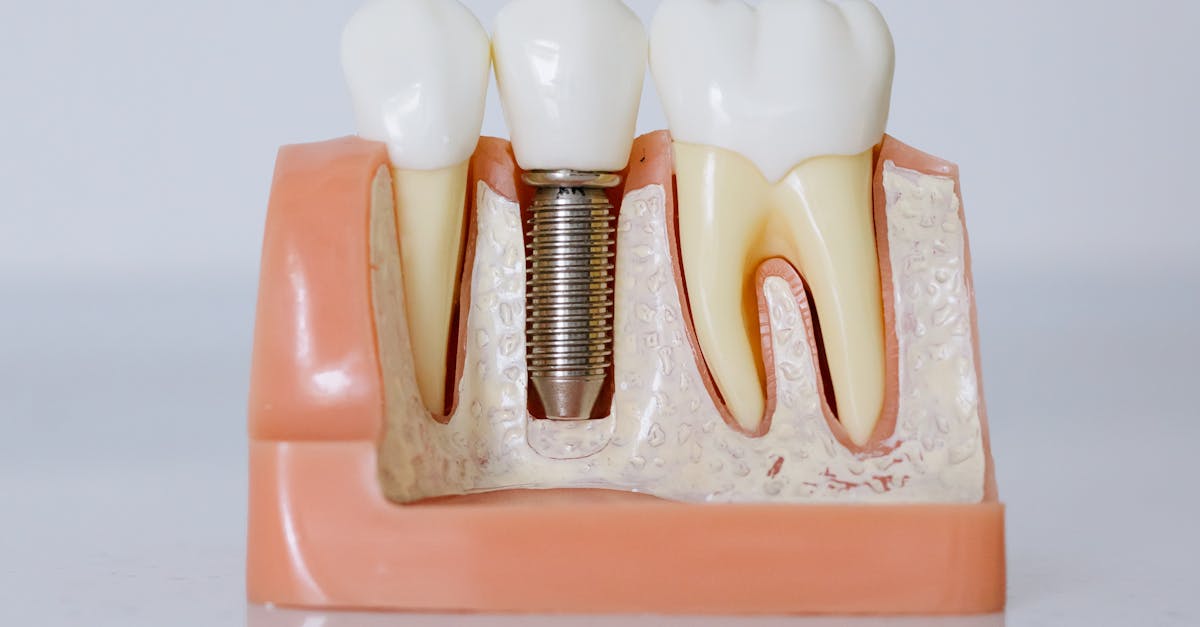
Innovations in Subperiosteal Implant Technology
Subperiosteal implants offer various advantages for patients requiring dental restoration. They provide a stable foundation for prosthetic teeth without the need for significant bone grafting. This aspect is particularly beneficial for individuals wi...
Read more →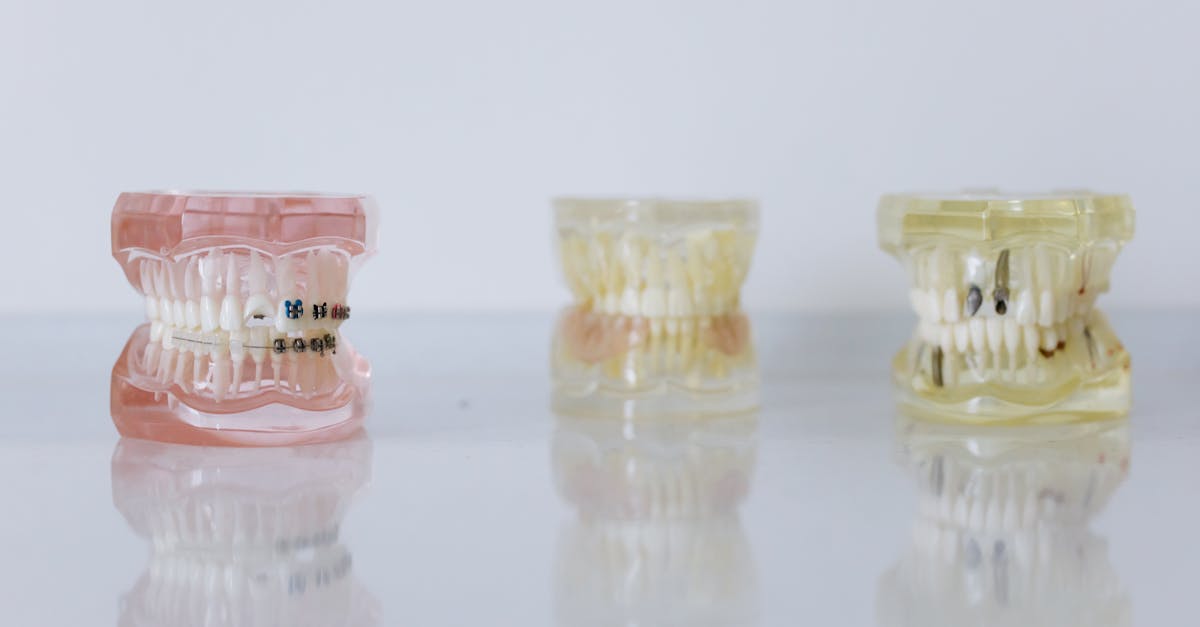
Long-term Outcomes of Subperiosteal Dental Implants
The longevity of dental implants varies between types, with factors such as placement technique and patient health playing significant roles. Subperiosteal implants, positioned above the jawbone beneath the gum tissue, have historically been advantag...
Read more →
Ideal Candidates for Subperiosteal Dental Implants
Age plays a crucial role in determining eligibility for subperiosteal dental implants. Generally, adults aged 18 years and older are considered ideal candidates. Younger patients may still be growing, which could affect the positioning and stability ...
Read more →
The Cost Factor Associated with Subperiosteal Implants
Subperiosteal implants, while offering distinct advantages in certain clinical situations, come with unique long-term maintenance expenses that should be taken into account. These implants require regular monitoring to ensure their stability and func...
Read more →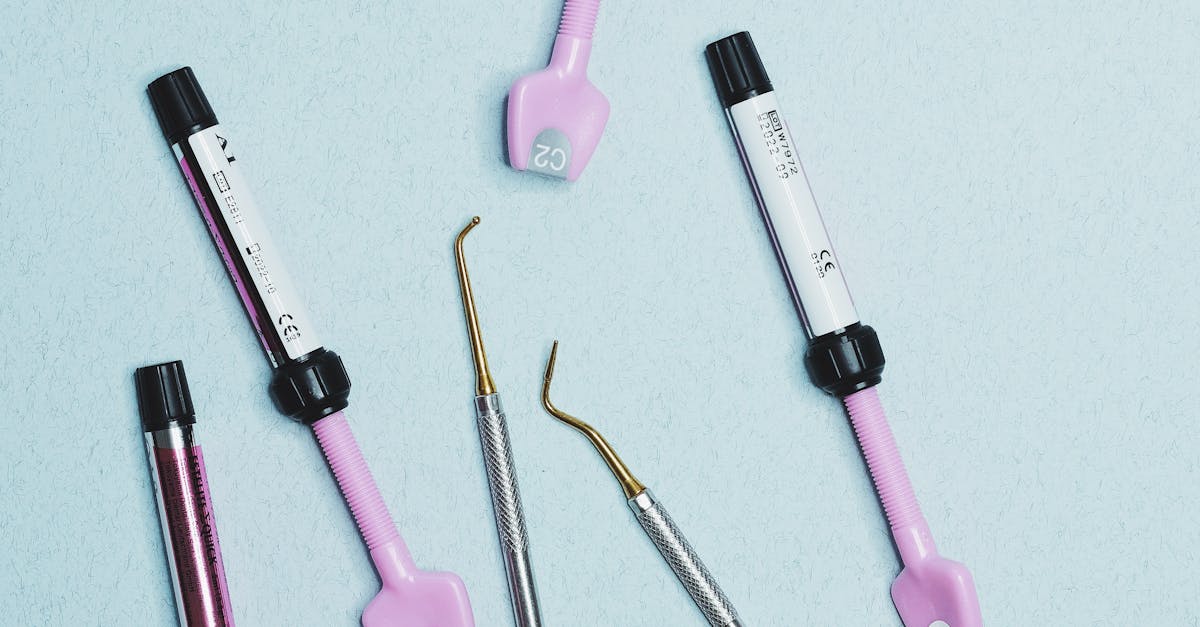
Comparing Subperiosteal Implants with Traditional Options
Subperiosteal implants offer distinct advantages, particularly for patients with limited bone height or density. These implants are designed to sit atop the jawbone, providing a stable base for prosthetic teeth without necessitating extensive bone gr...
Read more →
Factors Influencing the Success of Subperiosteal Implants
The selection of appropriate materials for subperiosteal implants is a pivotal factor determining their success. Titanium has emerged as a popular choice due to its excellent biocompatibility and resistance to corrosion. Over the years, various alloy...
Read more →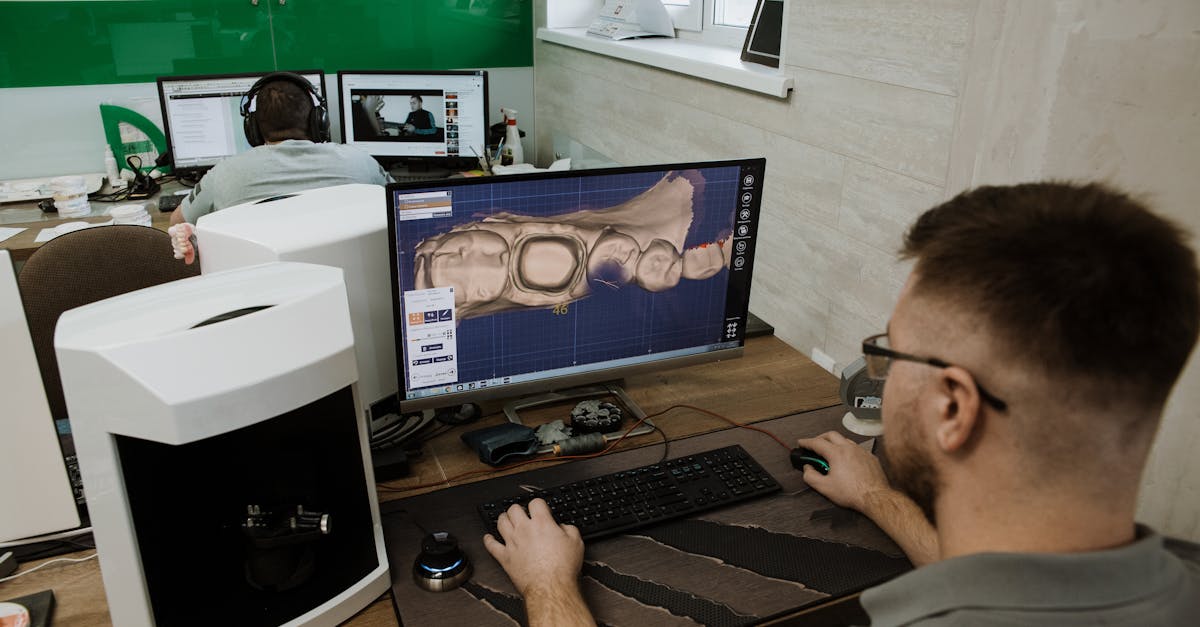
The Unique Features of Subperiosteal Dental Implants
Subperiosteal dental implants, while offering benefits in specific cases, come with their share of potential risks and complications. One major concern is infection at the surgical site. The placement of these implants involves an extensive surgical ...
Read more →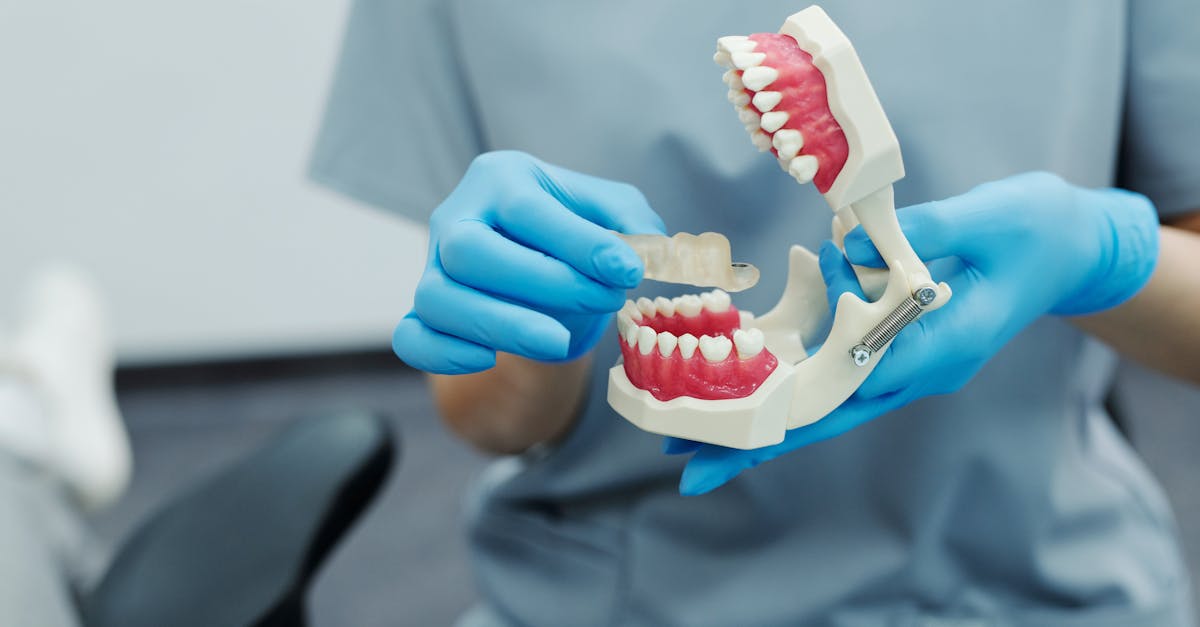
Understanding Subperiosteal Implants and Their Benefits
Following the placement of subperiosteal implants, patients typically experience a healing period that can last several weeks. During this time, it is crucial to follow post-operative care instructions carefully, as this will significantly affect the...
Read more →
Endosteal Implants: Who is a Suitable Candidate?
A thorough evaluation of a patient’s medical history is essential in determining suitability for endosteal implants. Conditions such as uncontrolled diabetes, autoimmune disorders, or significant bone loss can adversely impact healing and integrati...
Read more →
Innovations in Endosteal Implant Technology
The integration of artificial intelligence into implantology marks a significant shift in modern dental practices. AI algorithms can analyse vast amounts of patient data, leading to more precise treatment plans and predictive models. These technologi...
Read more →
The Role of Bone Density in Endosteal Implant Placement
Bone density plays a significant role in the stability and longevity of endosteal implants. Higher bone density typically correlates with better implant integration, reducing the likelihood of complications such as implant failure. This strong founda...
Read more →
Factors Influencing the Success Rate of Endosteal Implants
Successful integration of endosteal implants often hinges on the quality and quantity of the surrounding bone. Patients with insufficient bone density may require additional procedures to augment the bone structure. This can involve bone grafting, wh...
Read more →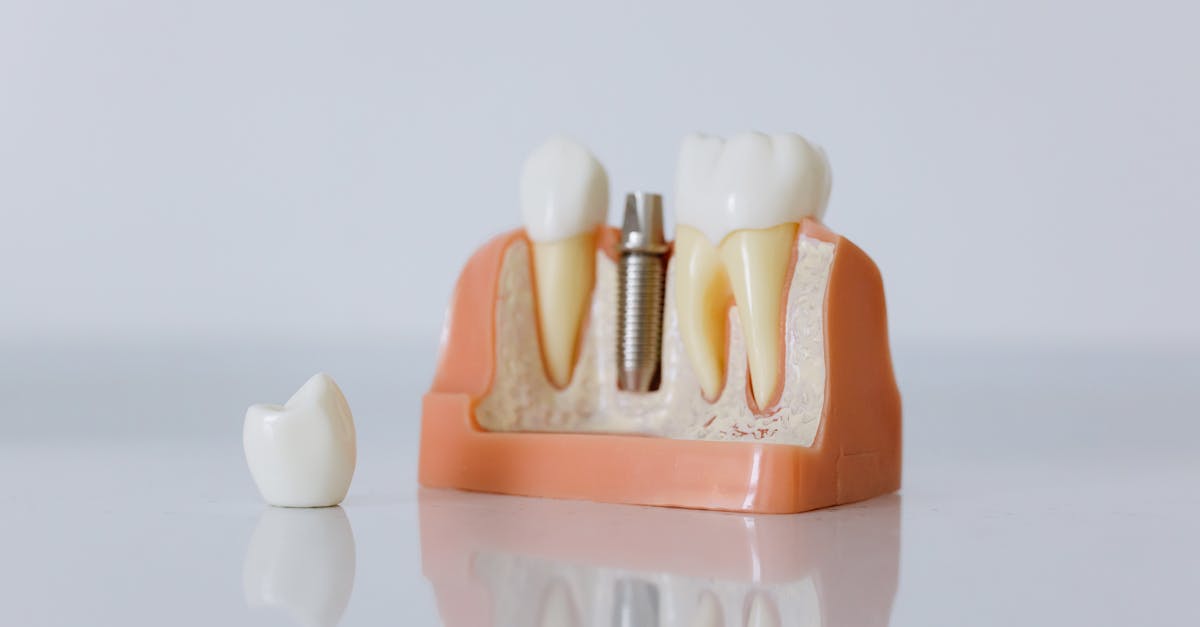
How Endosteal Implants Are Customised for Individual Patients
The choice of materials for endosteal implants plays a vital role in their performance and longevity. Titanium is the most commonly used material due to its strength, lightweight nature and excellent biocompatibility. Other options like zirconia are ...
Read more →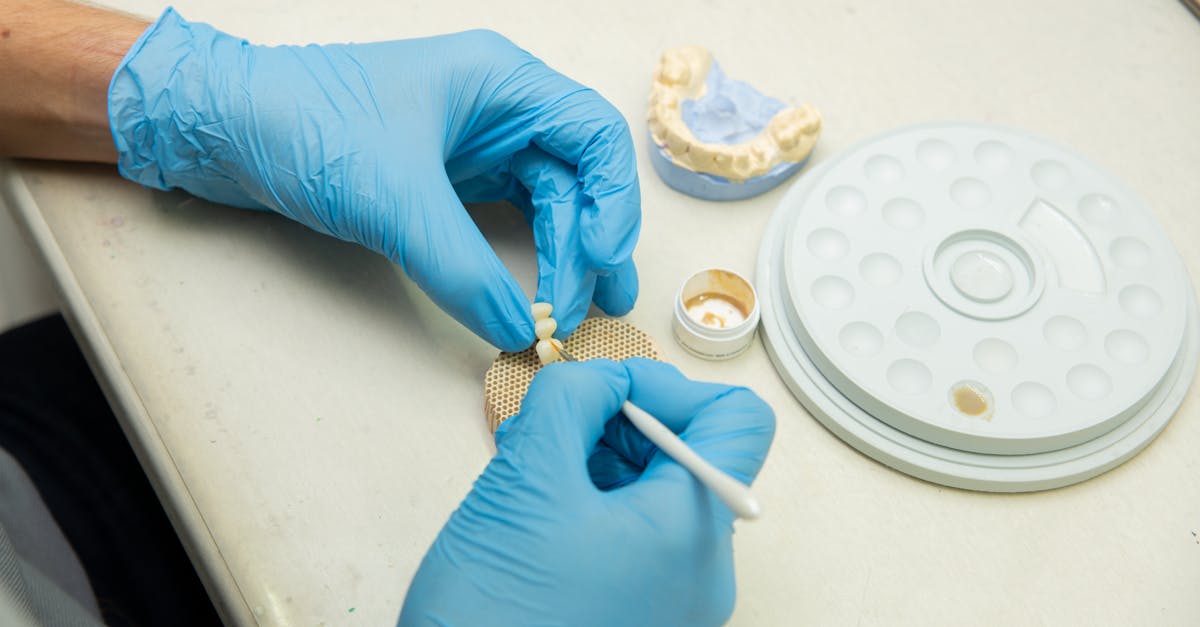
Common Myths About Endosteal Implants Debunked
Many people believe that all dental implants look identical, leading to misconceptions about their aesthetic appeal. In reality, endosteal implants can be customised to match the colour, shape, and size of a patient's natural teeth, ensuring a seamle...
Read more →
Why Endosteal Implants Are a Popular Choice Among Brisbane Dentists
Many patients in Brisbane express high levels of satisfaction with endosteal implants. The success rate of these implants contributes significantly to positive experiences. Most patients report a noticeable improvement in their quality of life, inclu...
Read more →
Endosteal Implants vs Traditional Dentures: A Comparative Analysis
The process begins with a comprehensive consultation, where the dental professional assesses the patient's oral health and determines the suitability for endosteal implants. X-rays or 3D imaging may be employed to evaluate the jawbone's condition and...
Read more →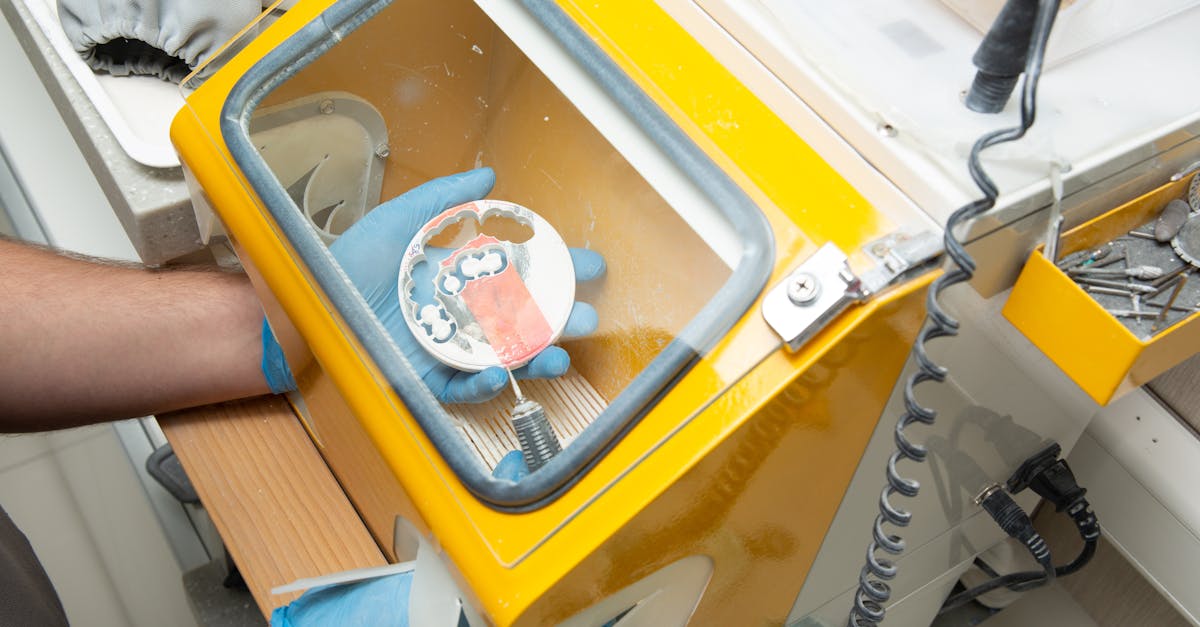
The Process of Placing Endosteal Implants Explained
Following the placement of endosteal implants, proper care is essential for ensuring a smooth recovery. Patients should adhere closely to their dentist's instructions regarding oral hygiene practices. Gentle brushing and rinsing with a saltwater solu...
Read more →
Understanding the Benefits of Endosteal Implants in Brisbane
Individuals with missing teeth, whether due to injury, decay, or other dental issues, often find endosteal implants a viable solution. These implants provide stability and functionality to the mouth. Healthy jawbone density is crucial, as the implant...
Read more →